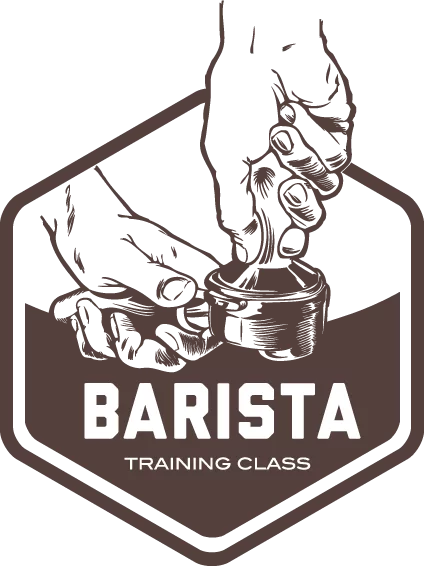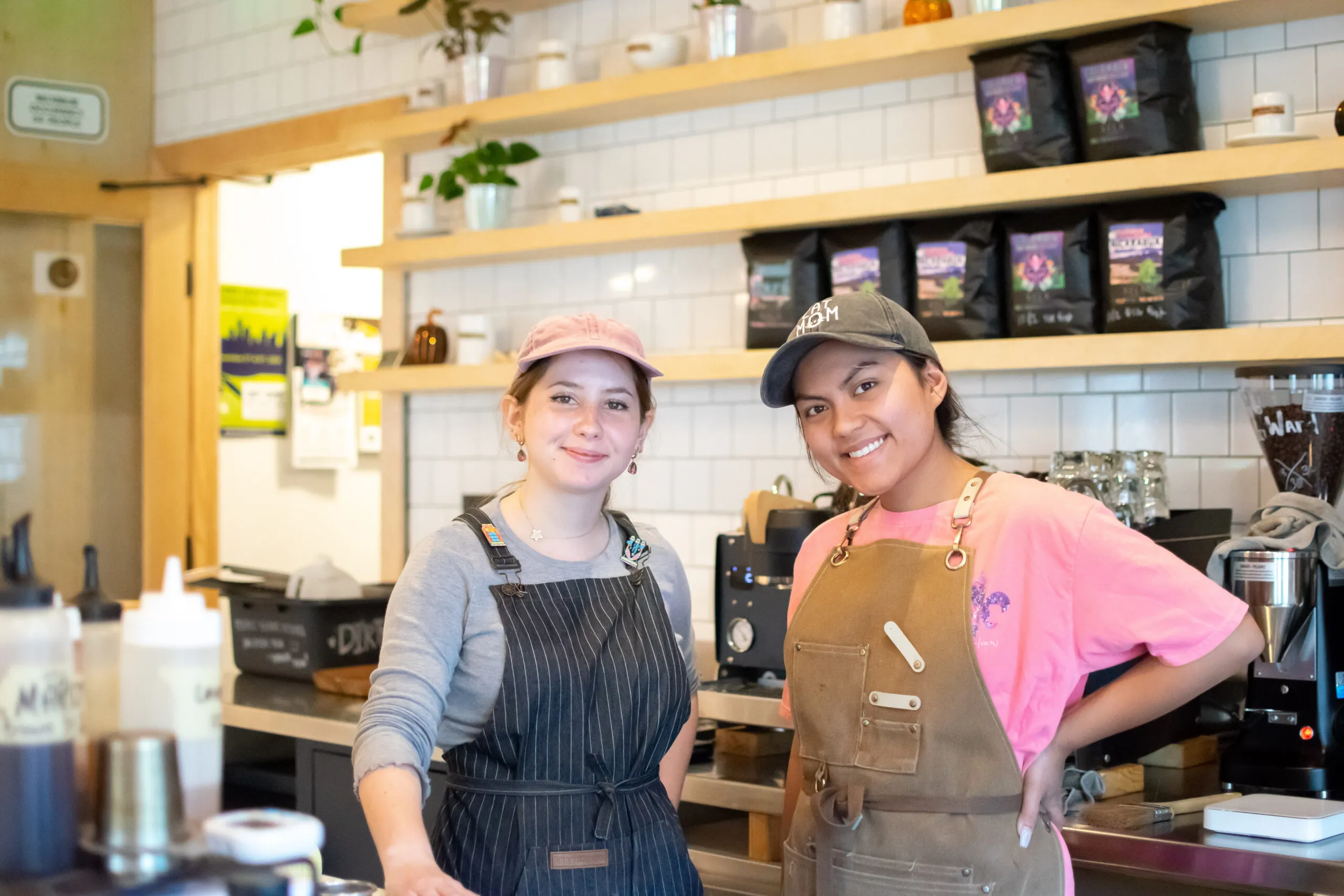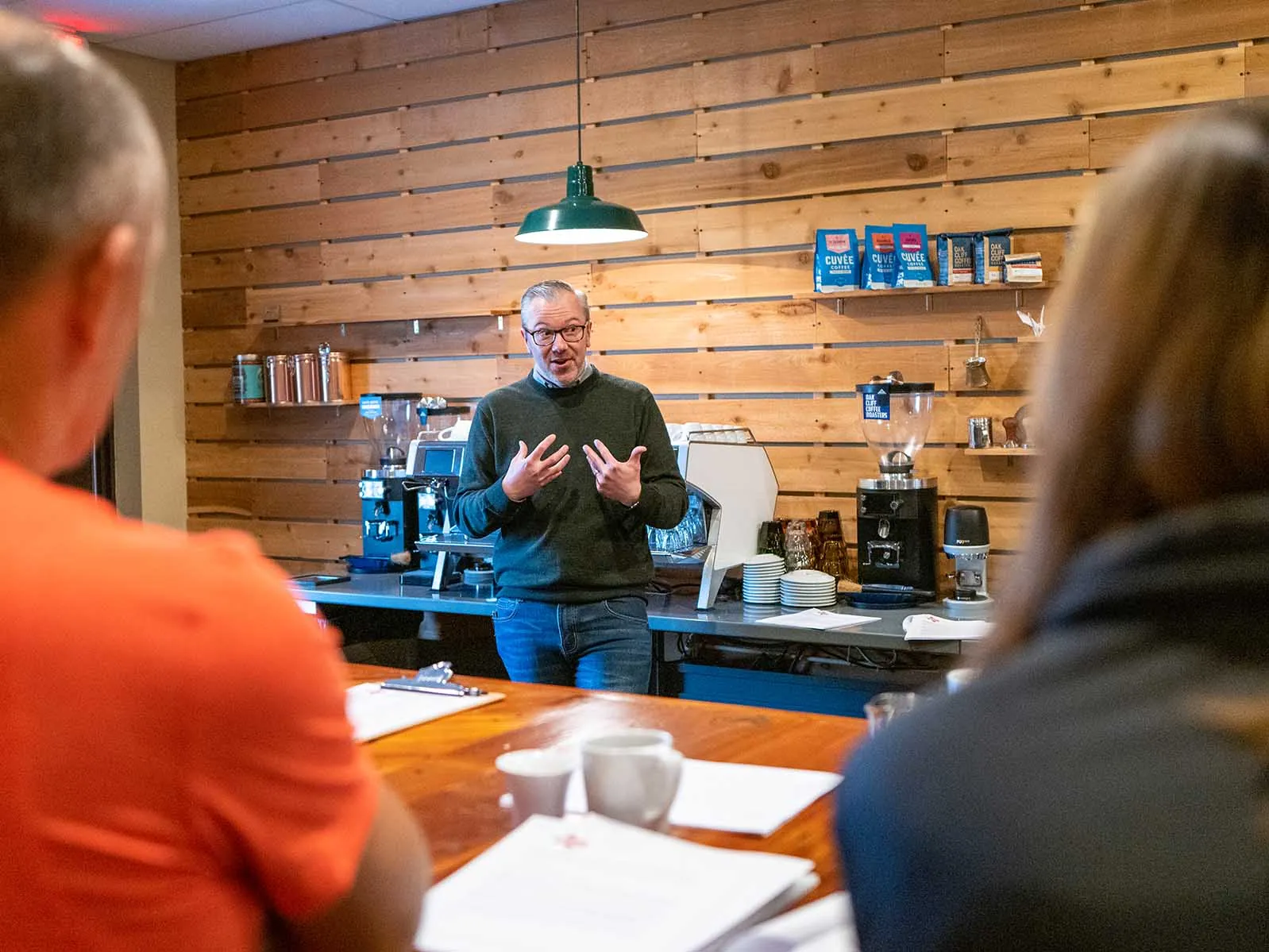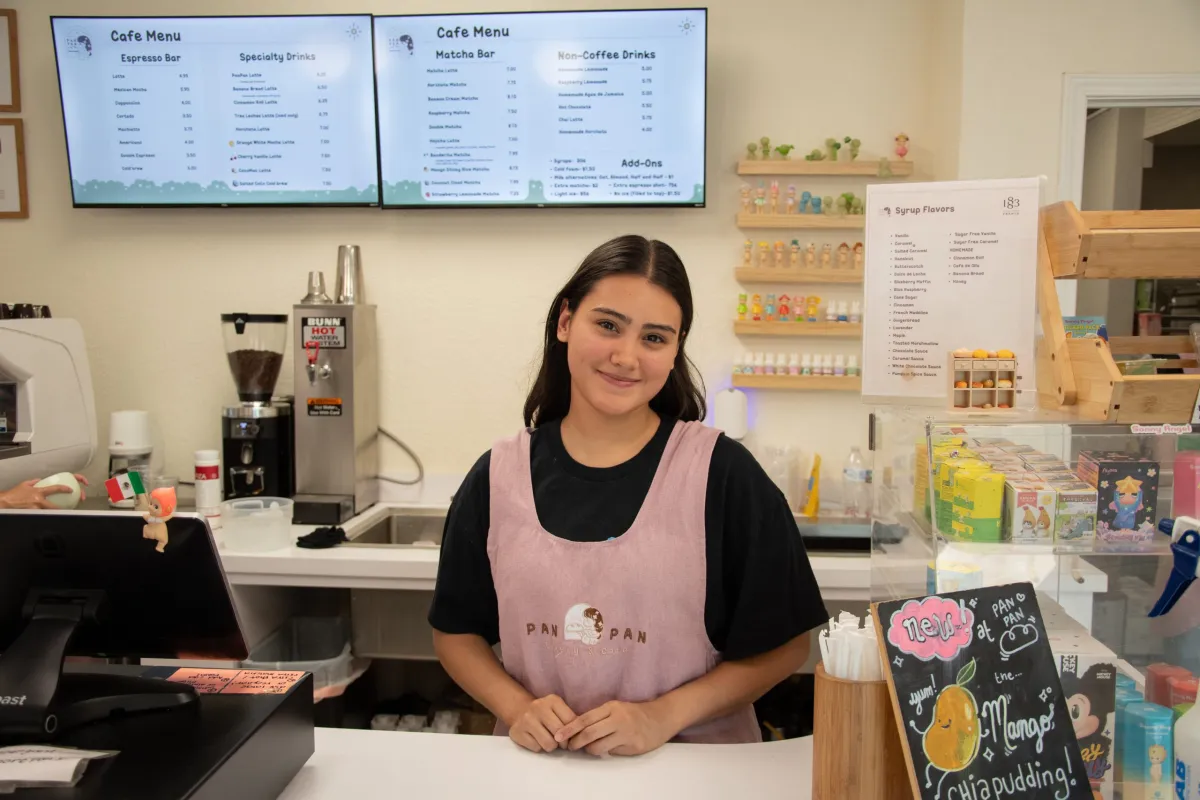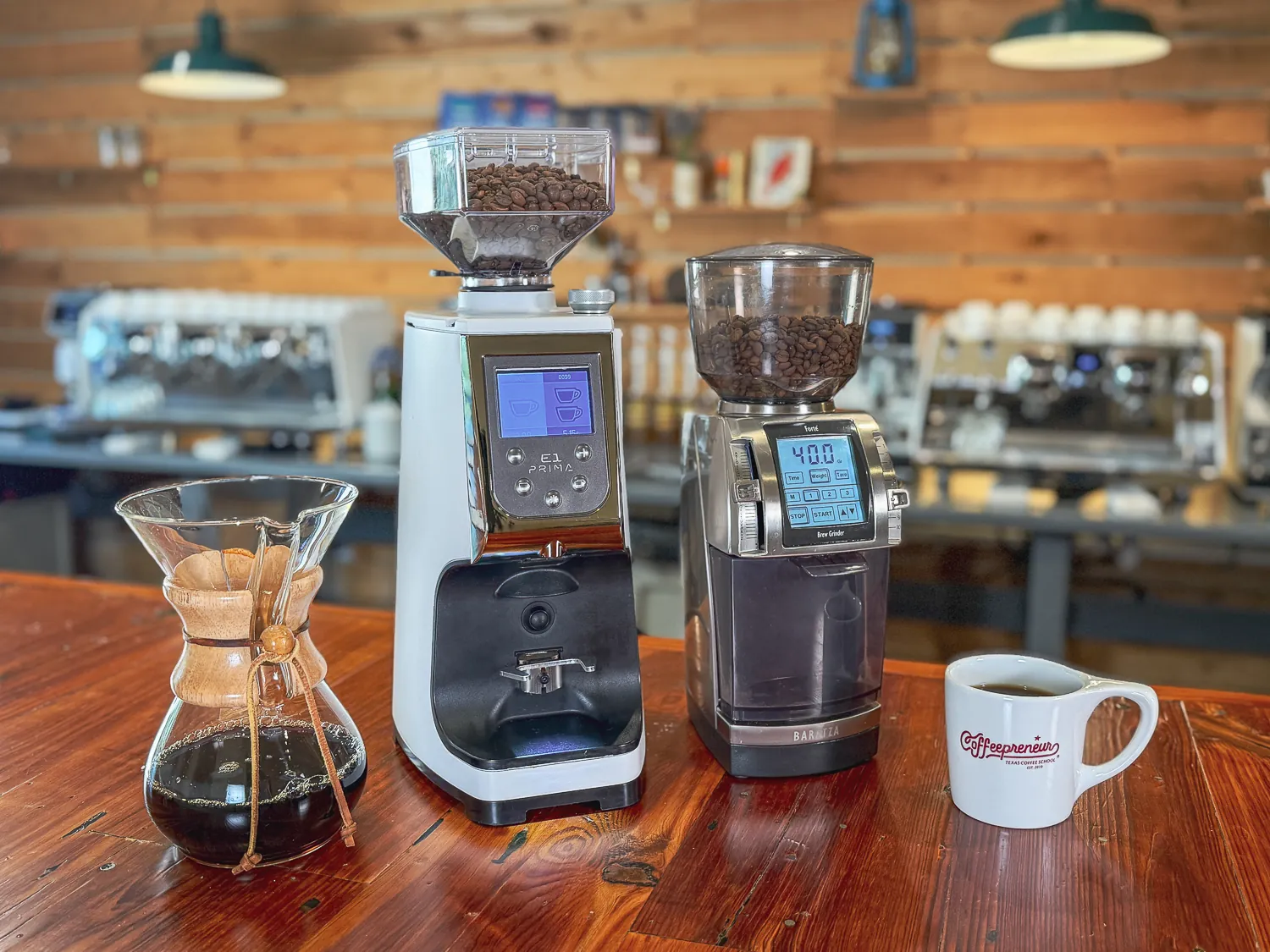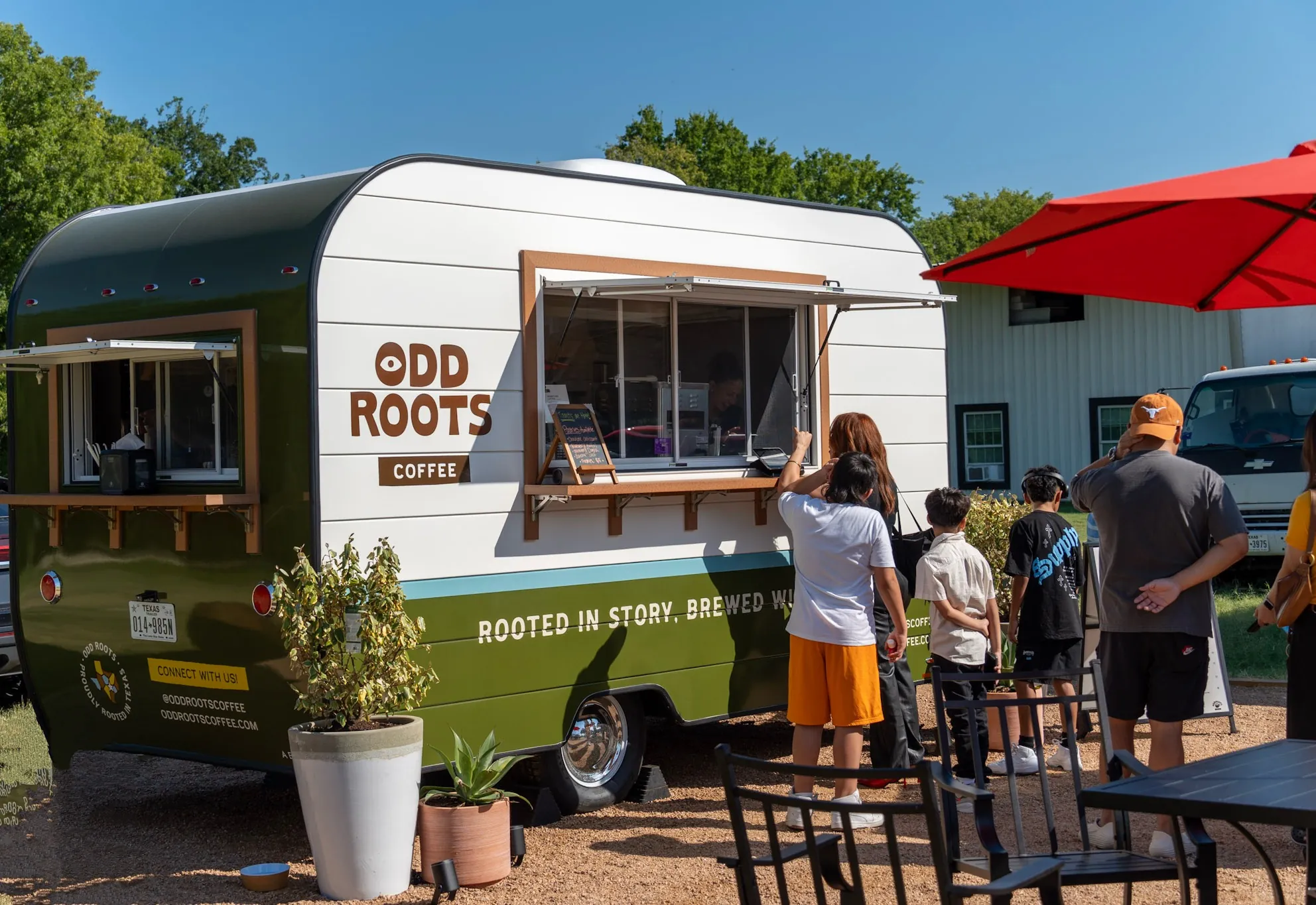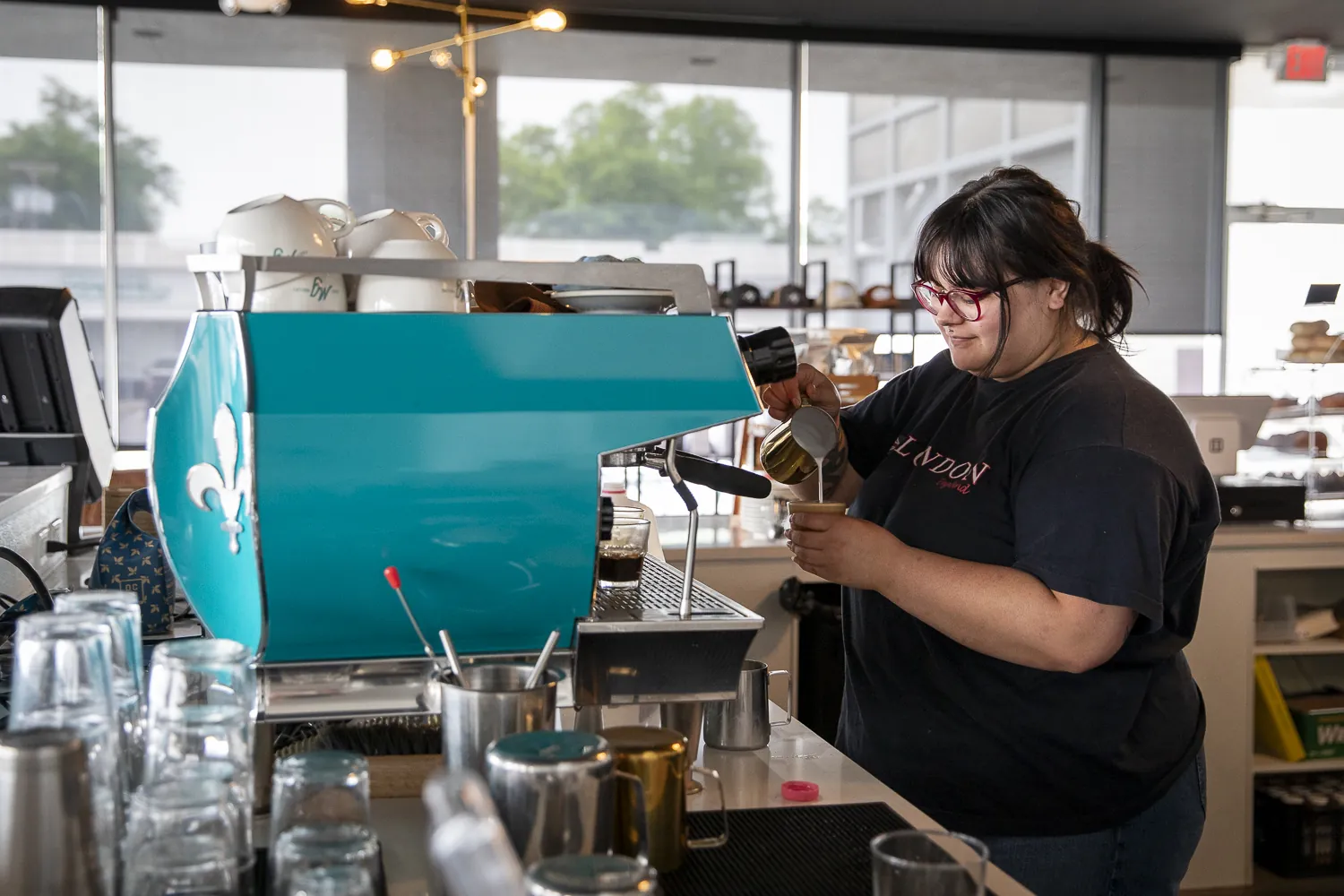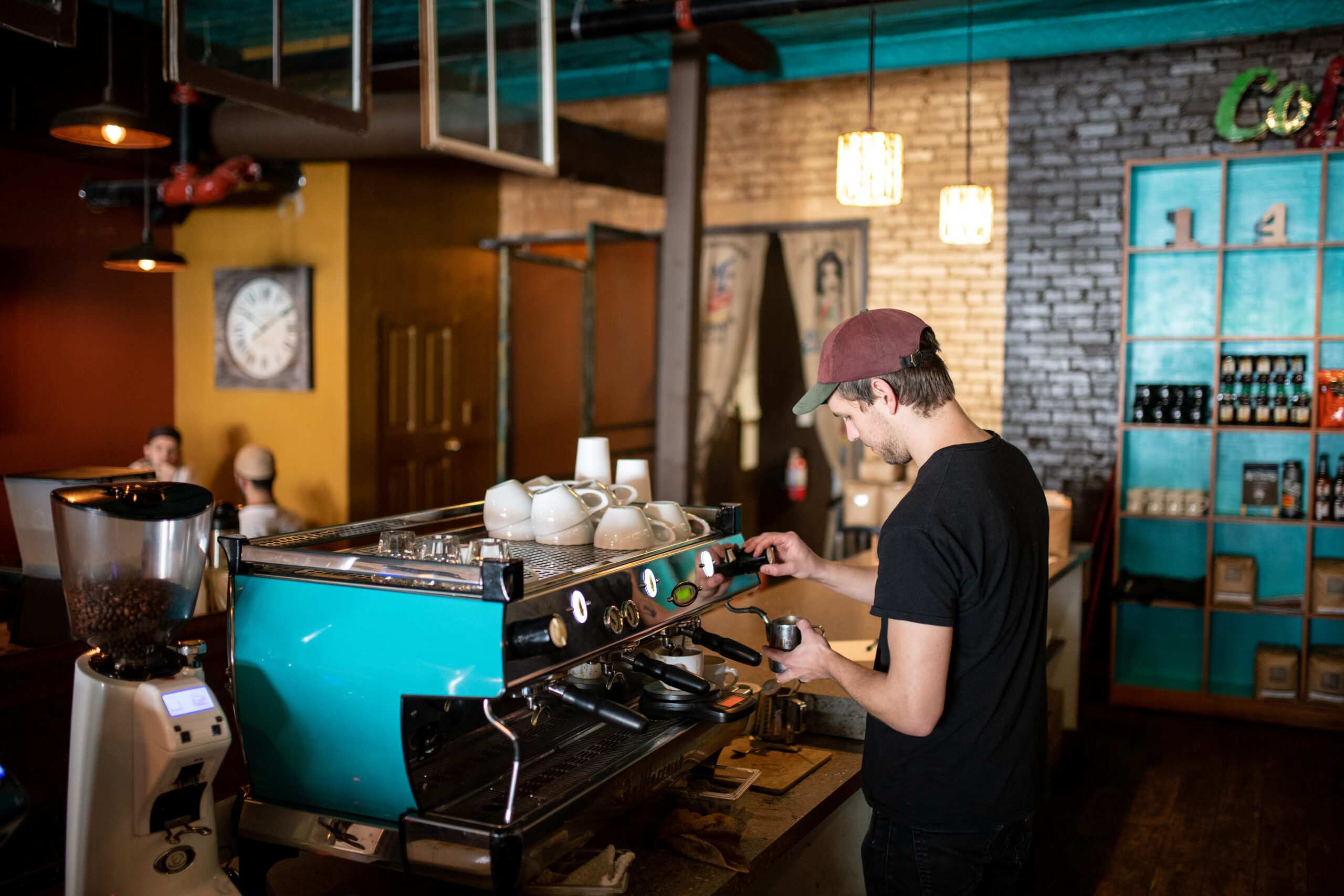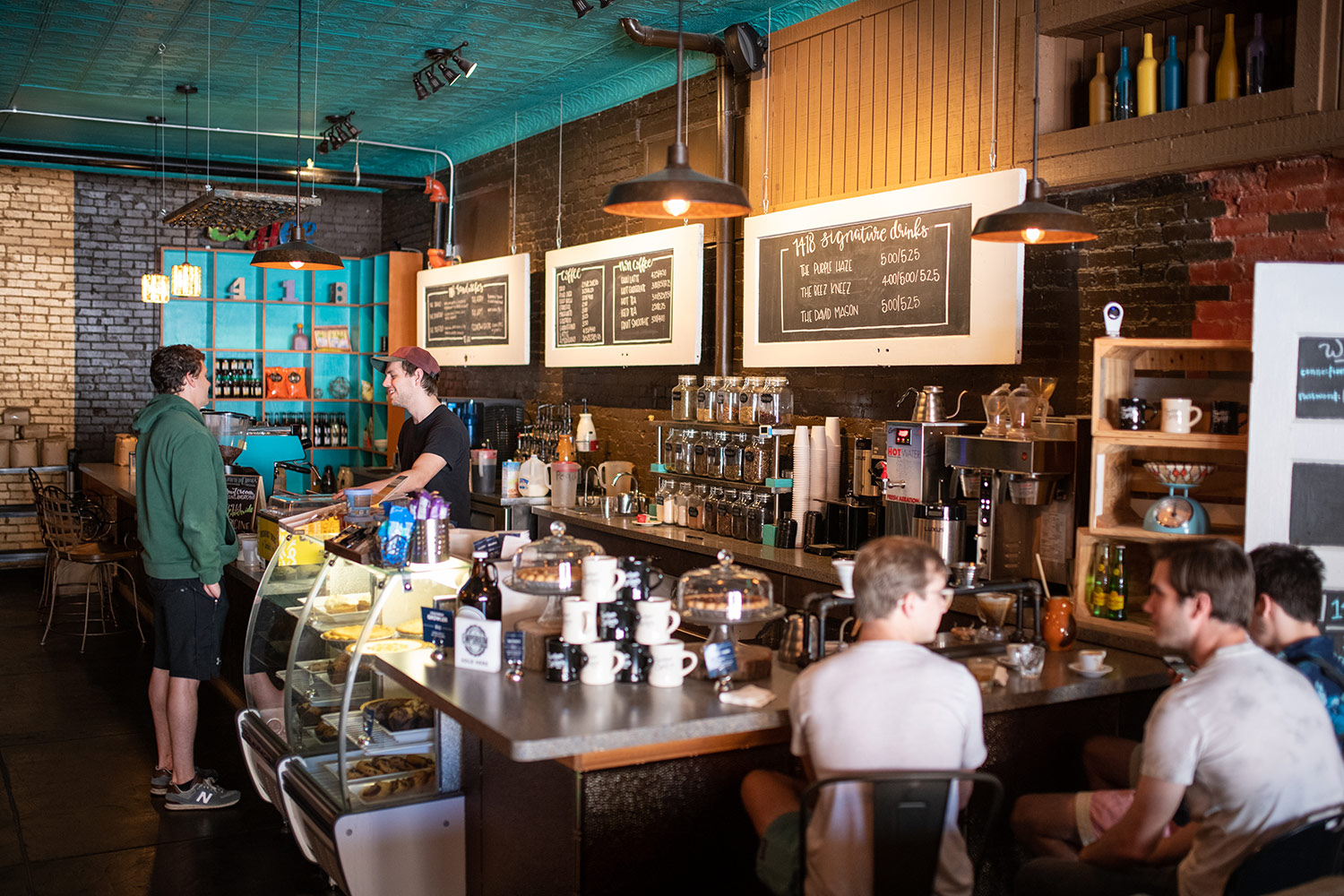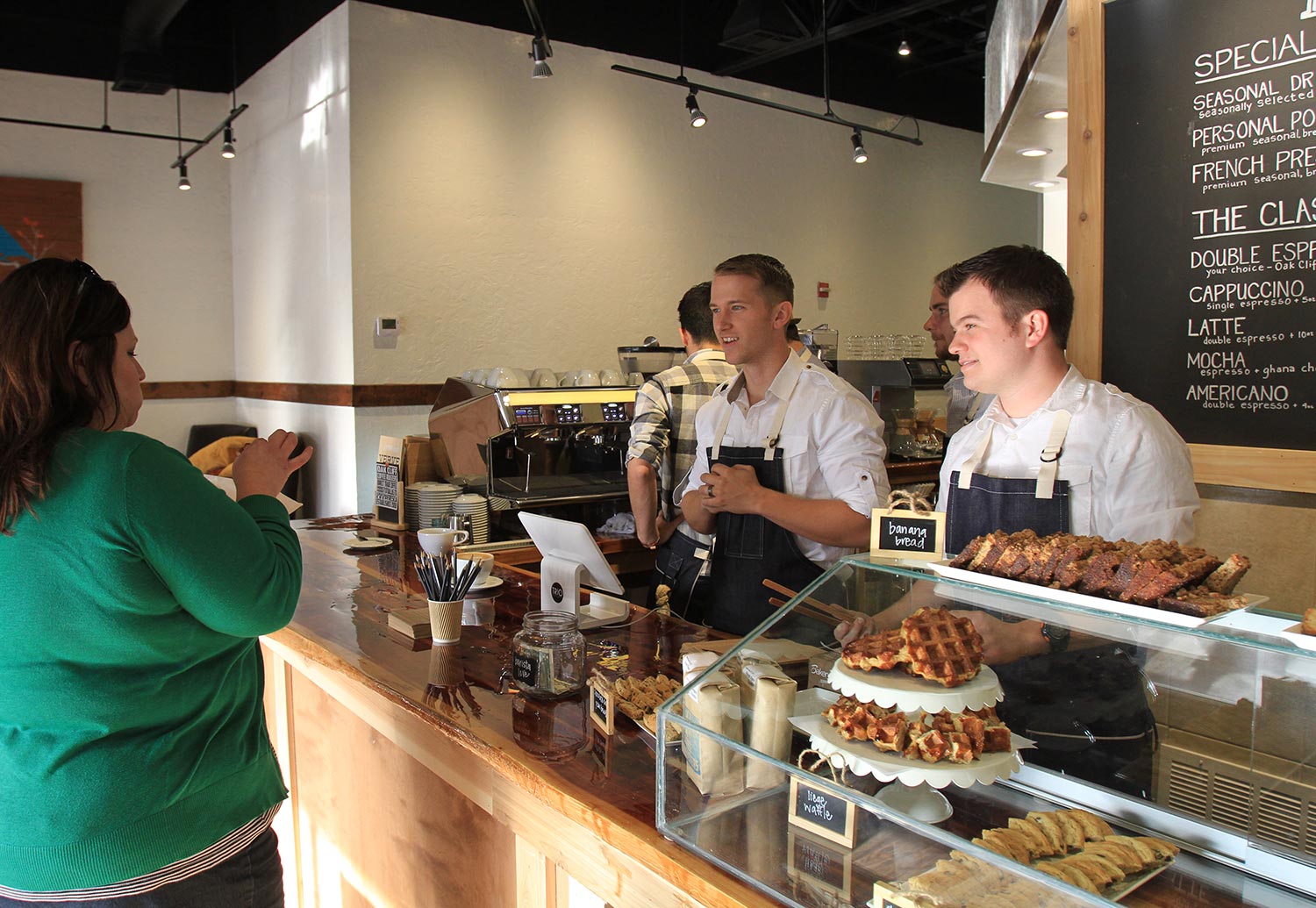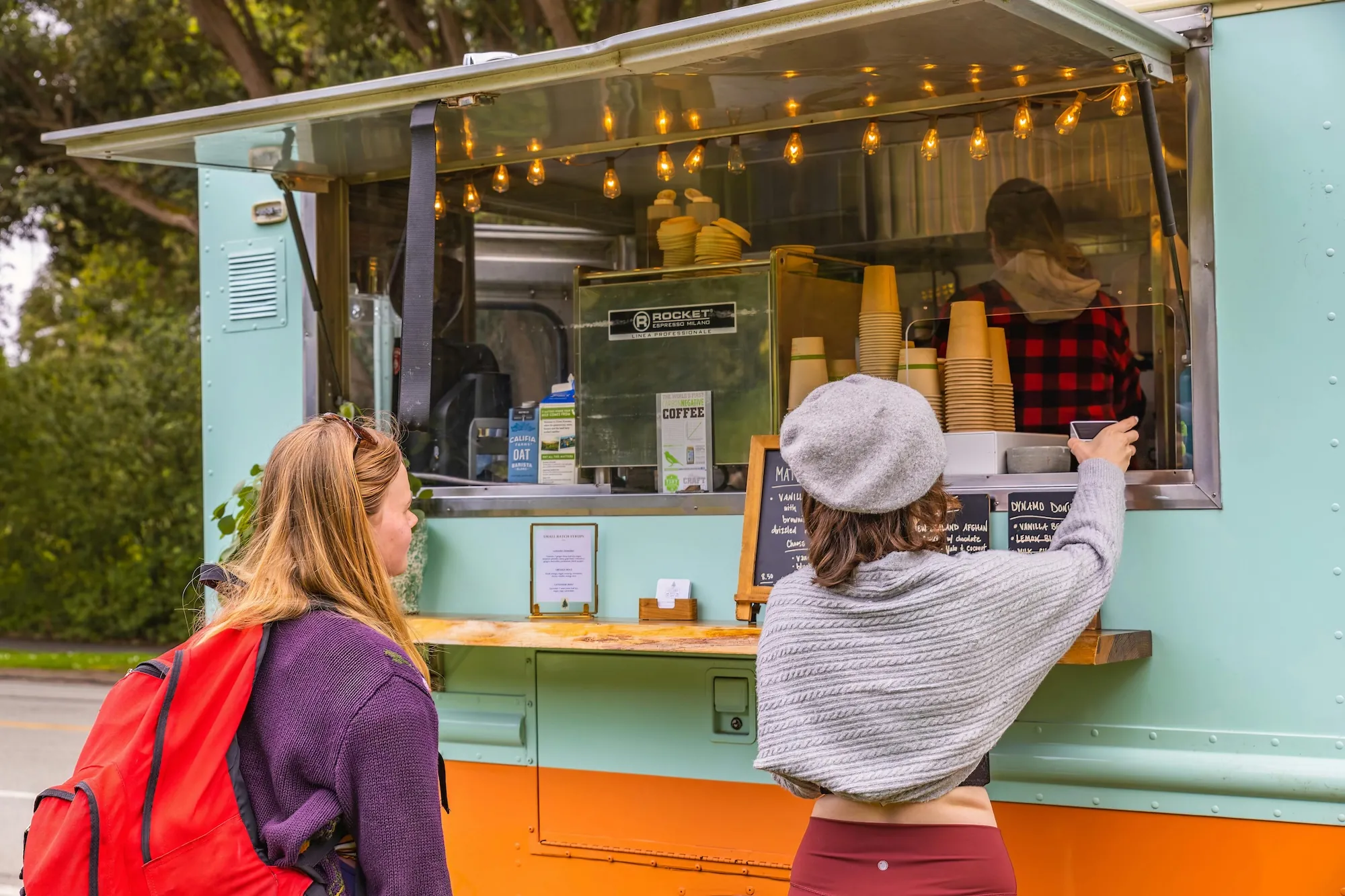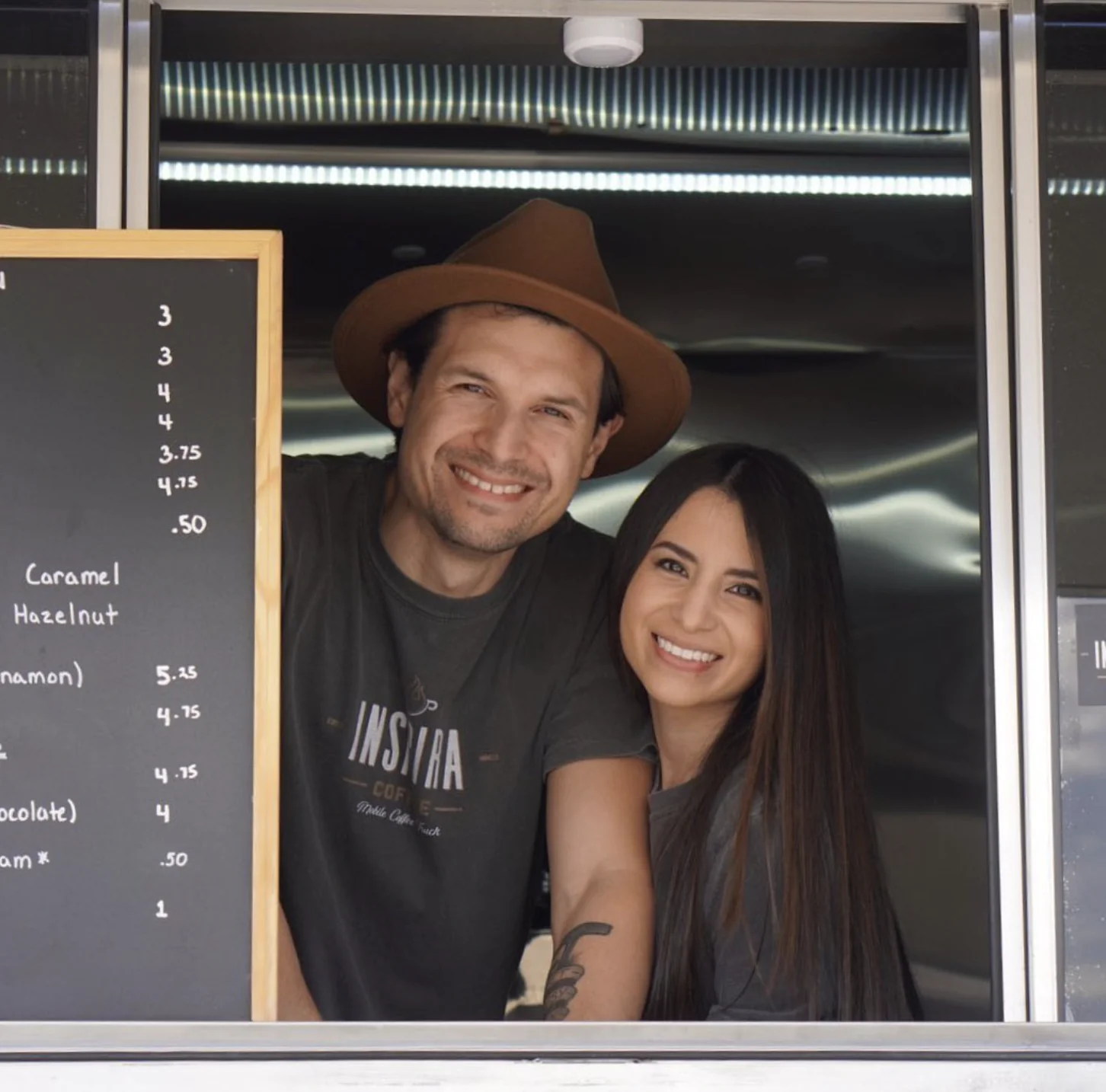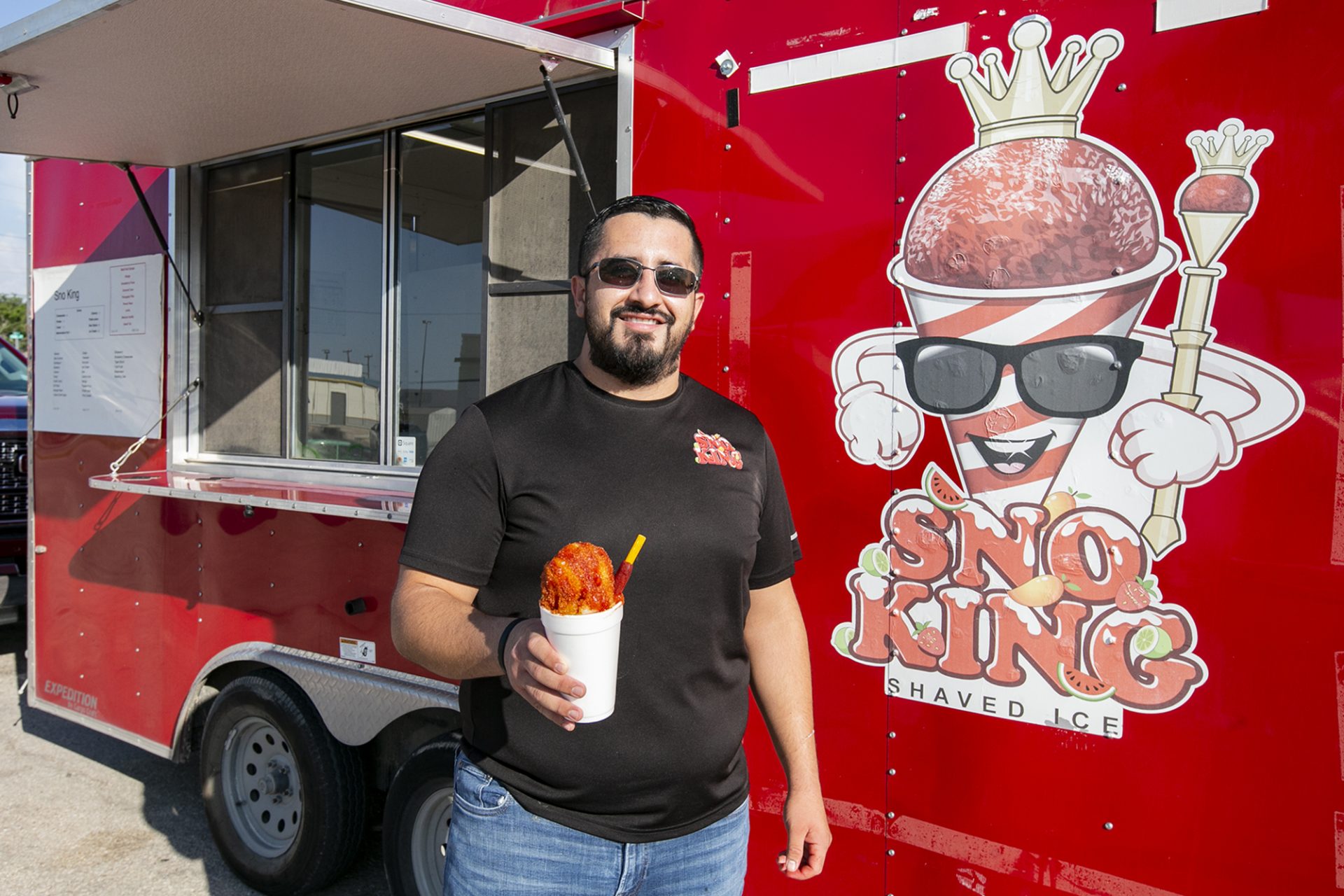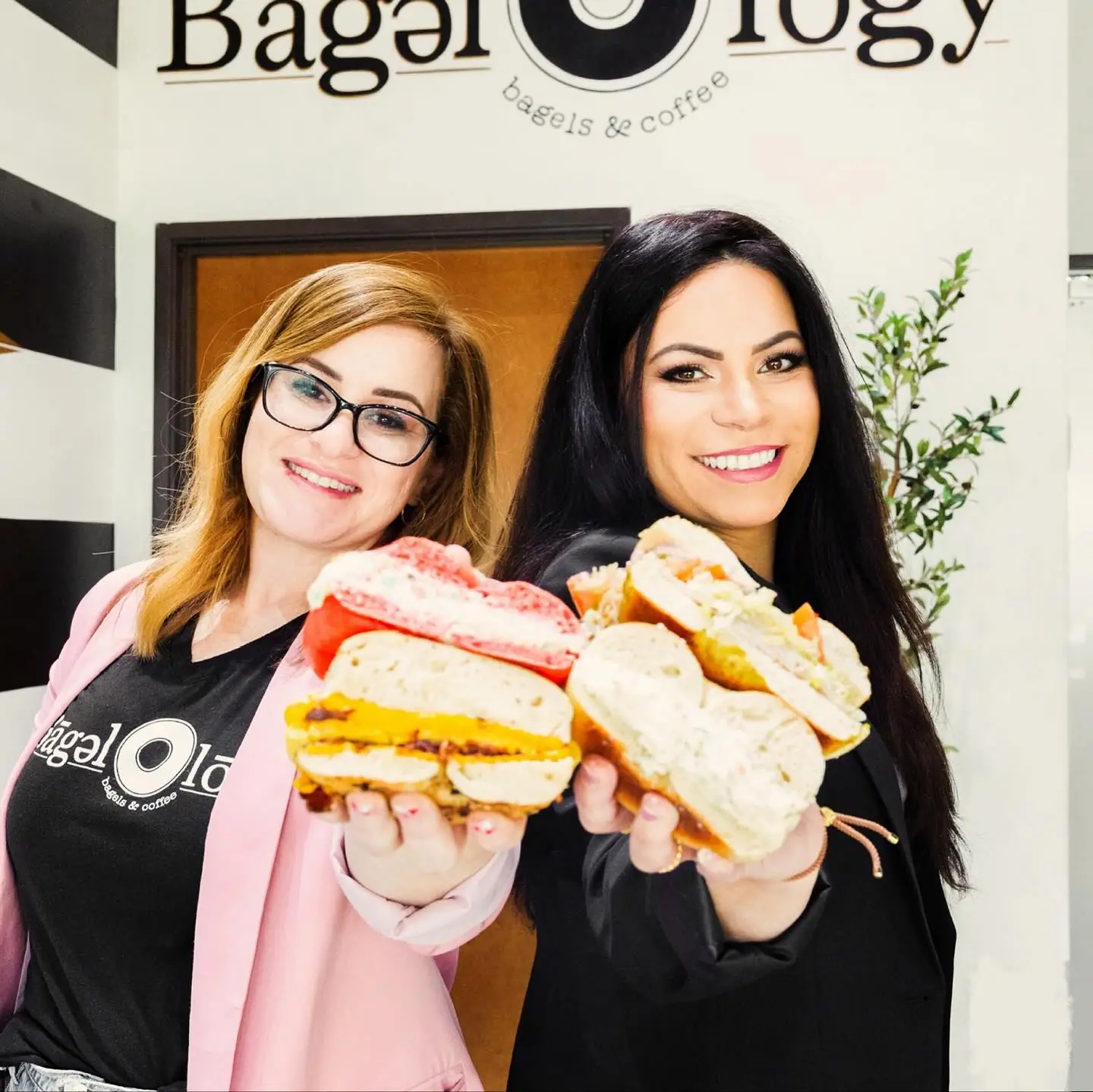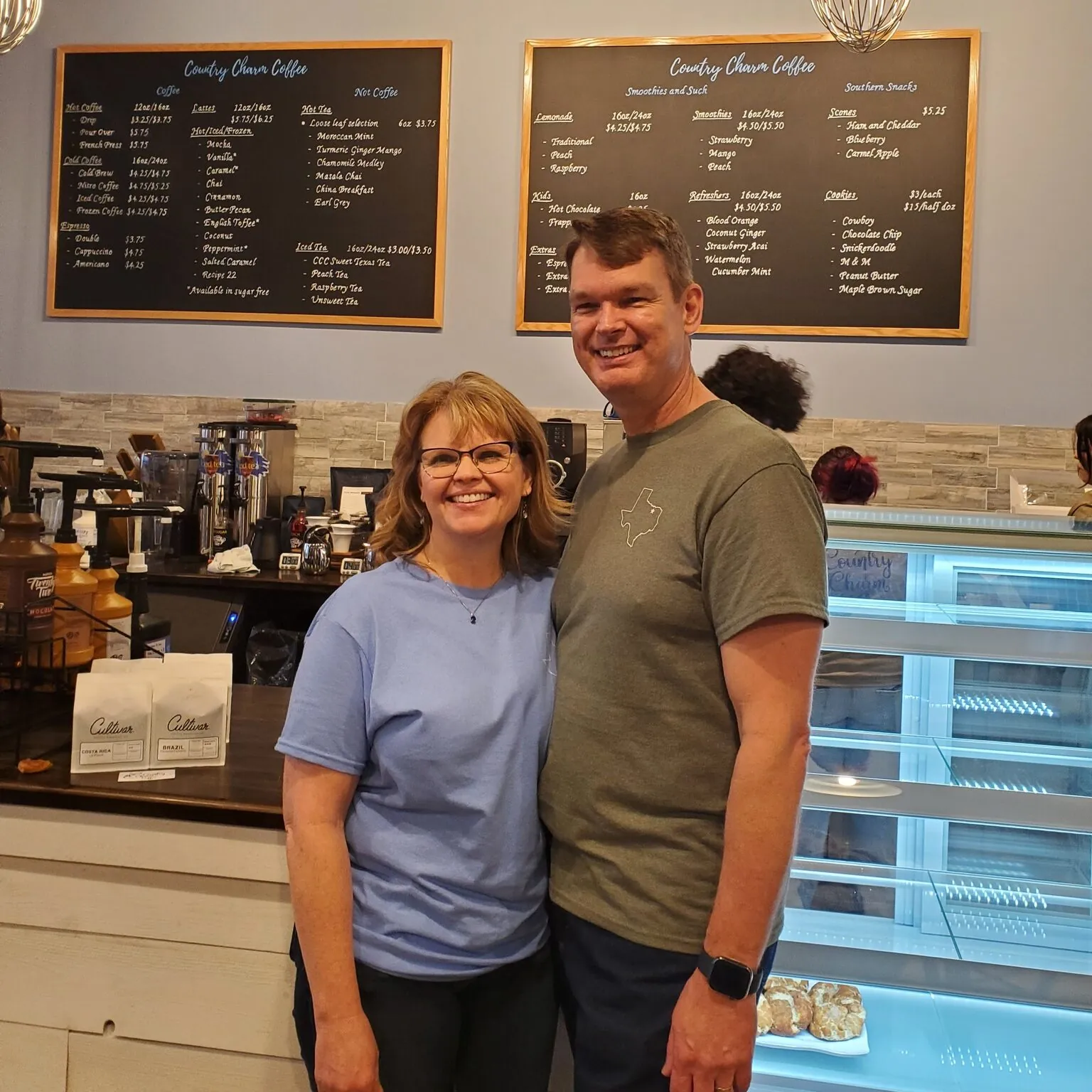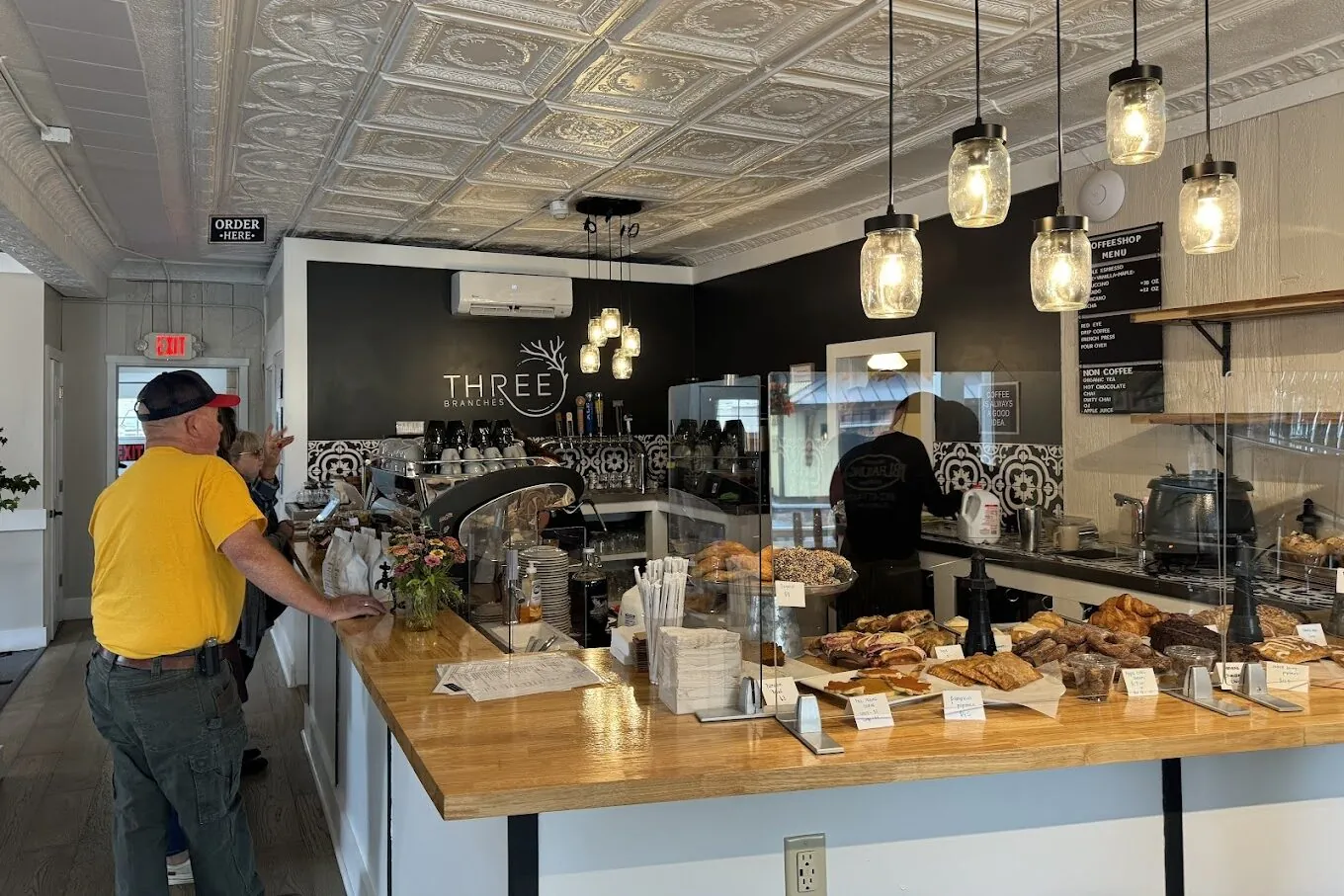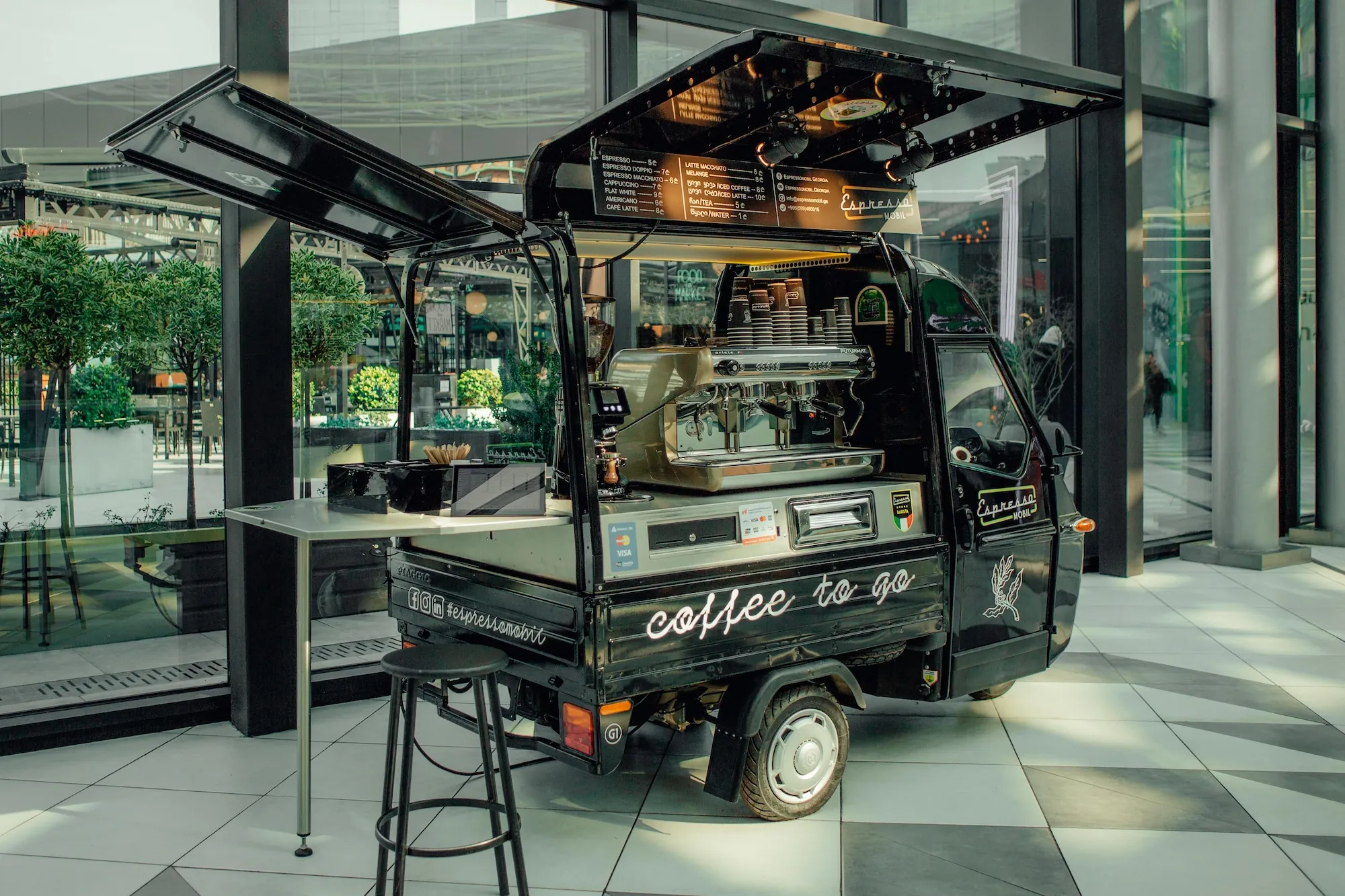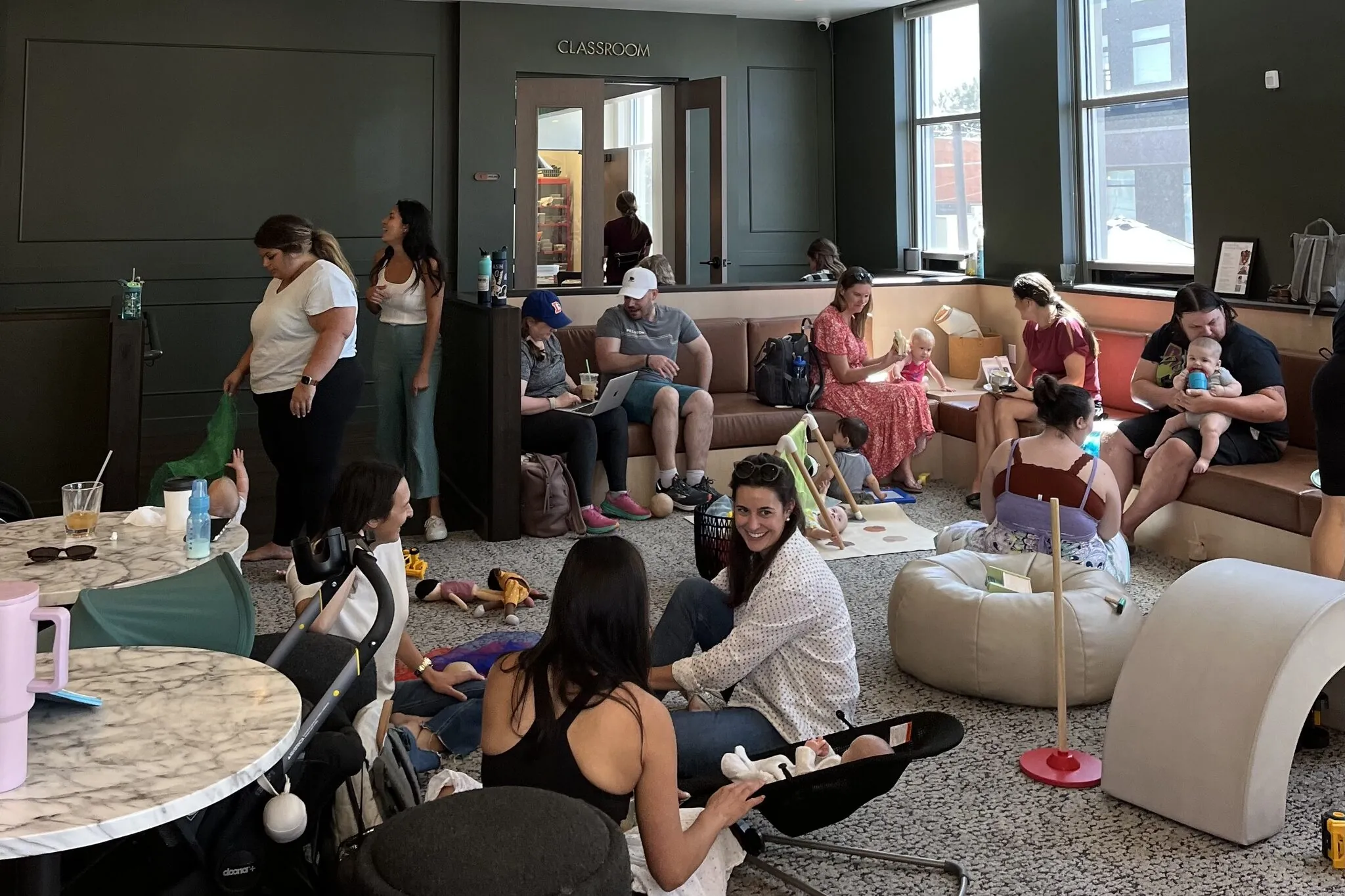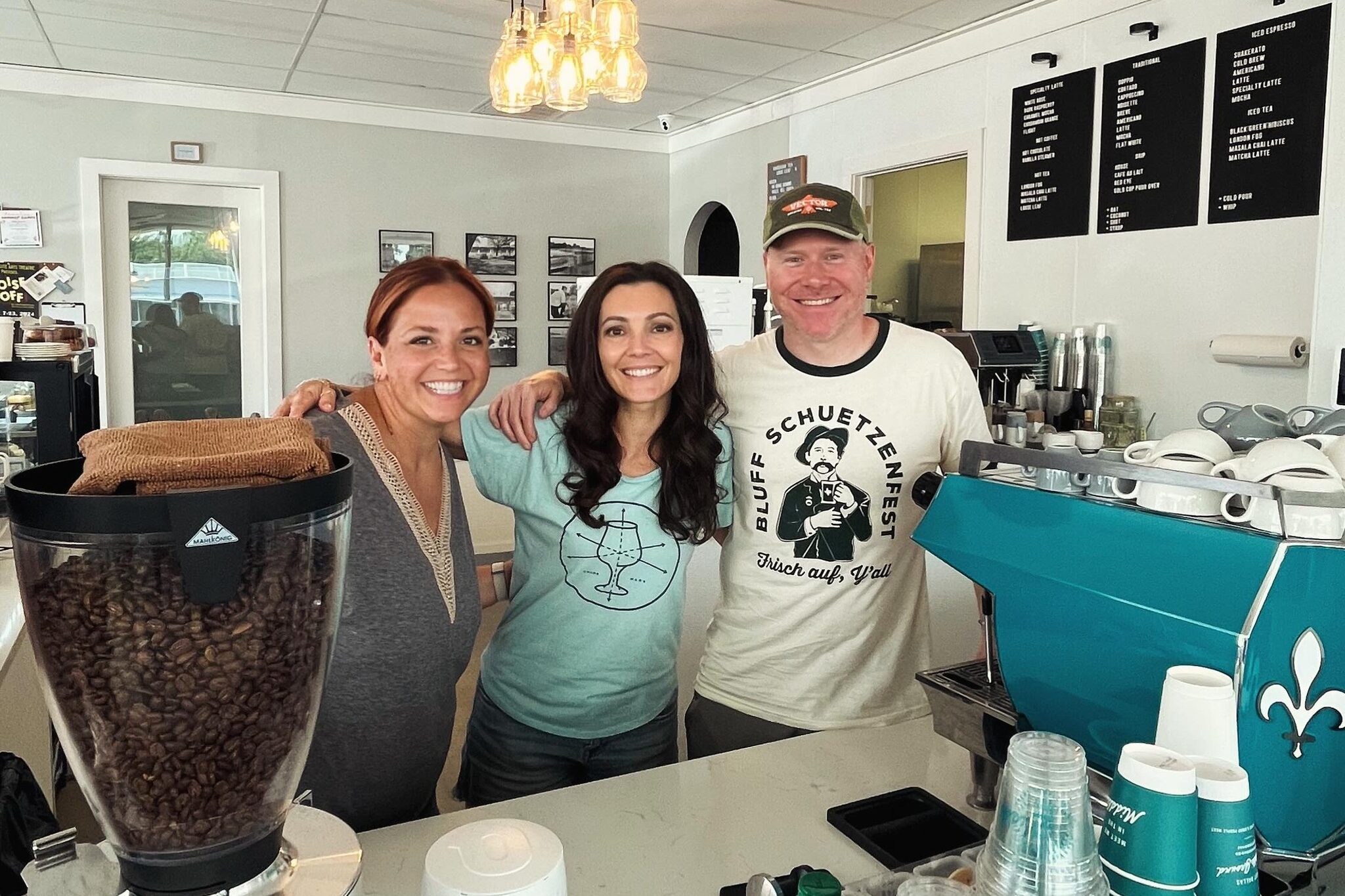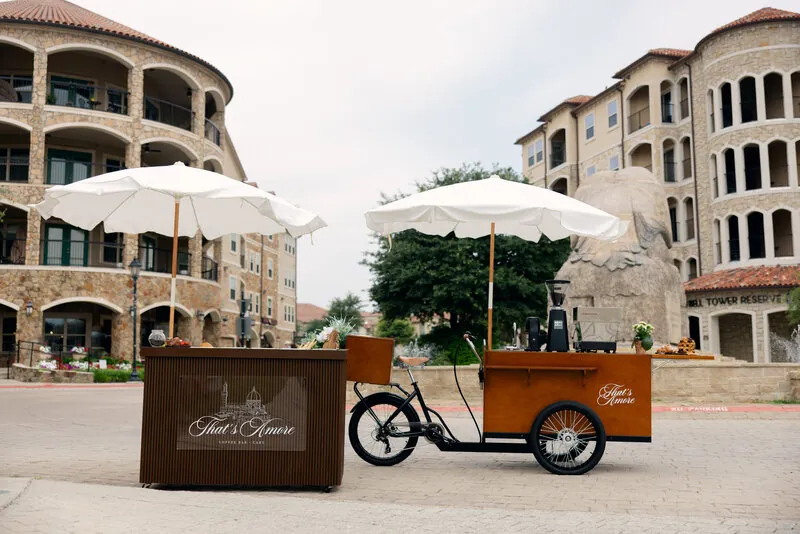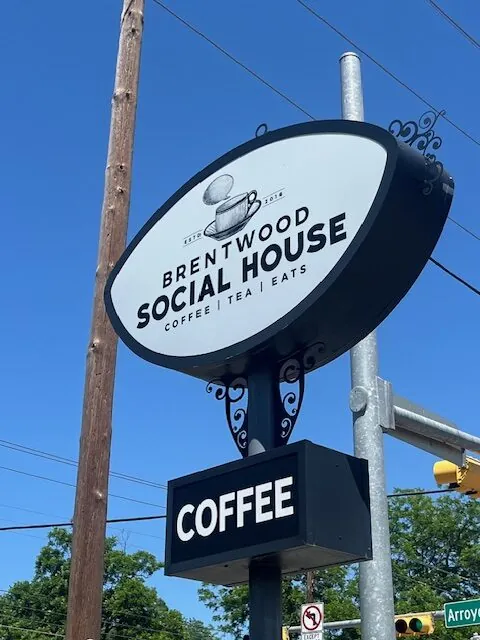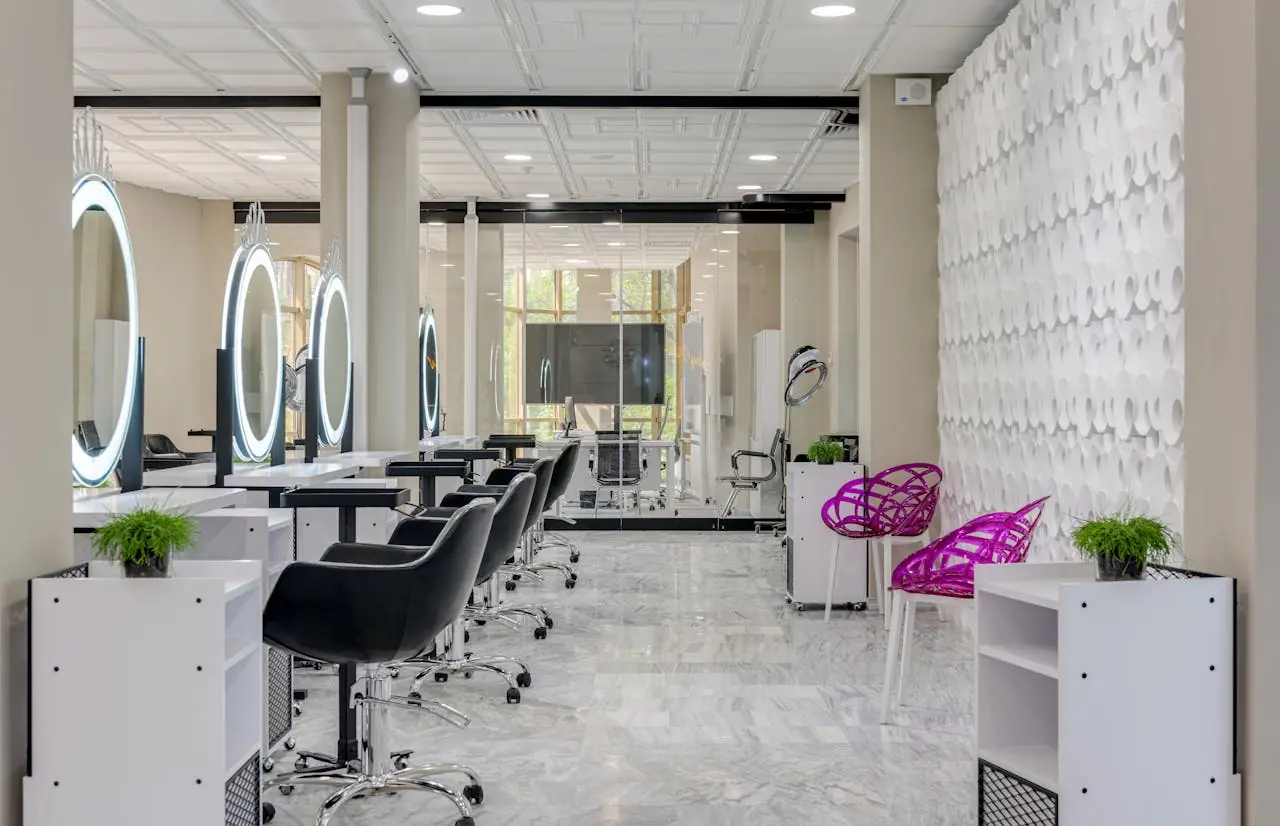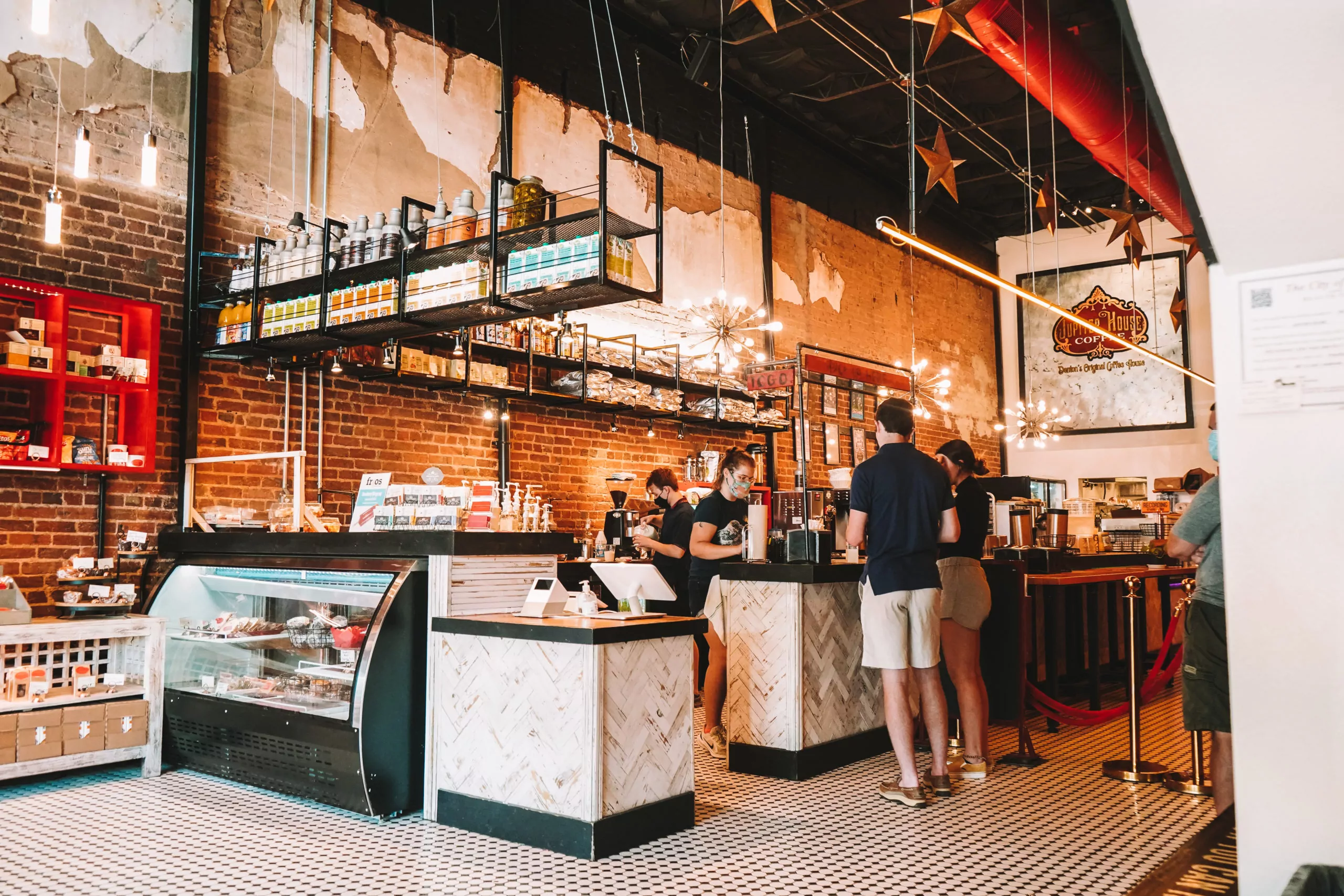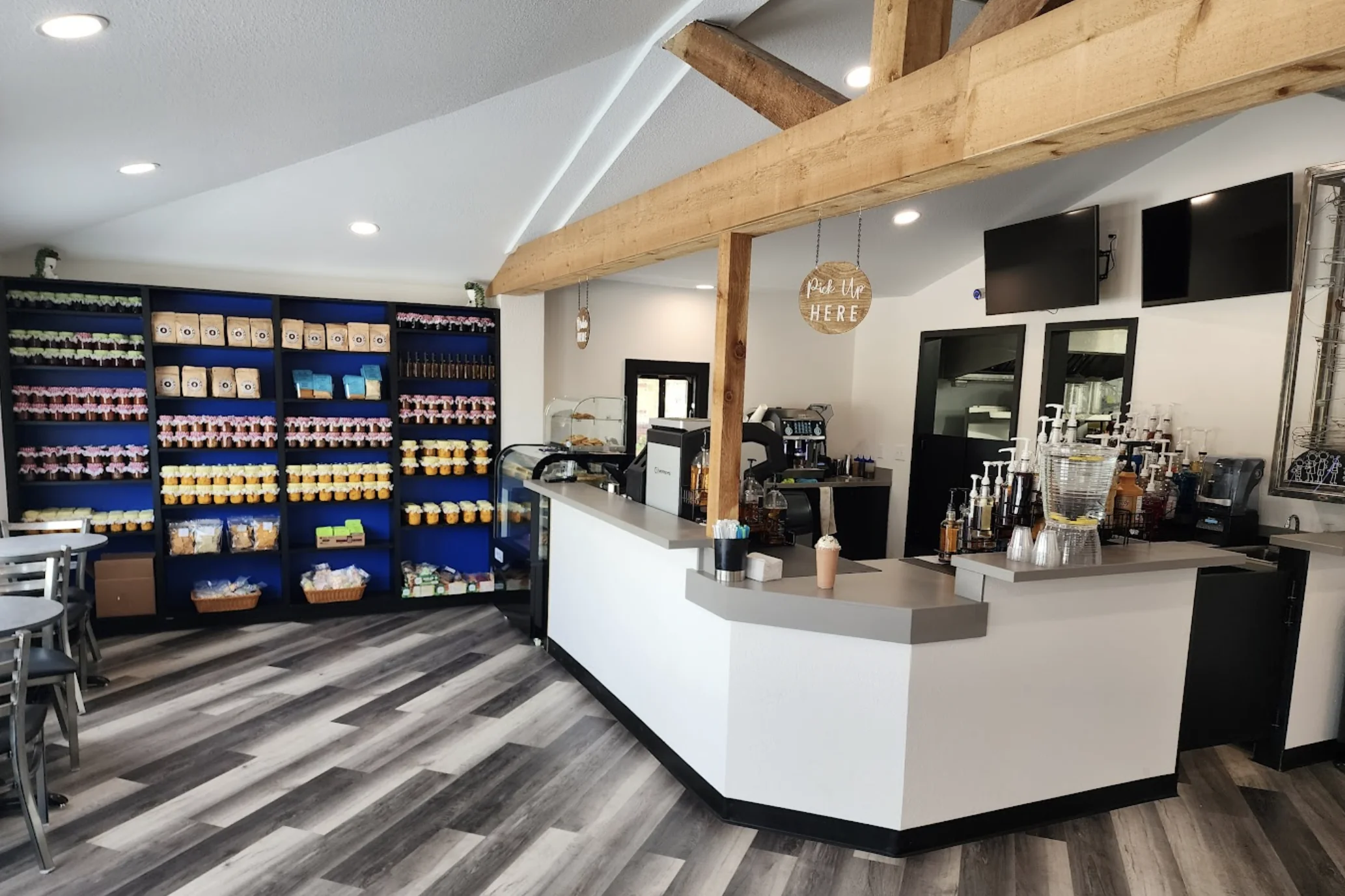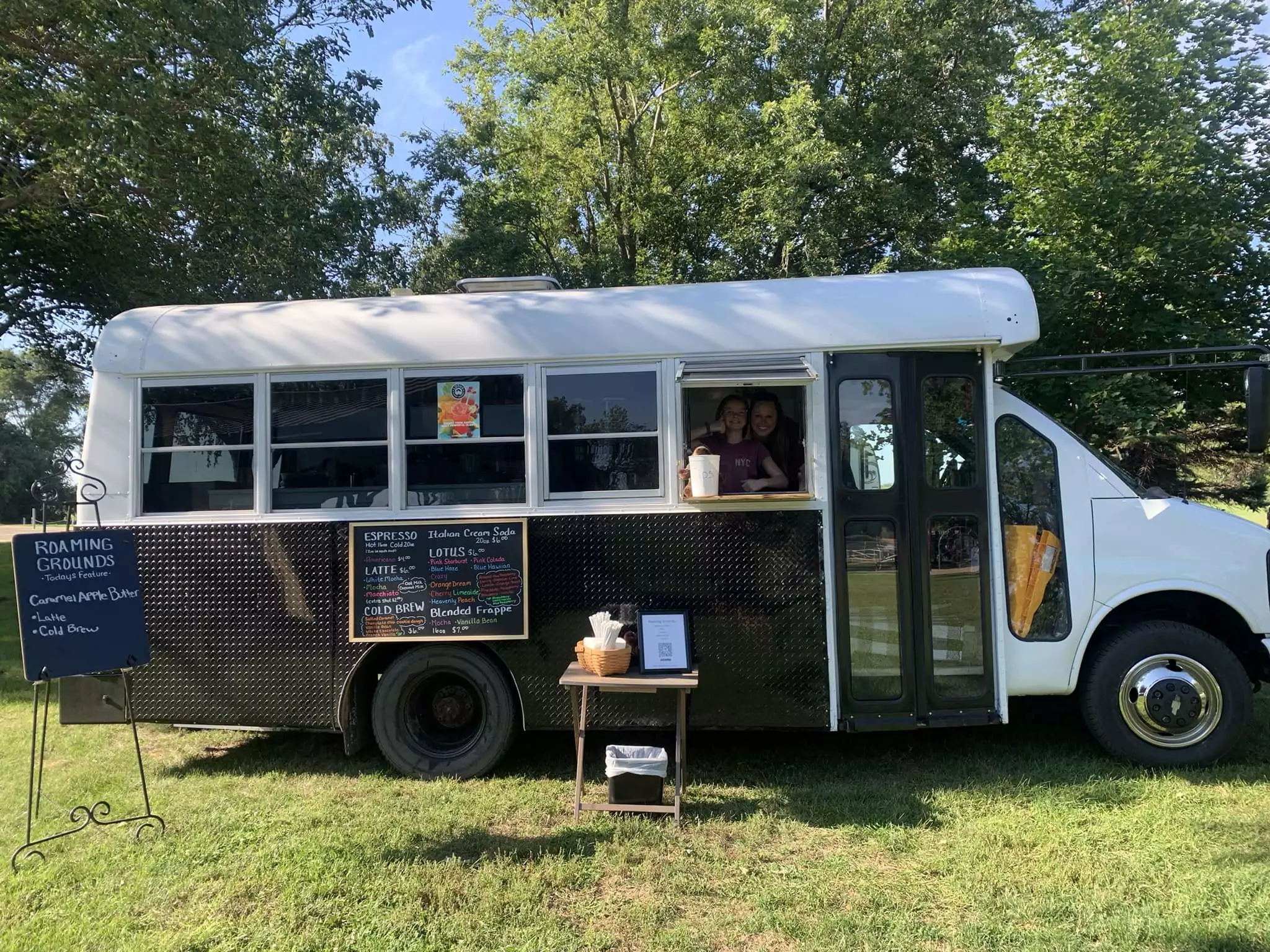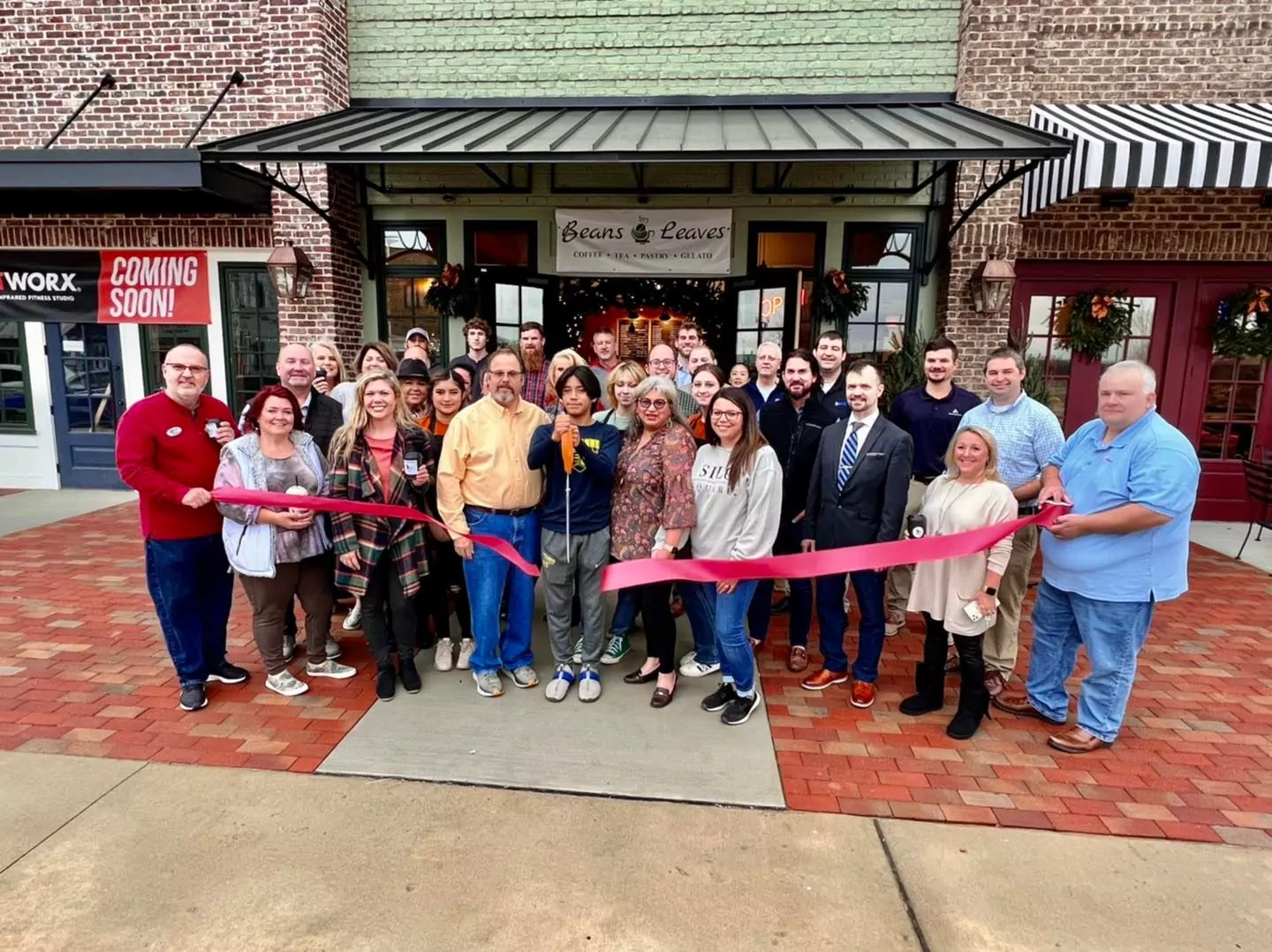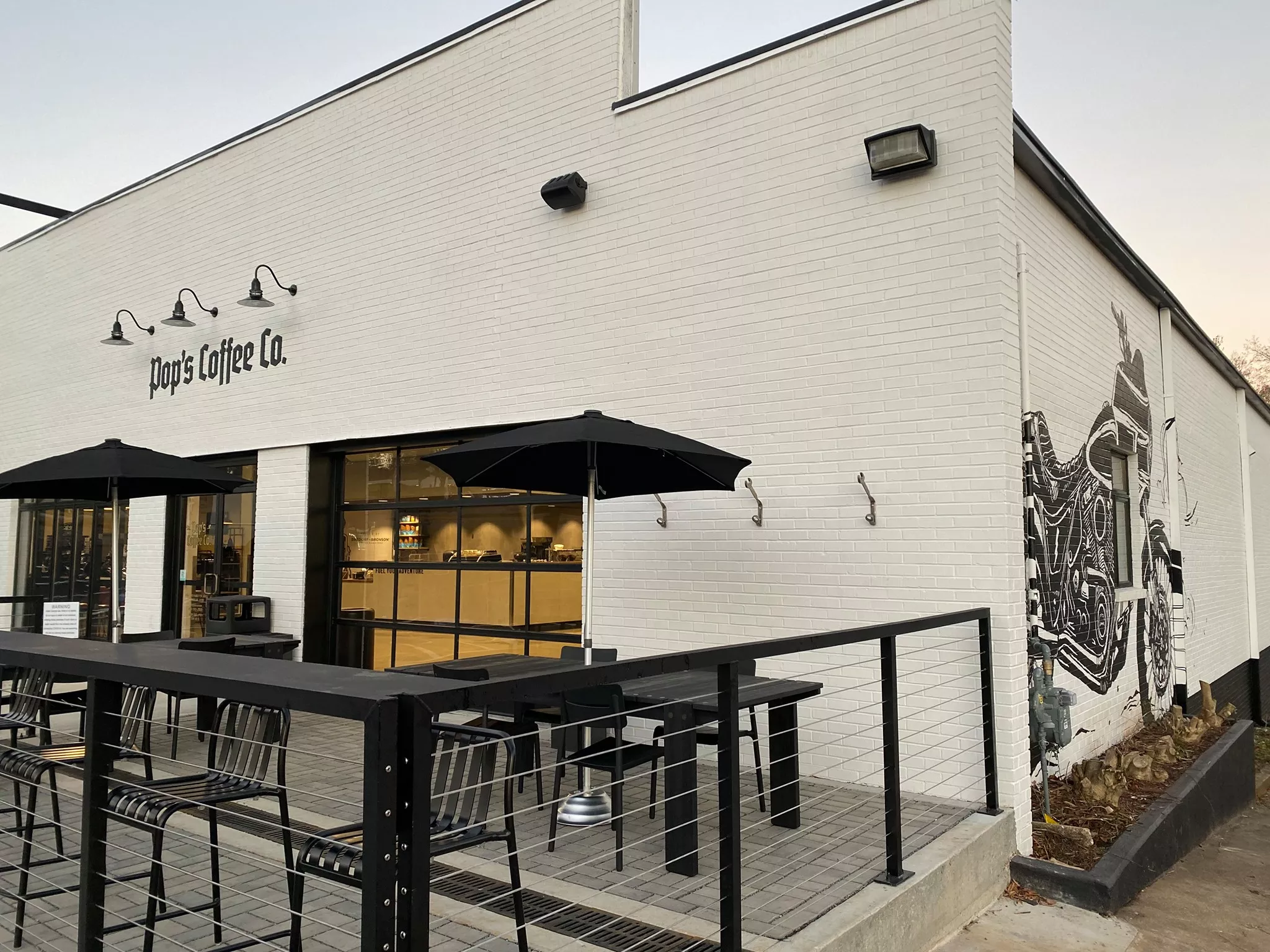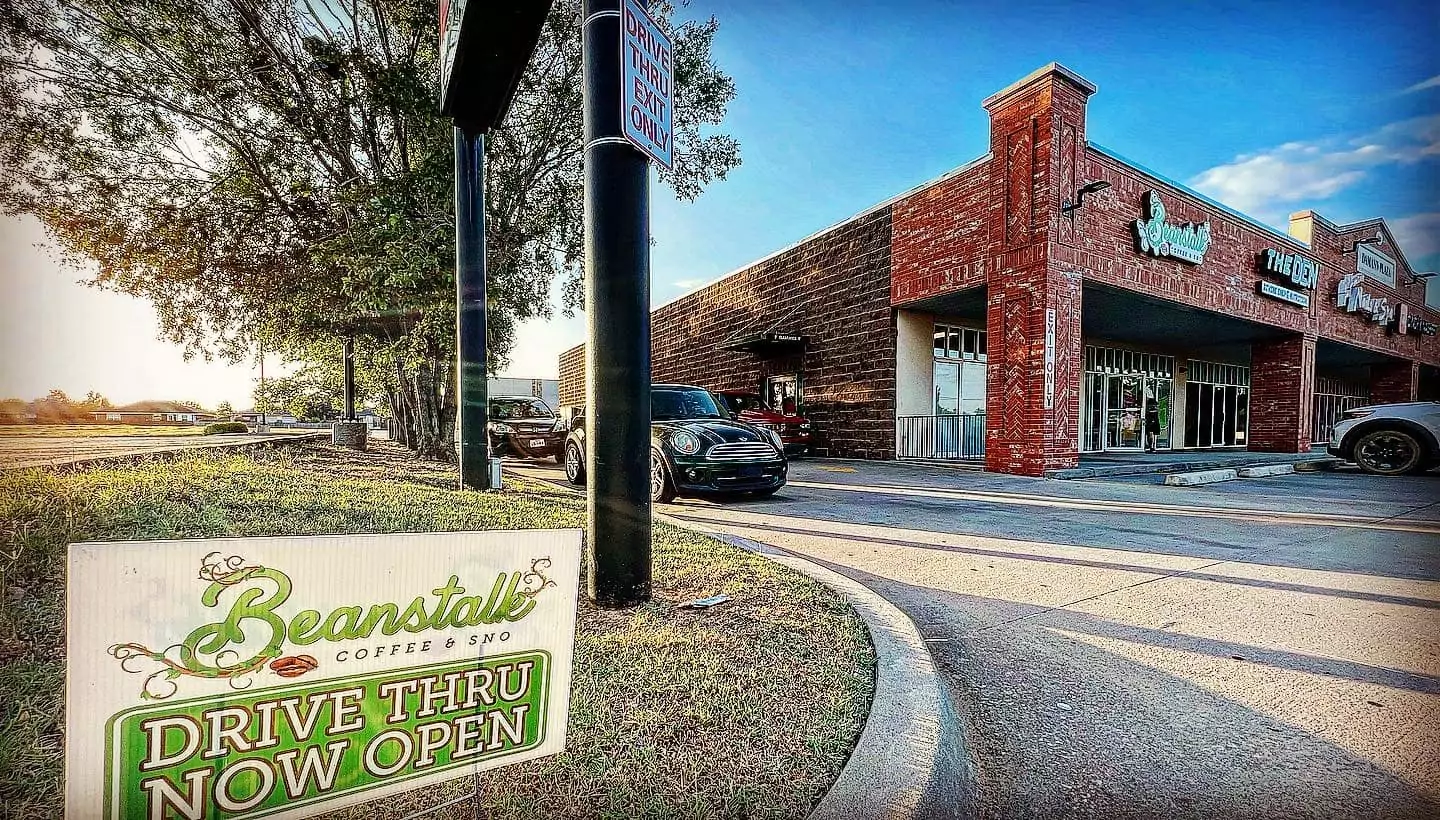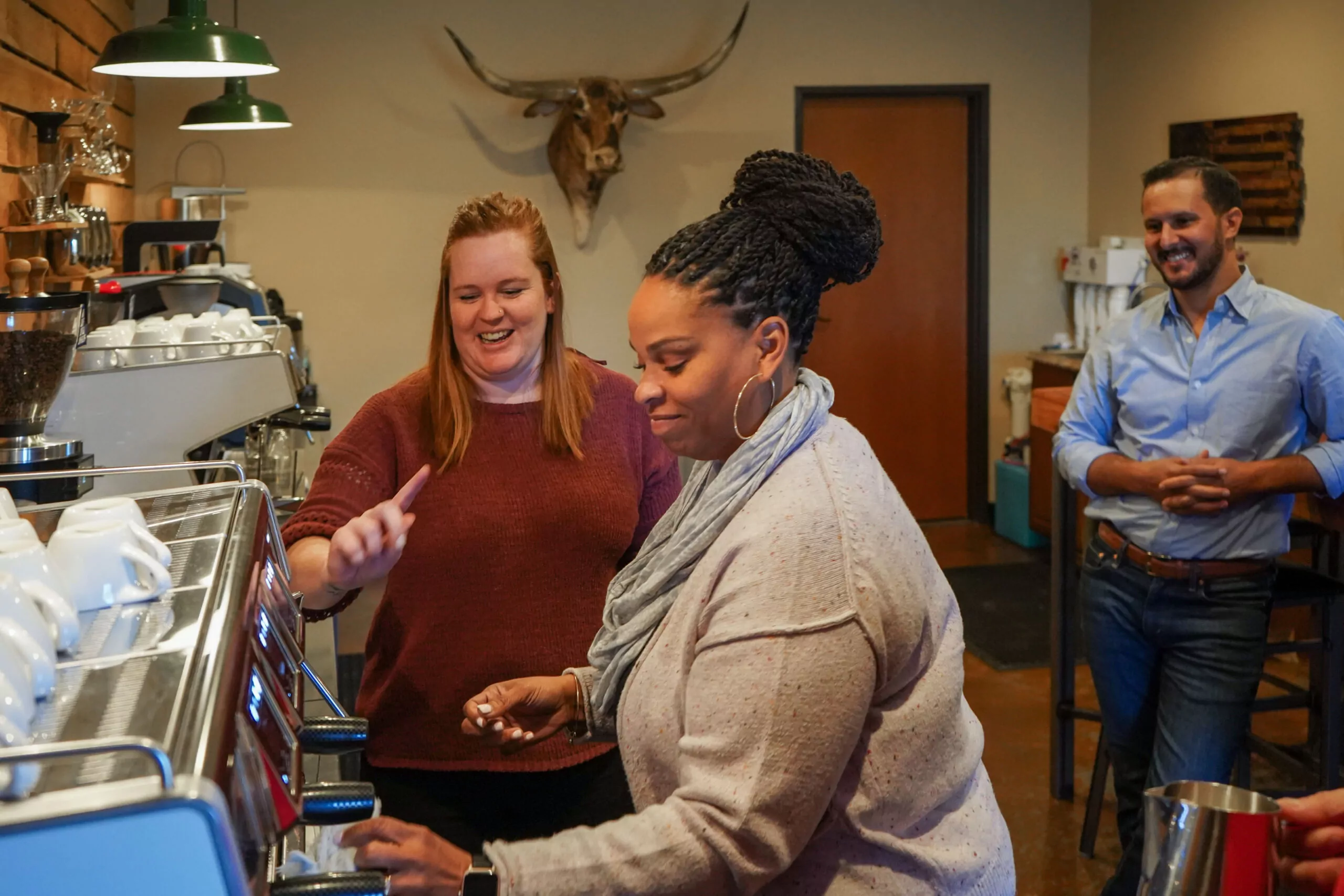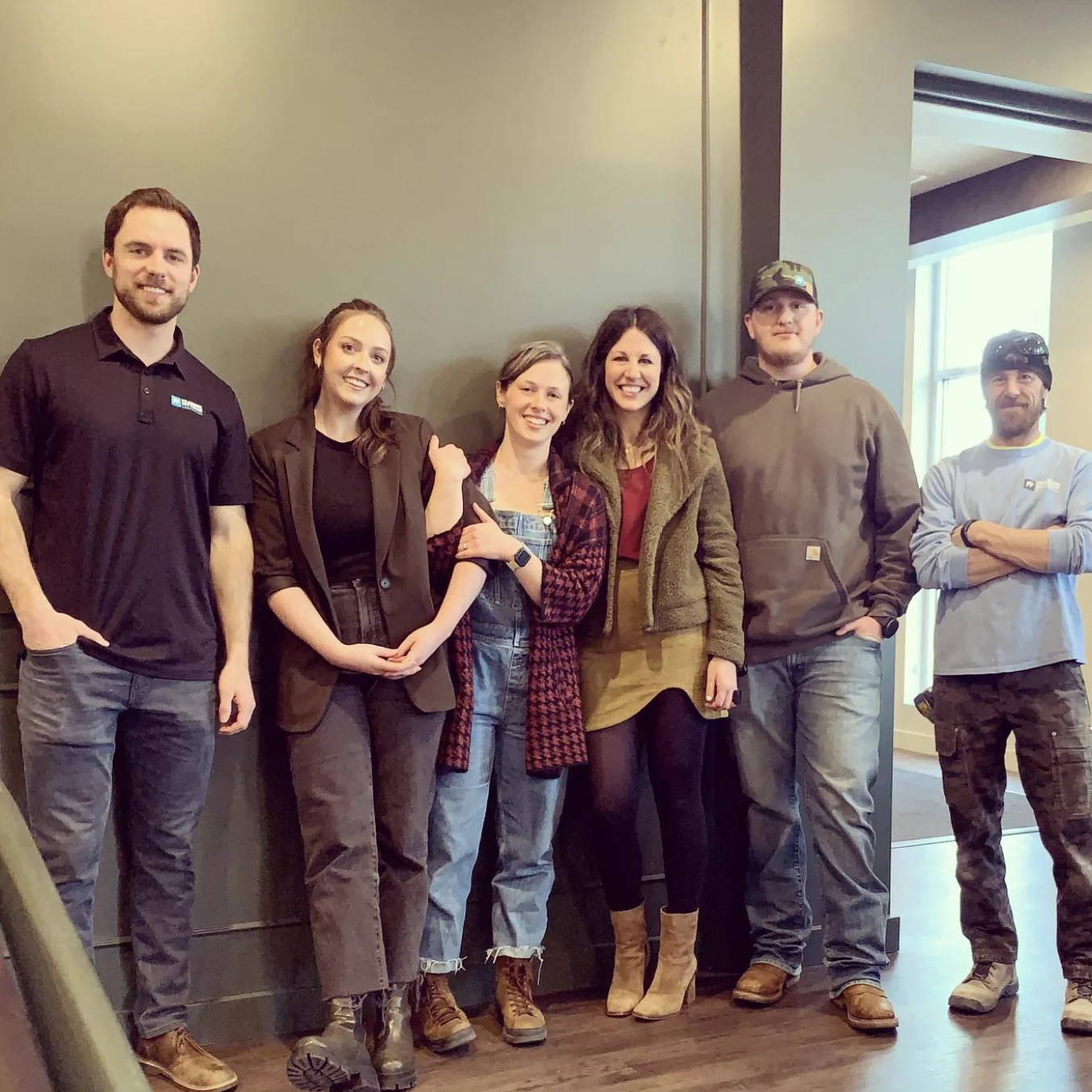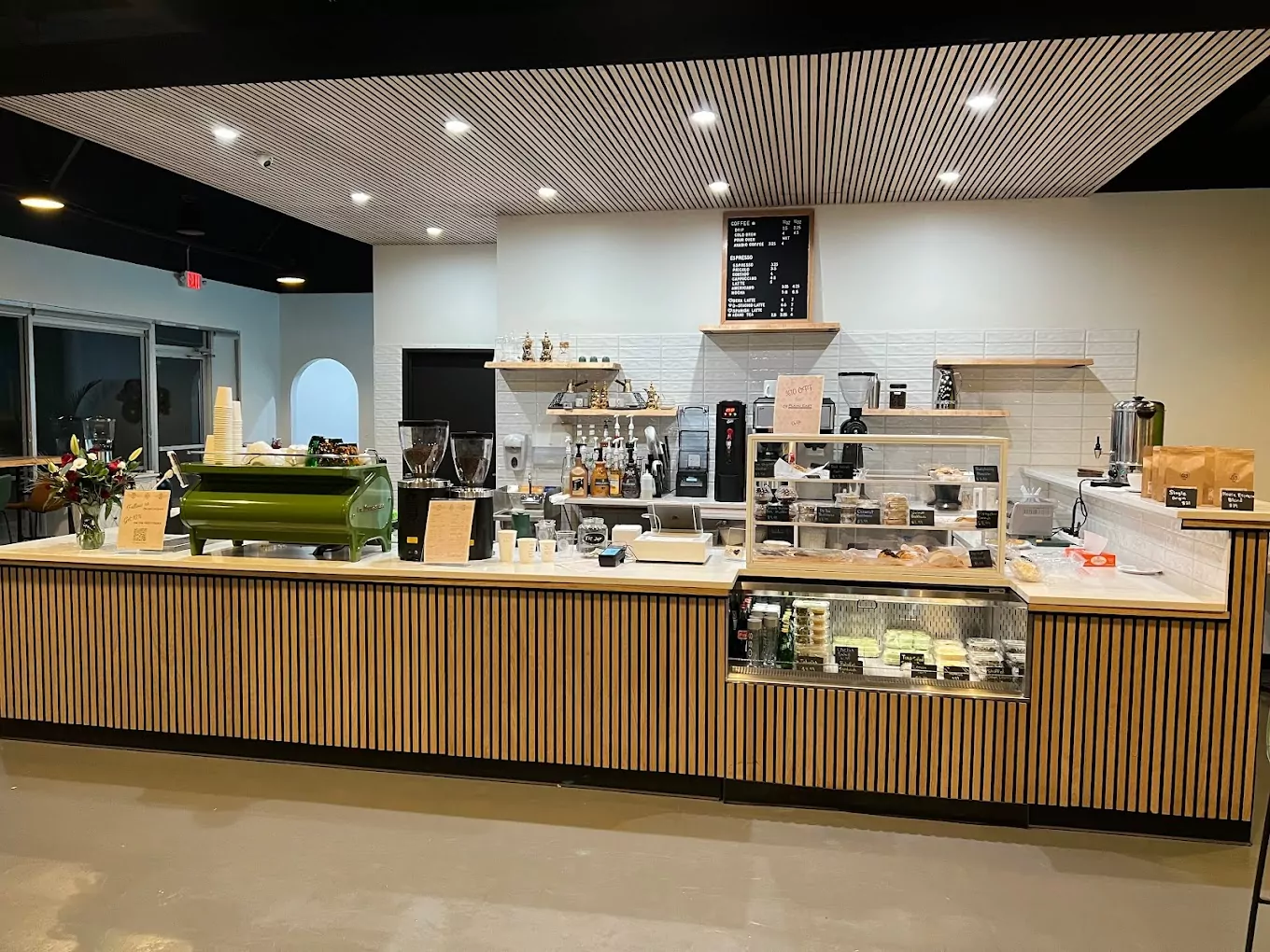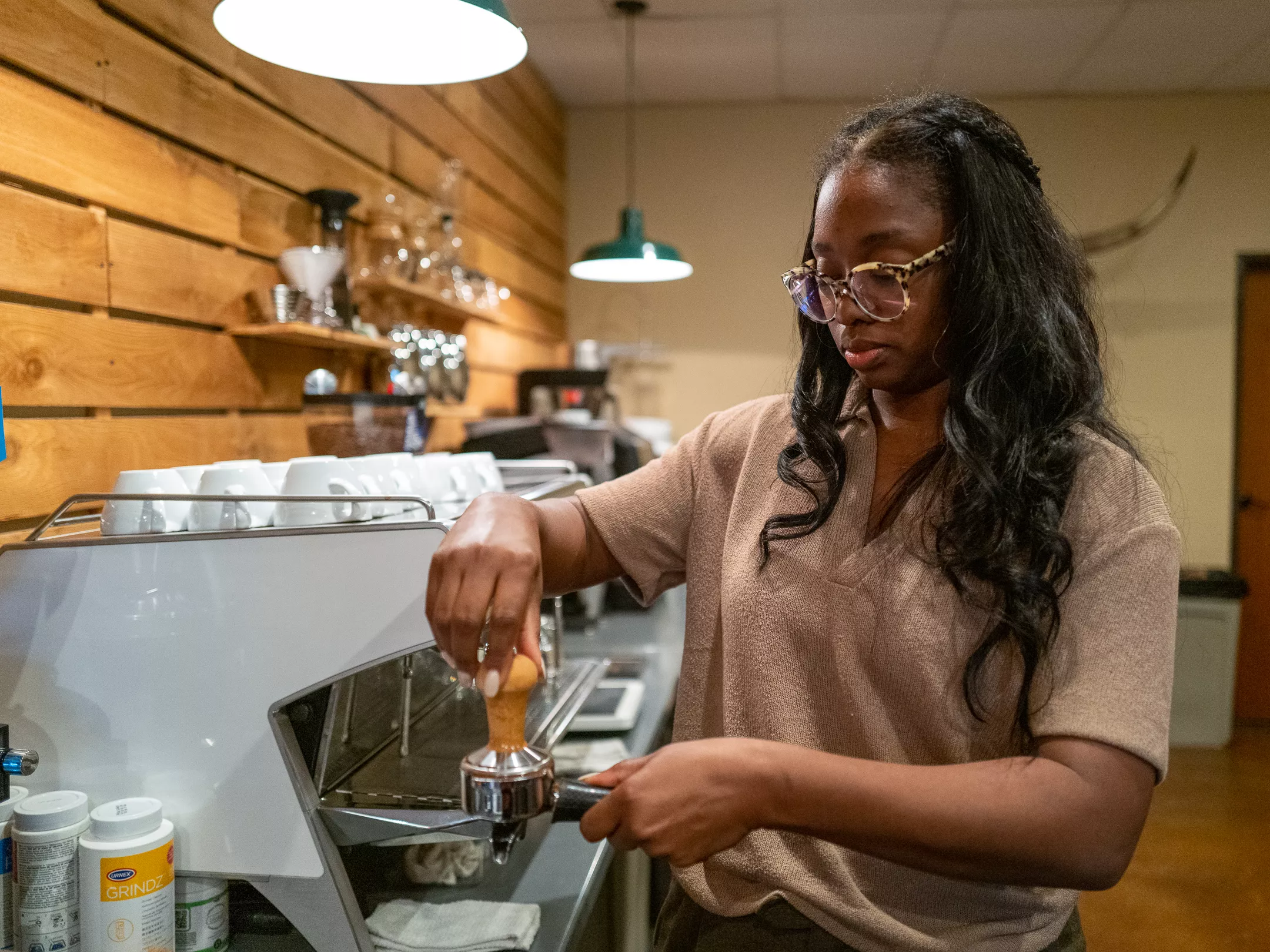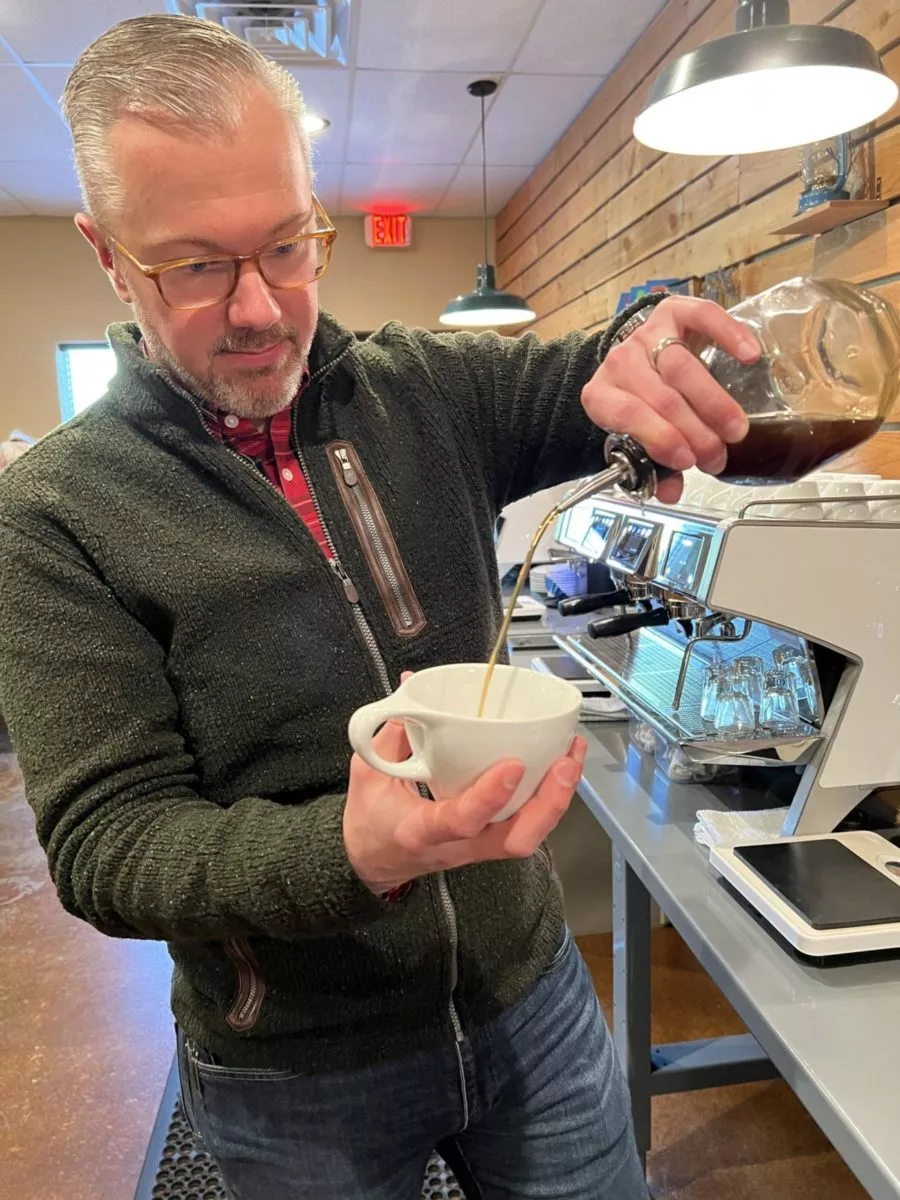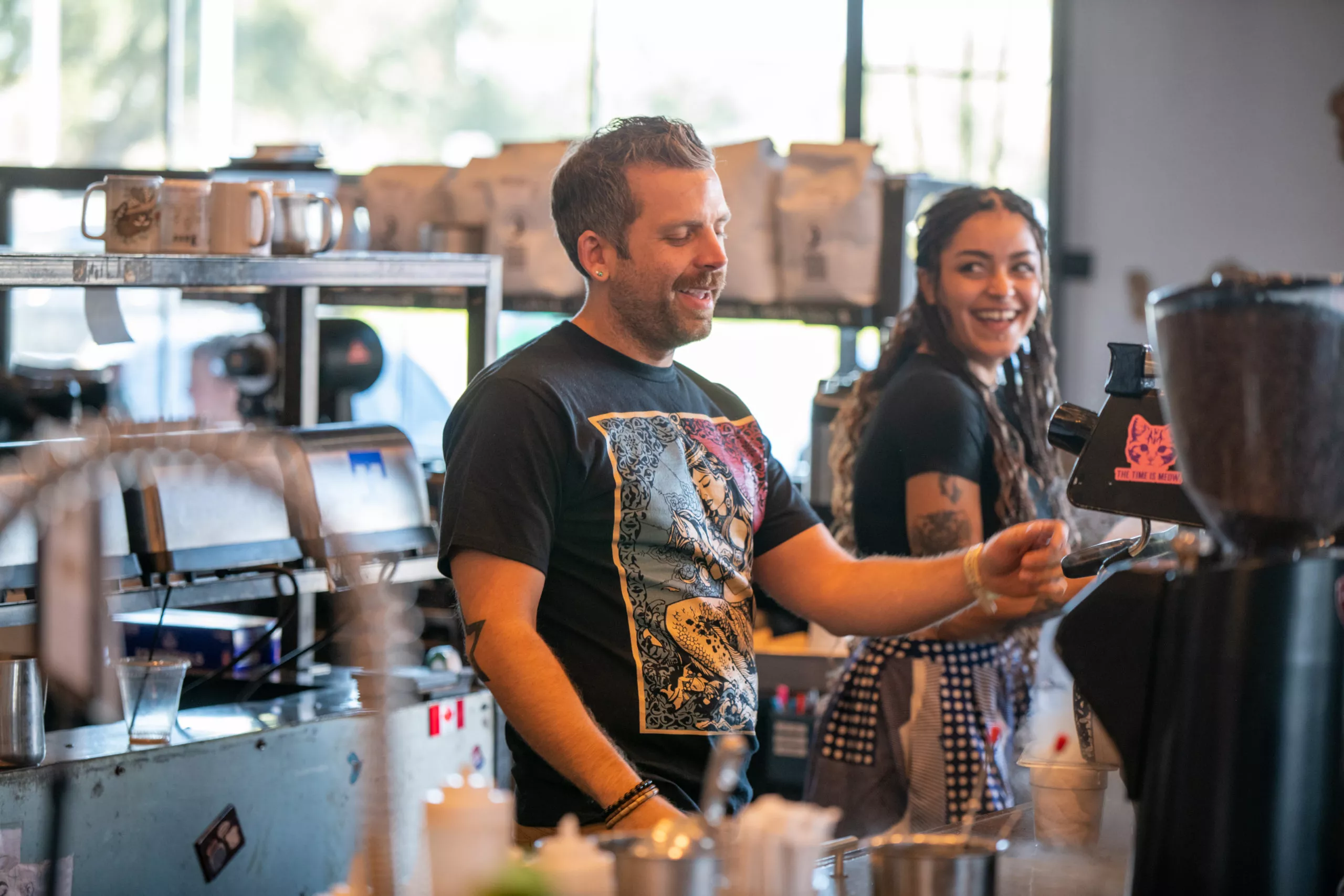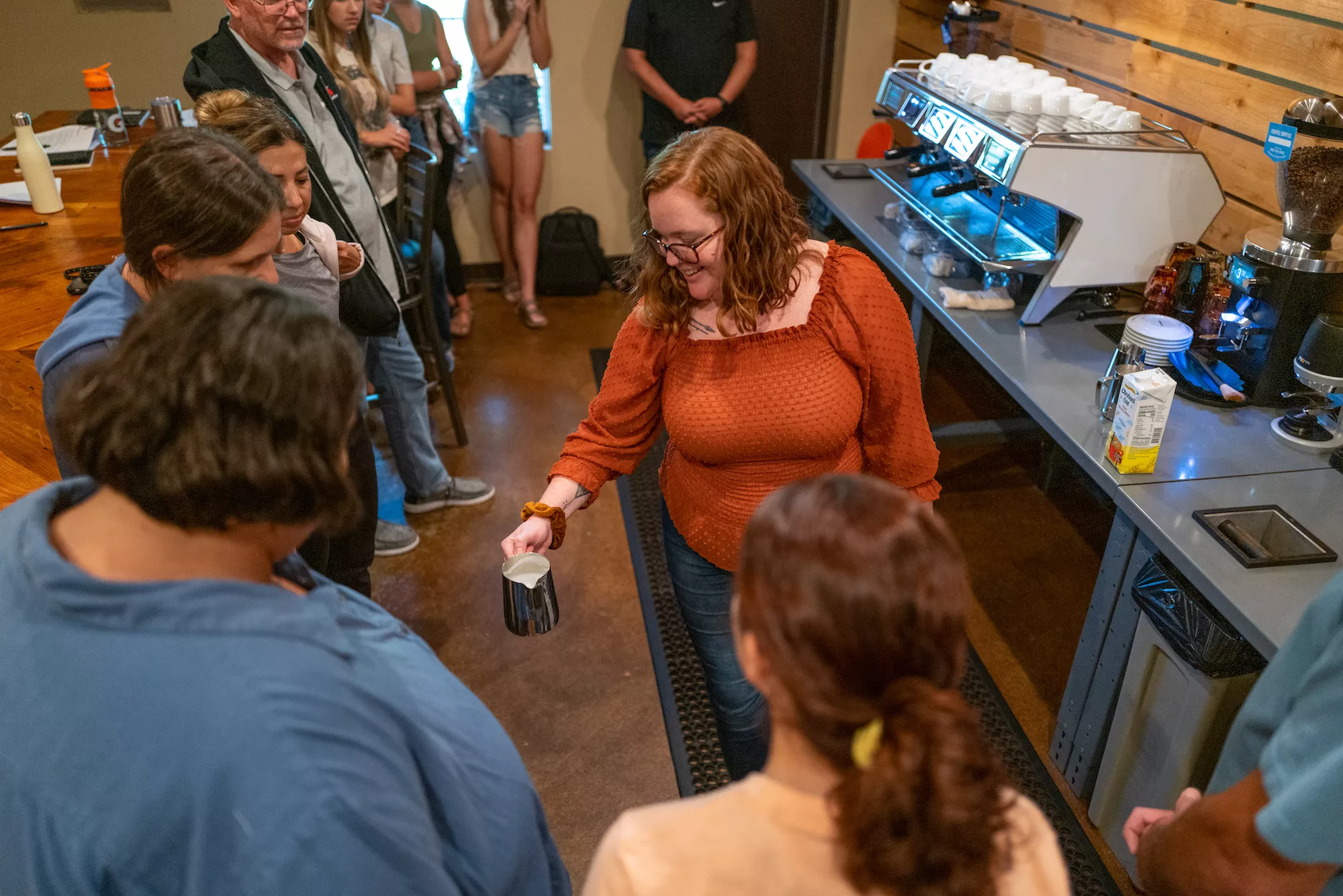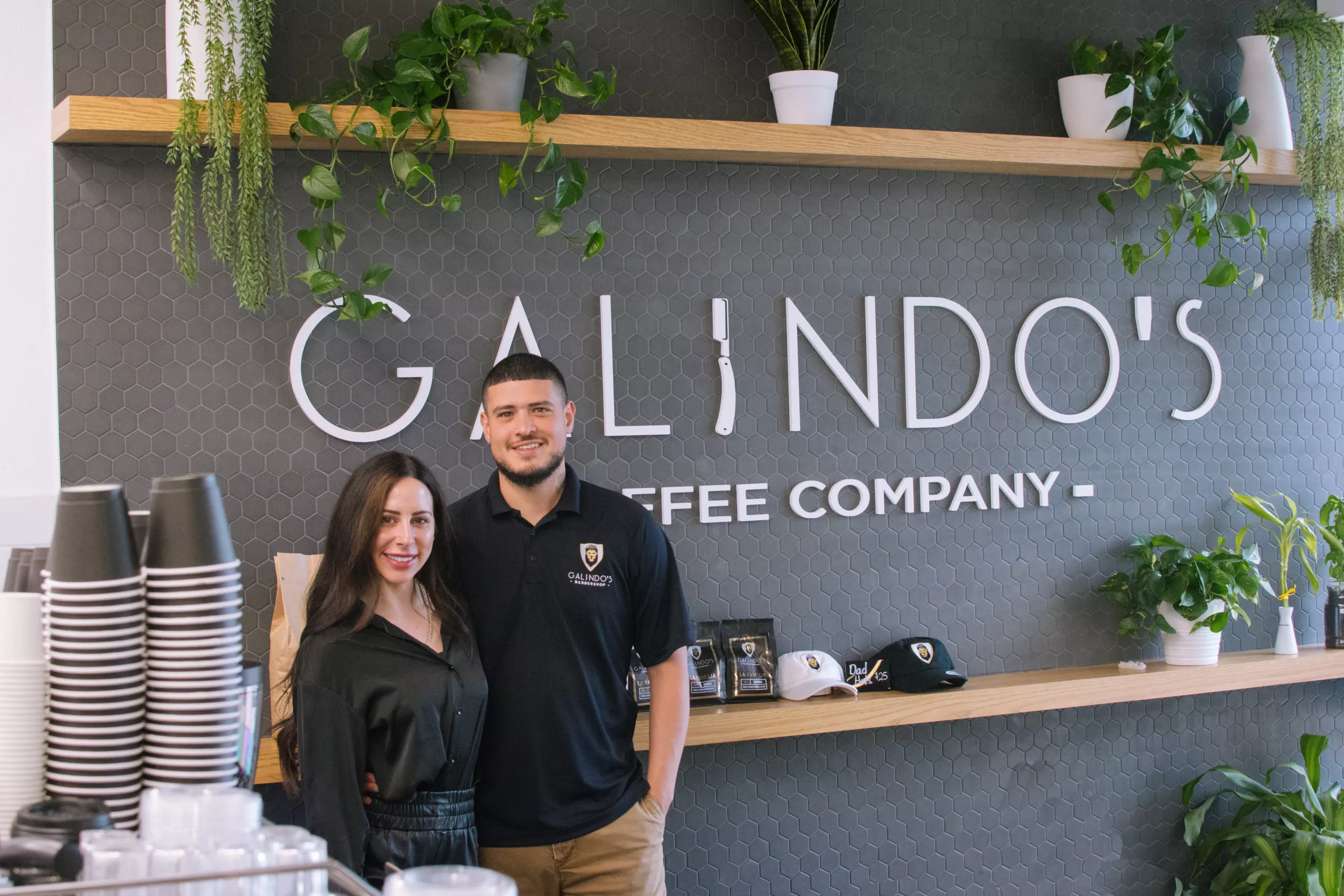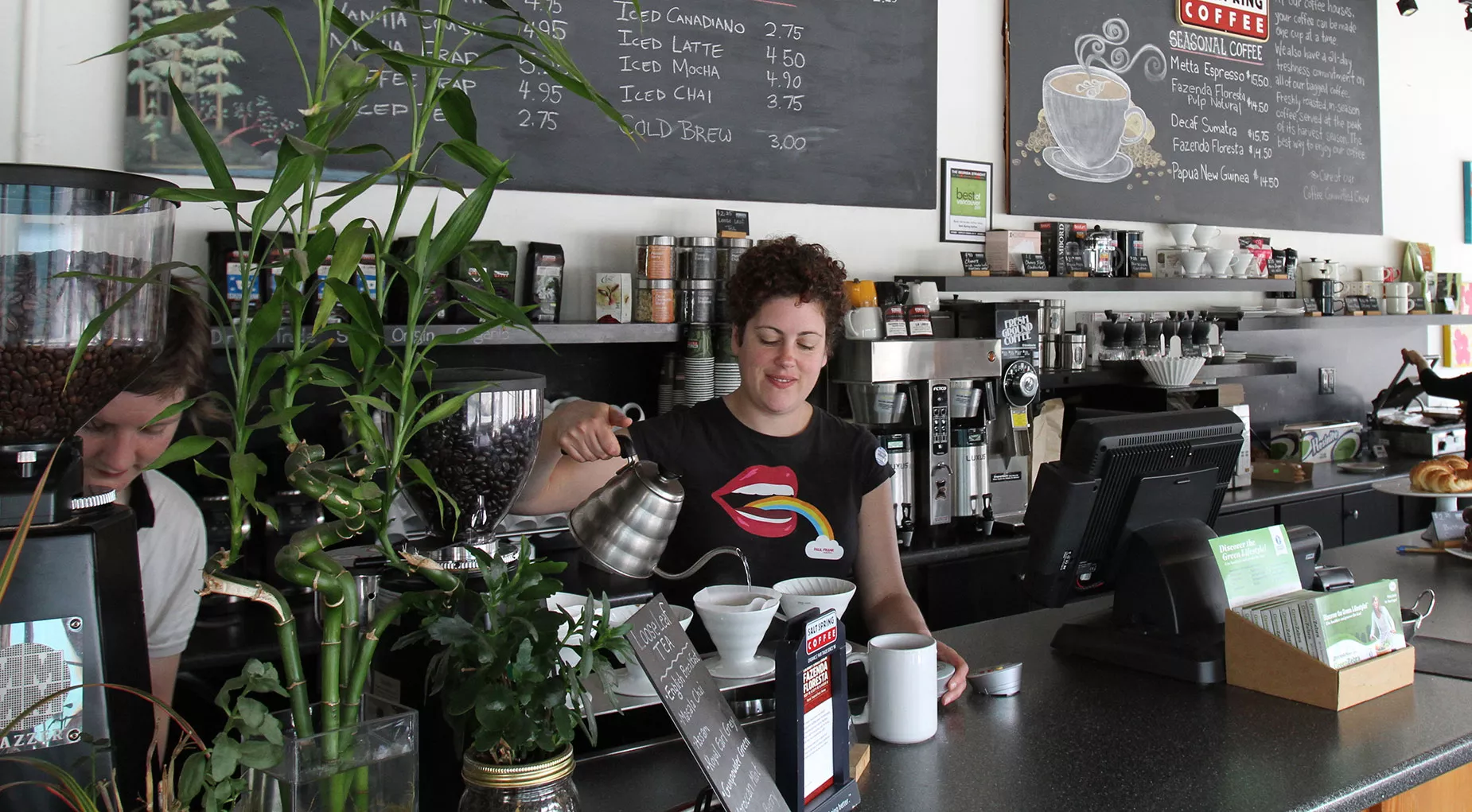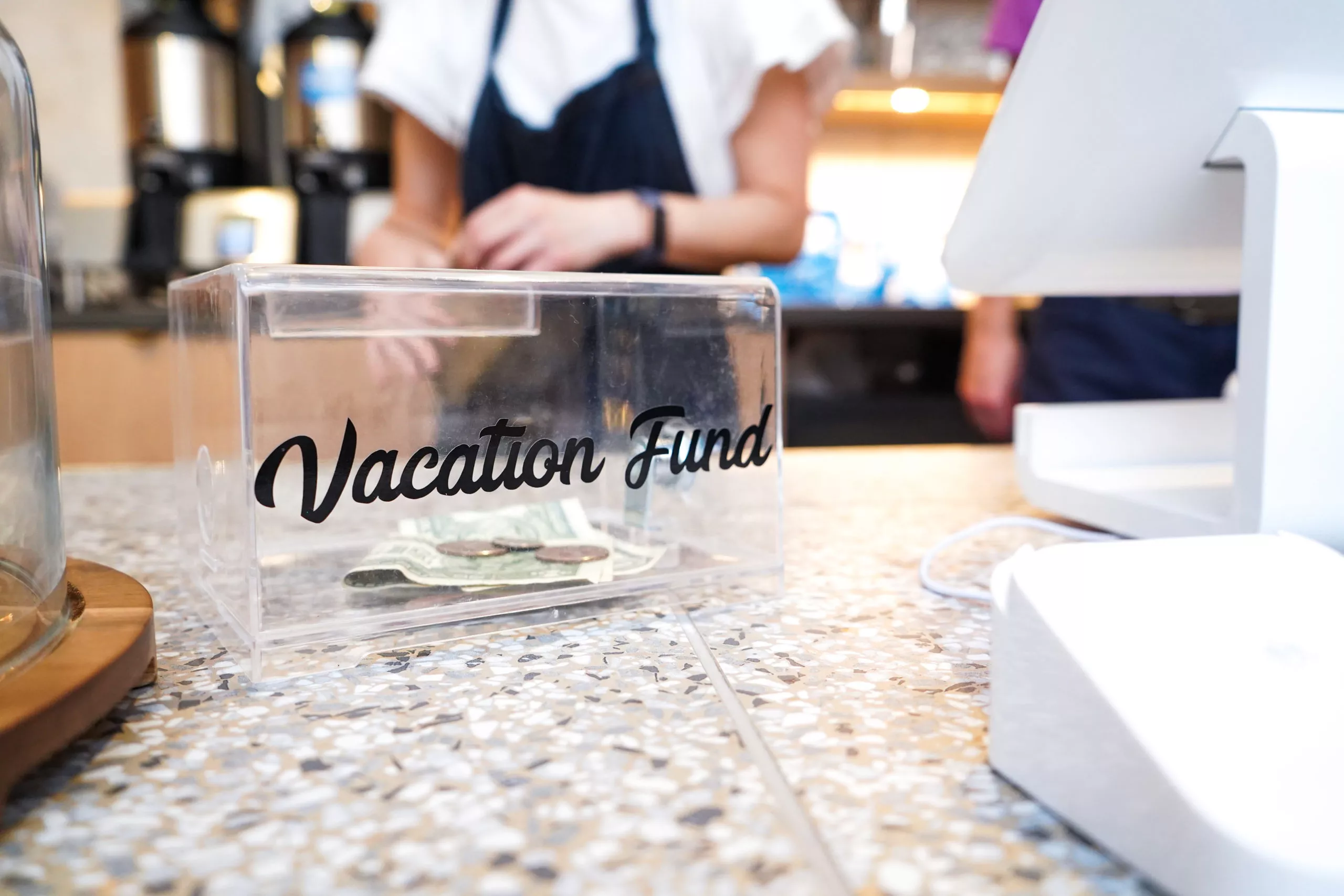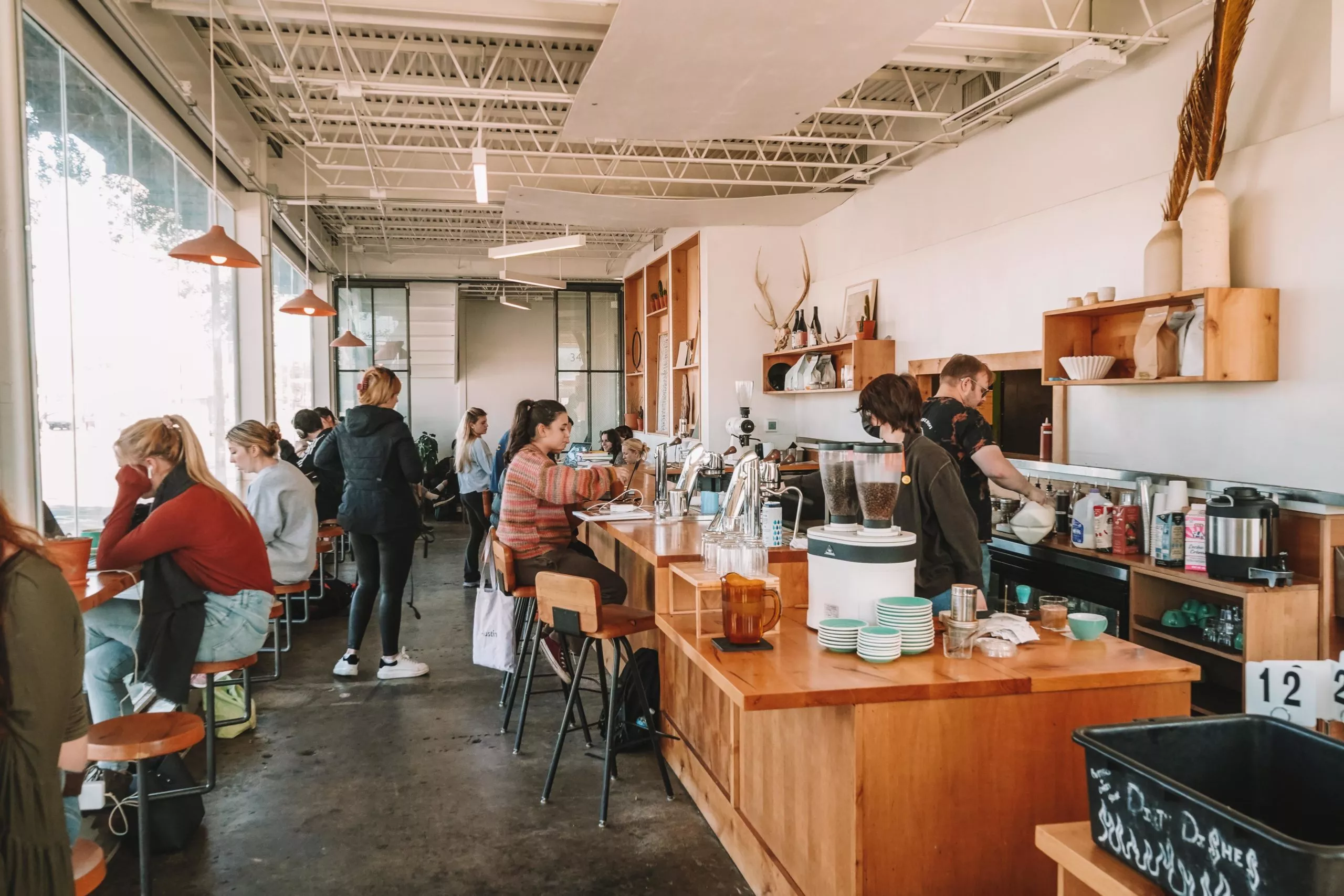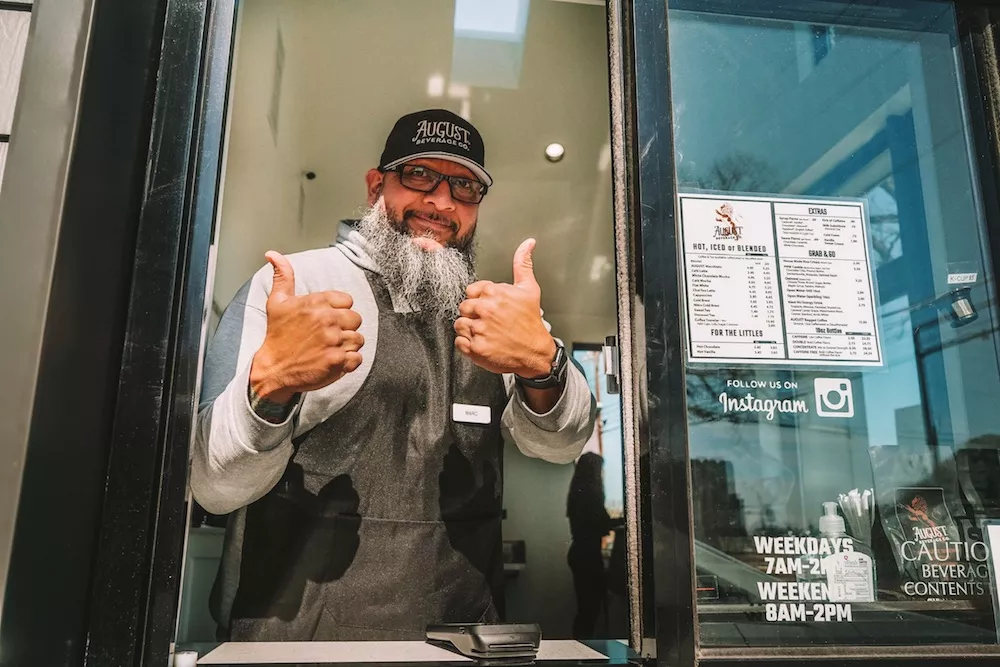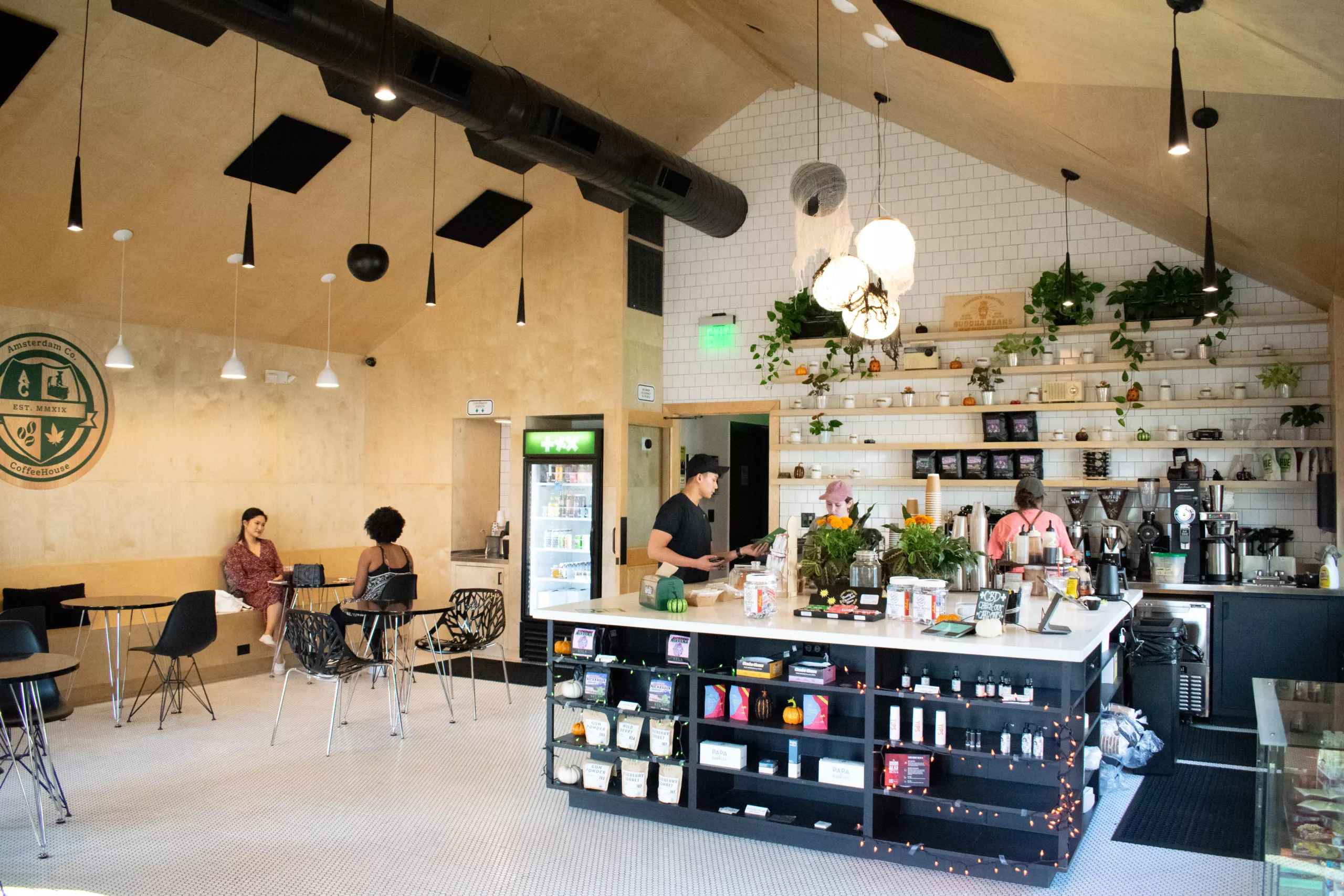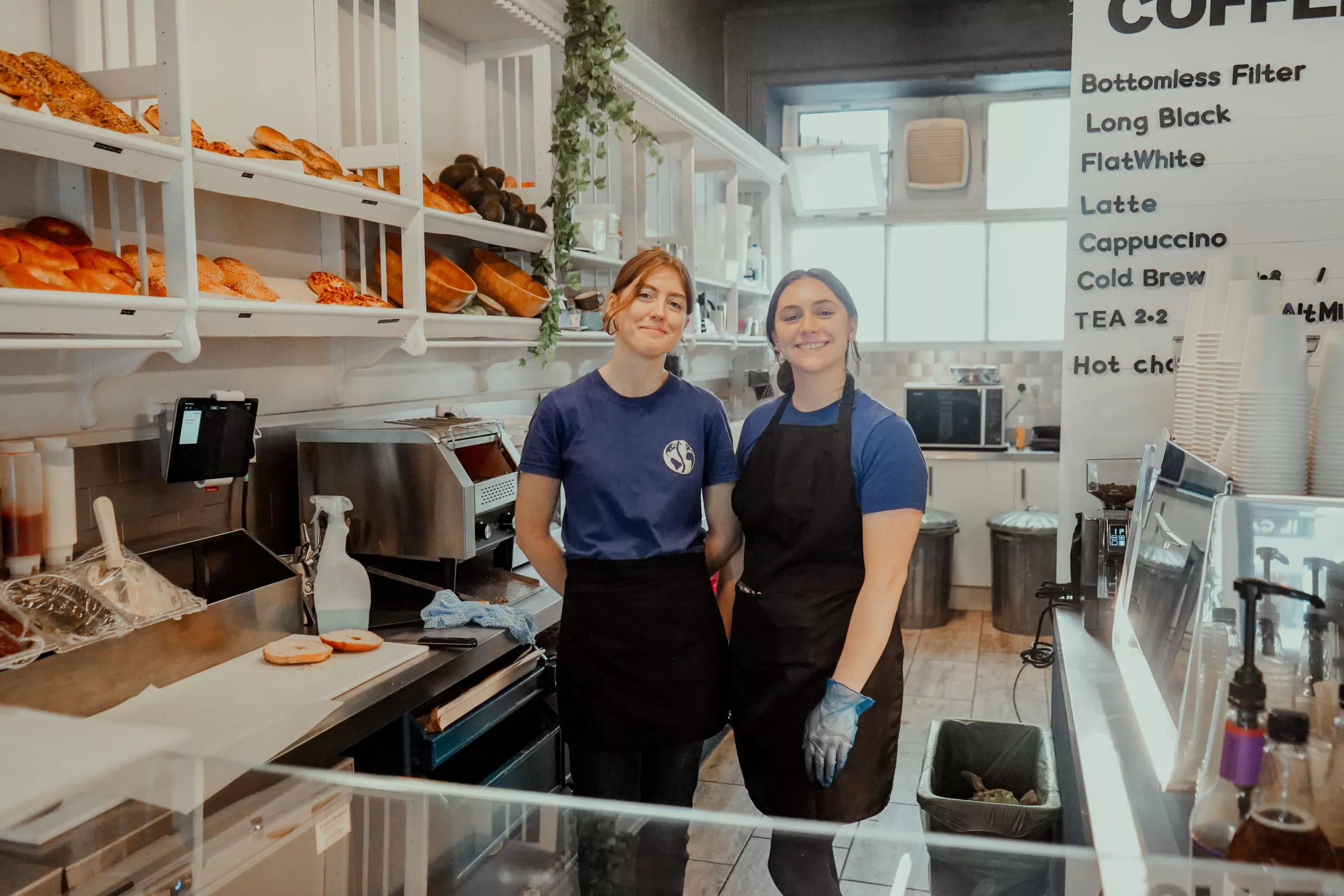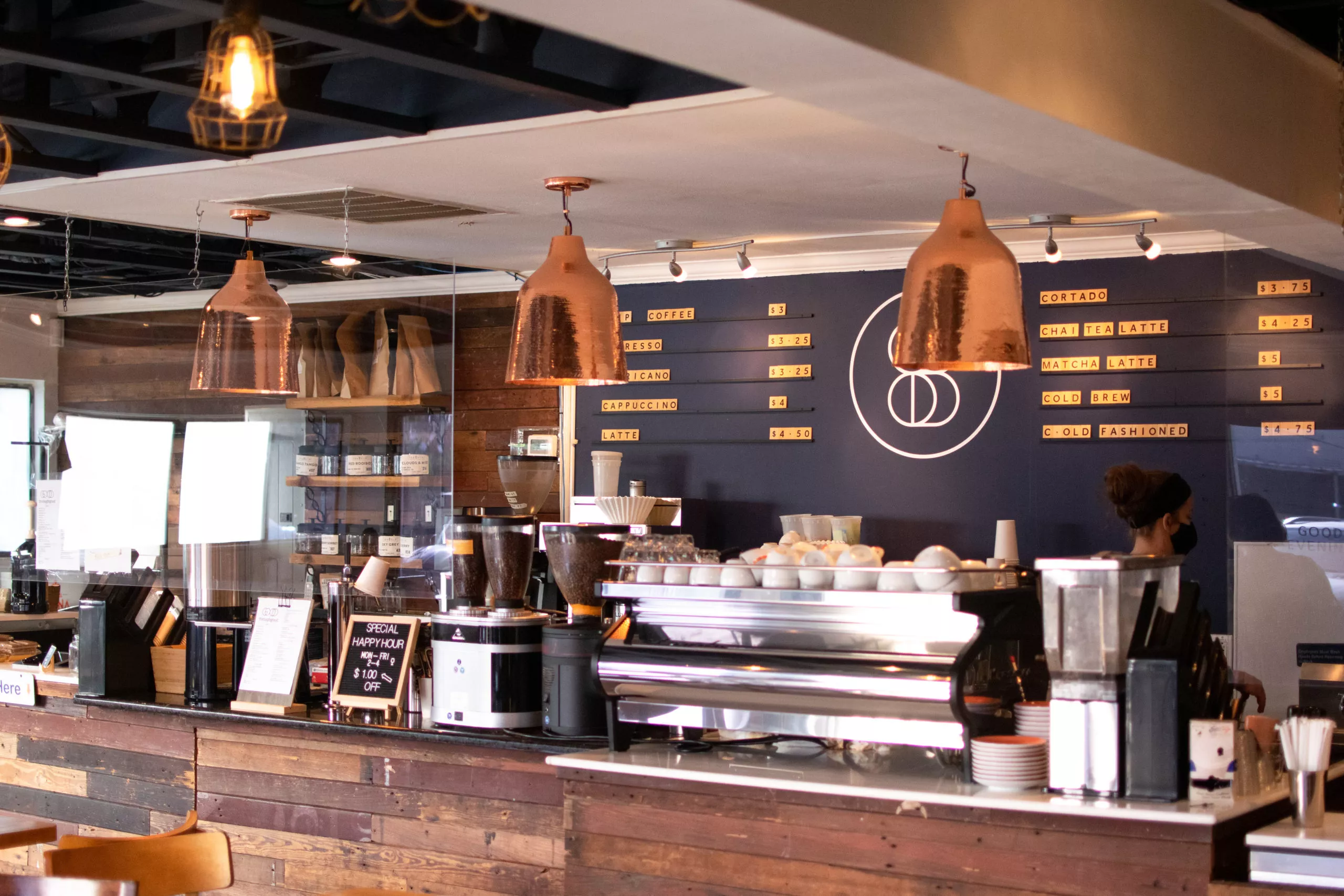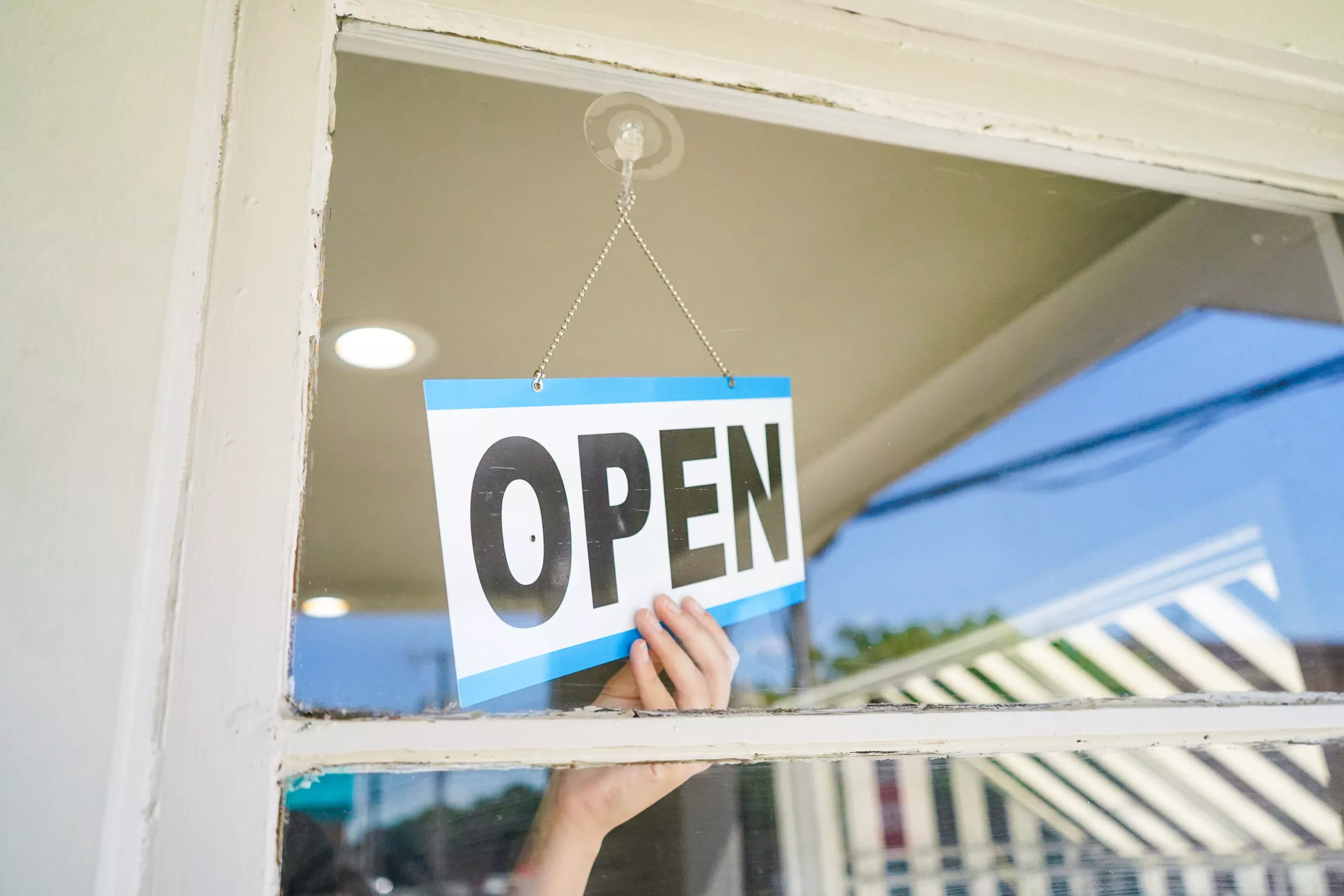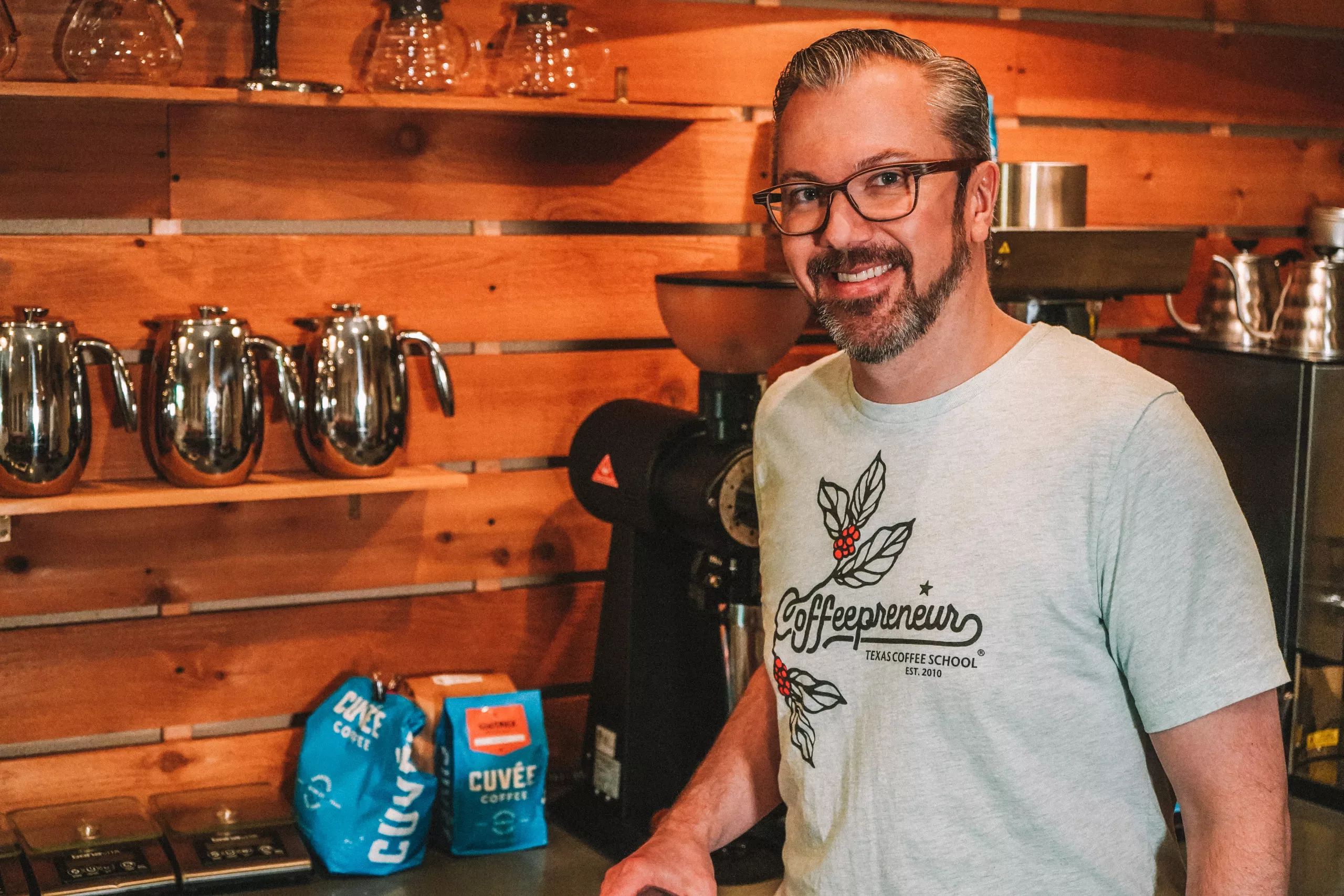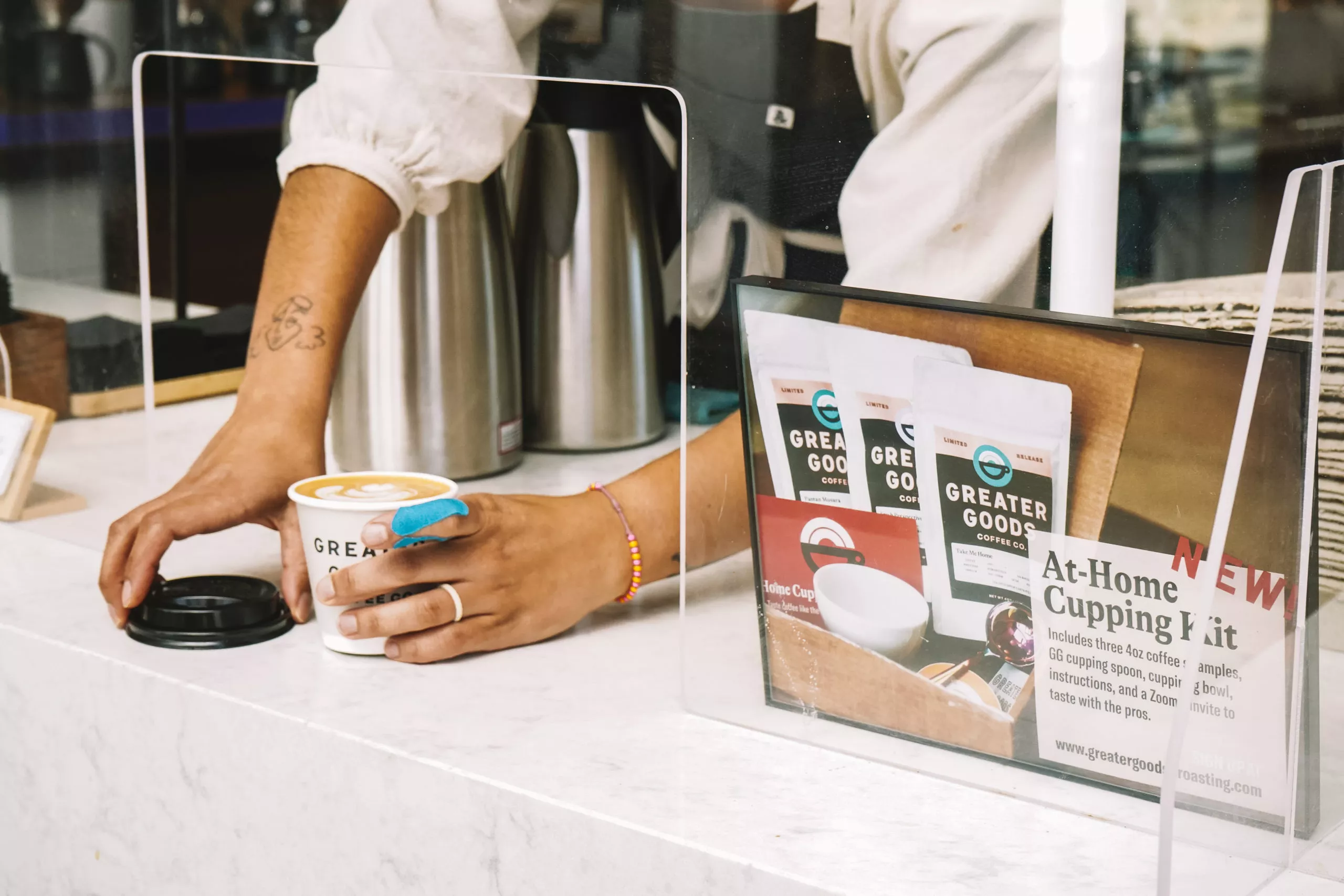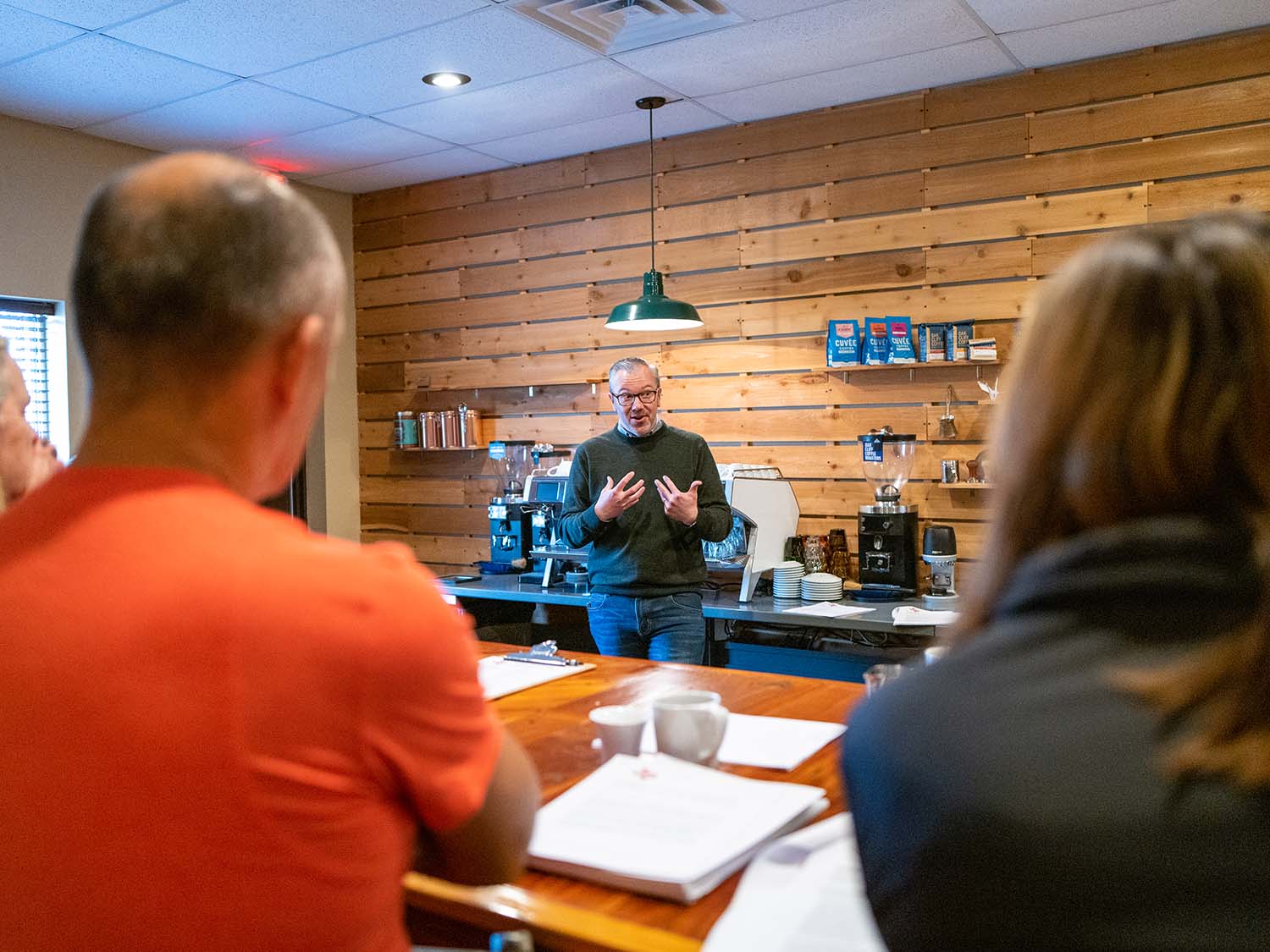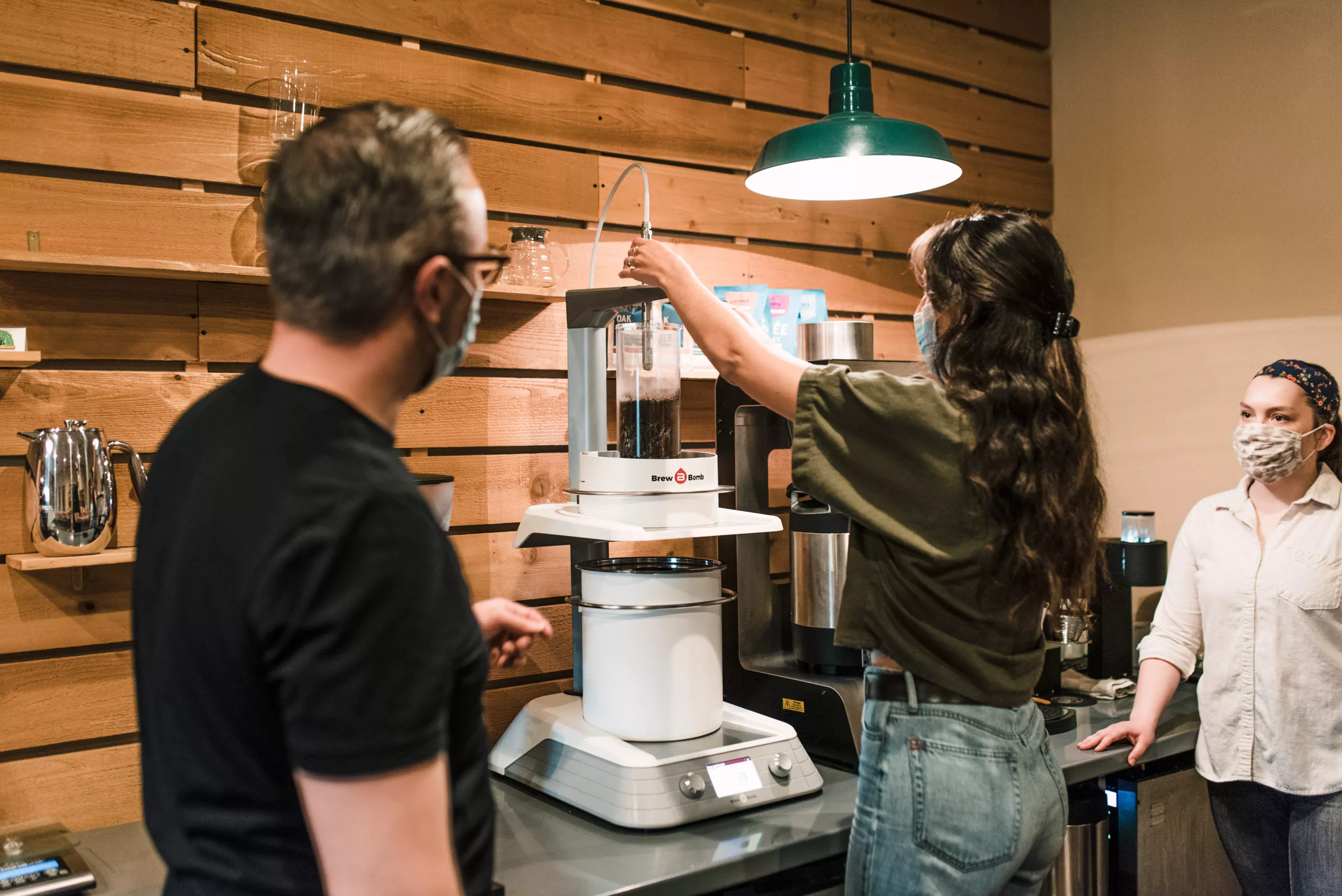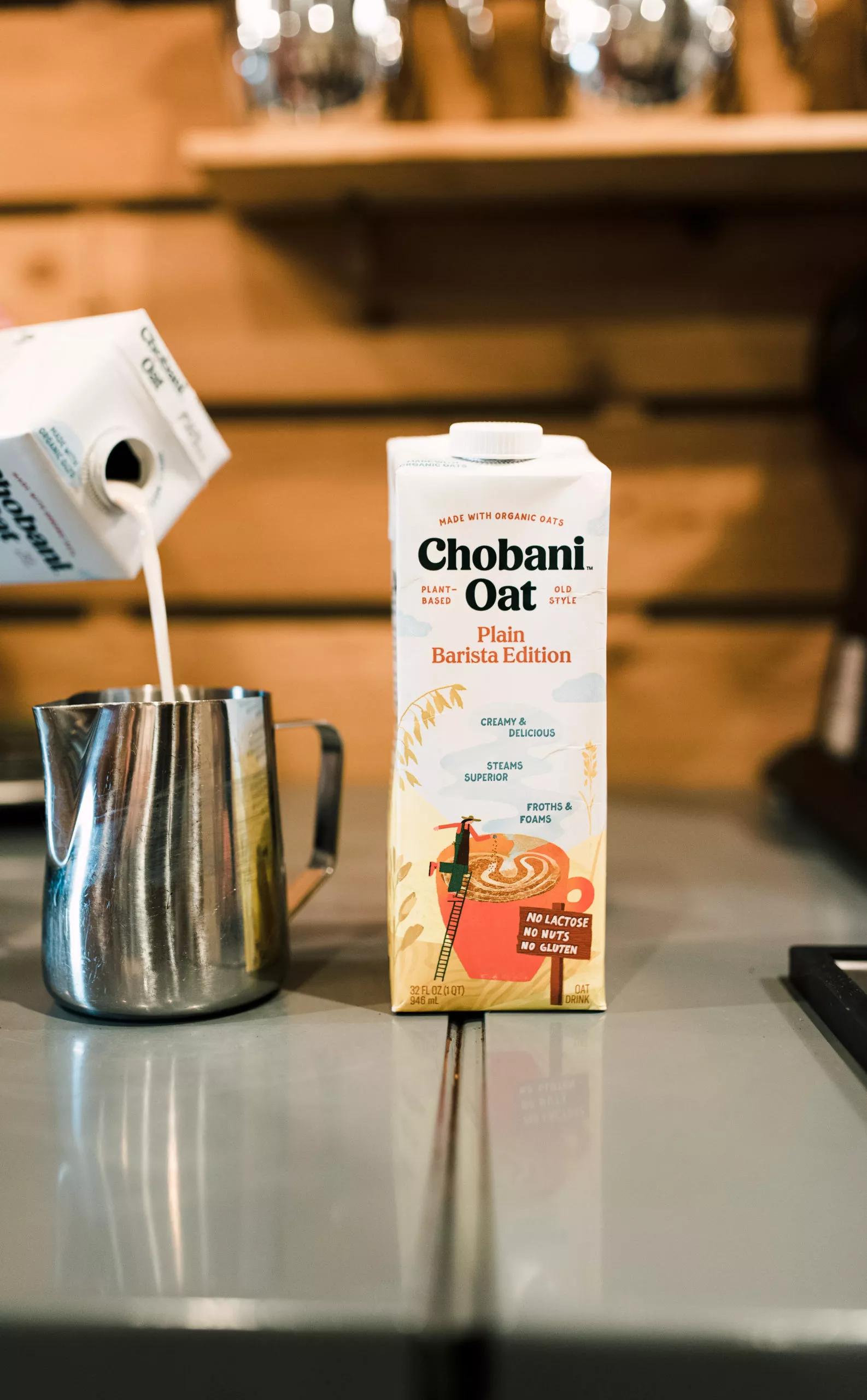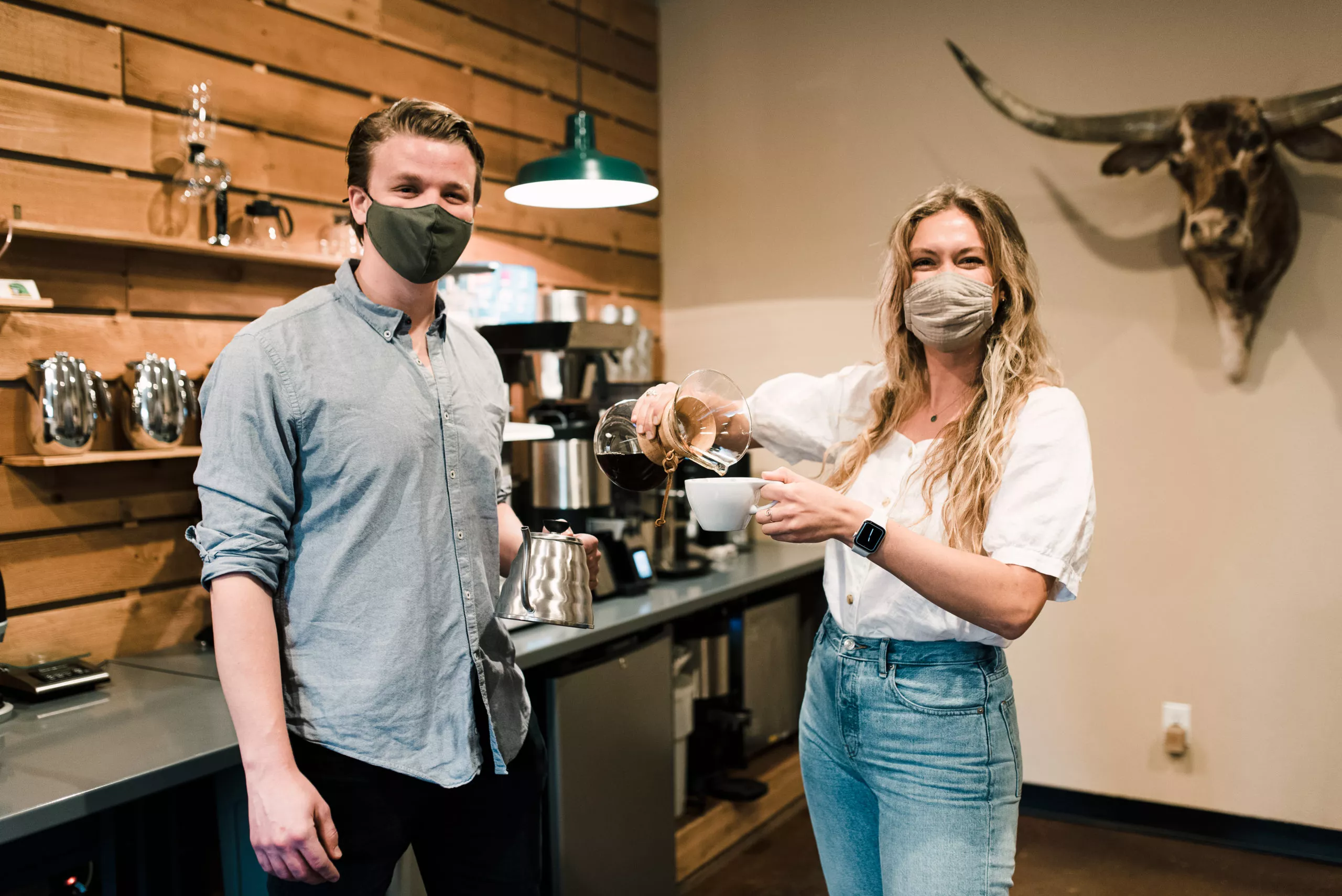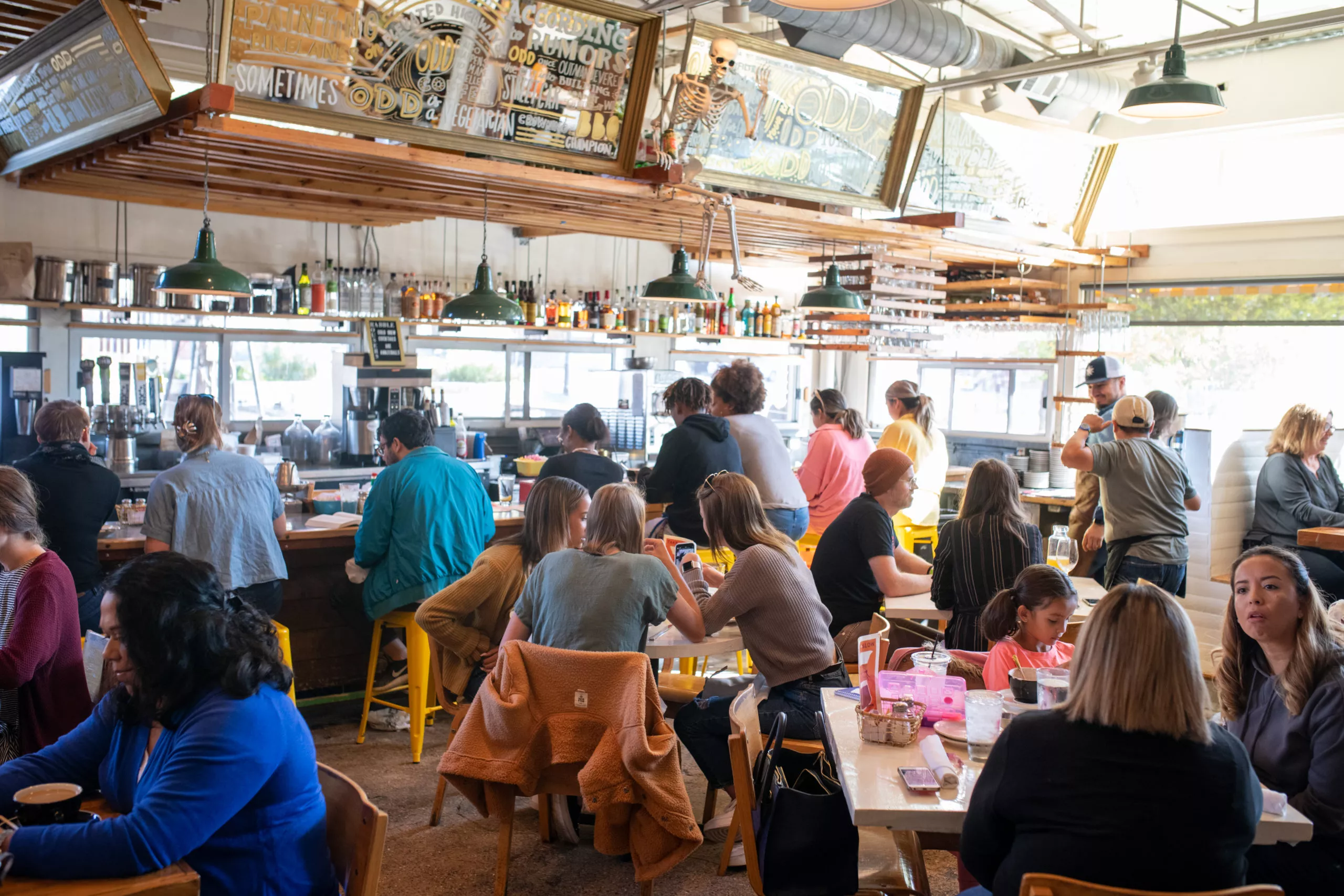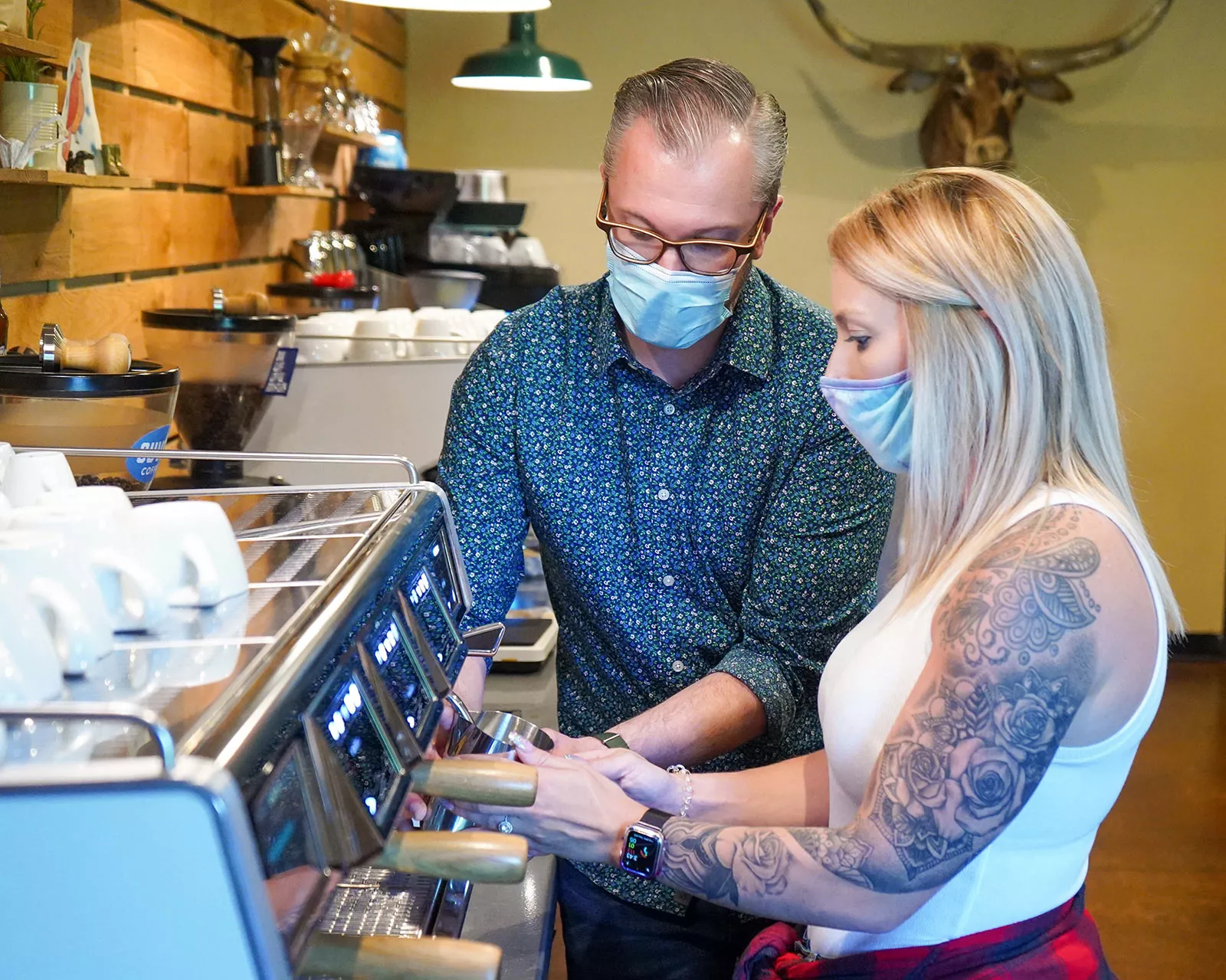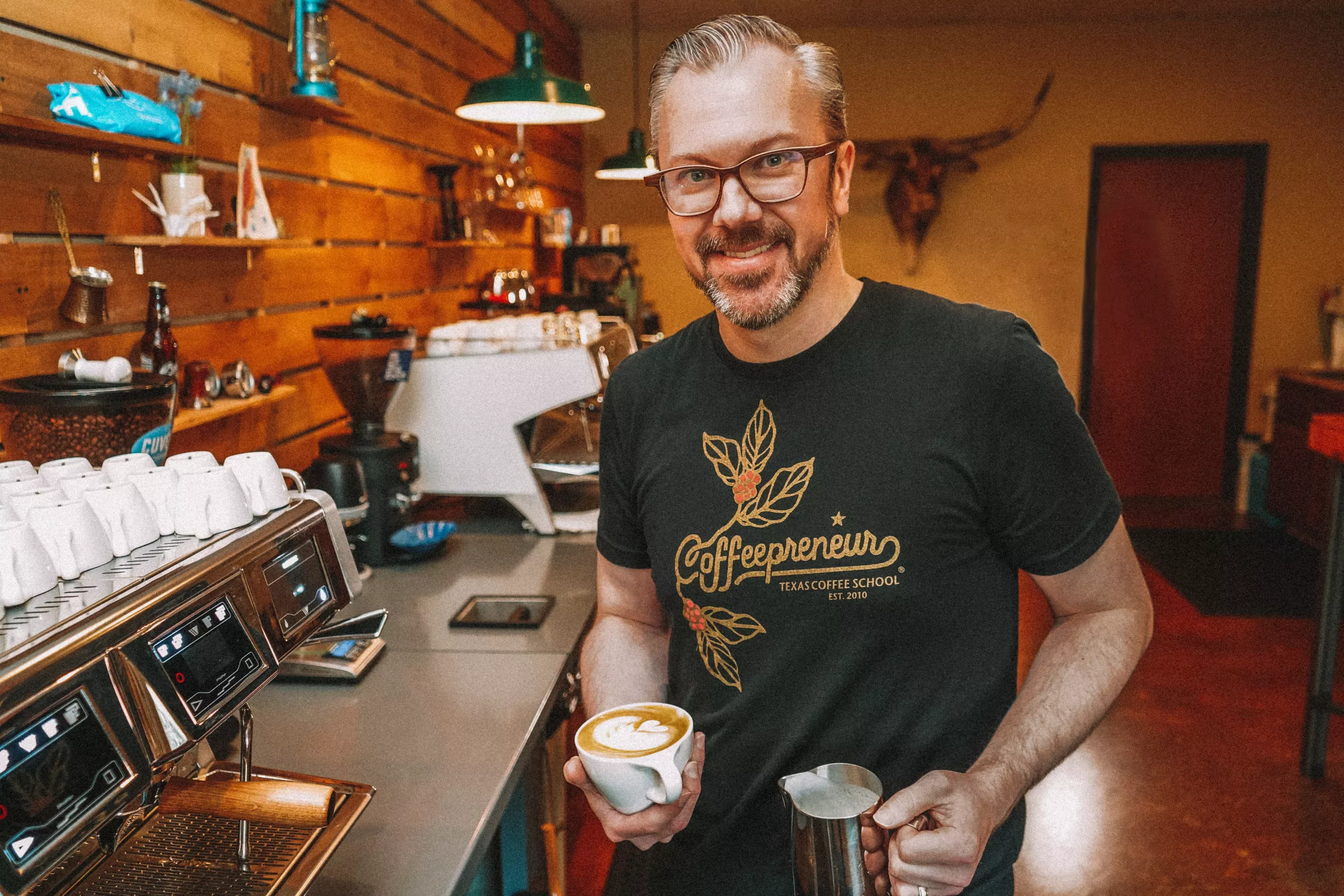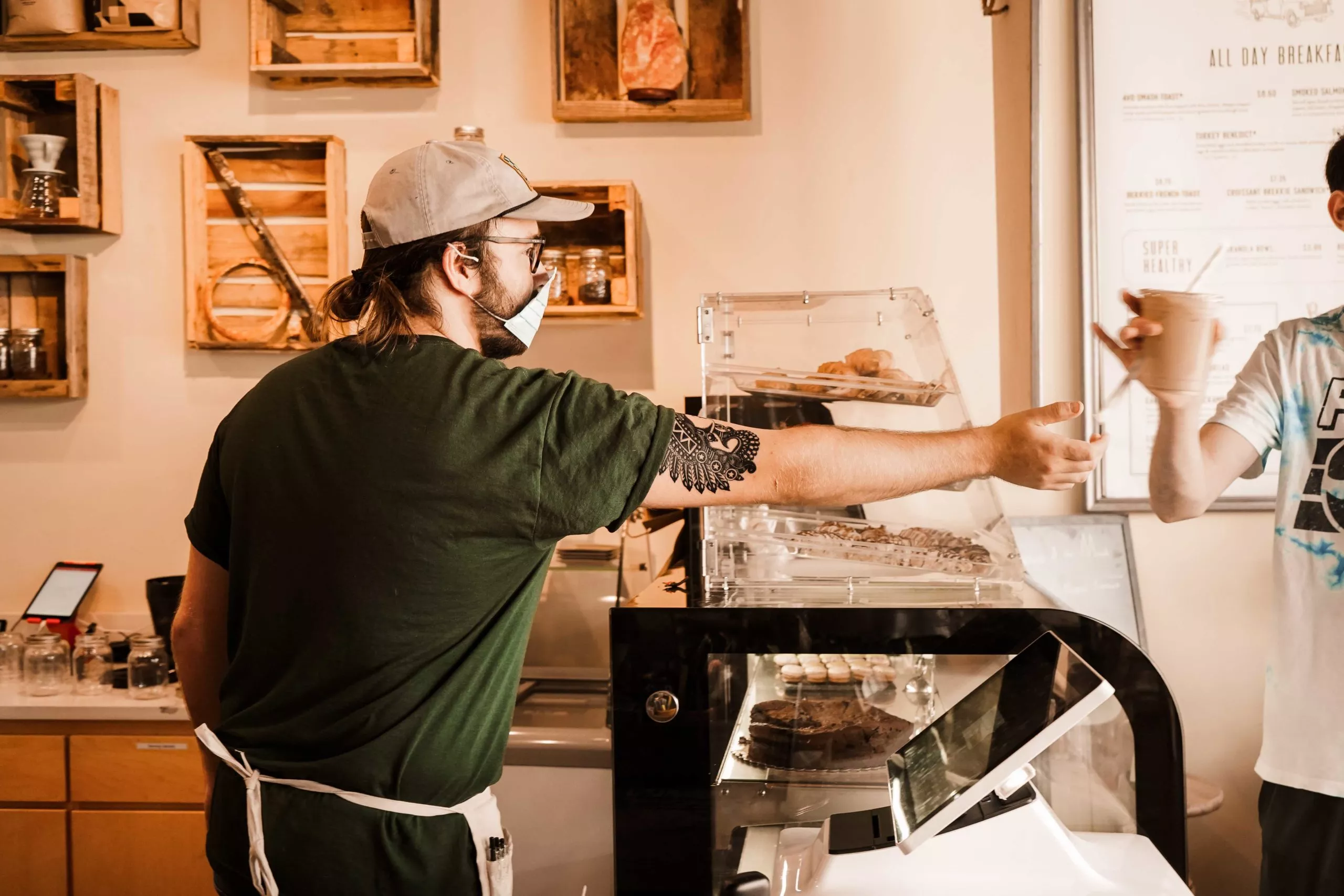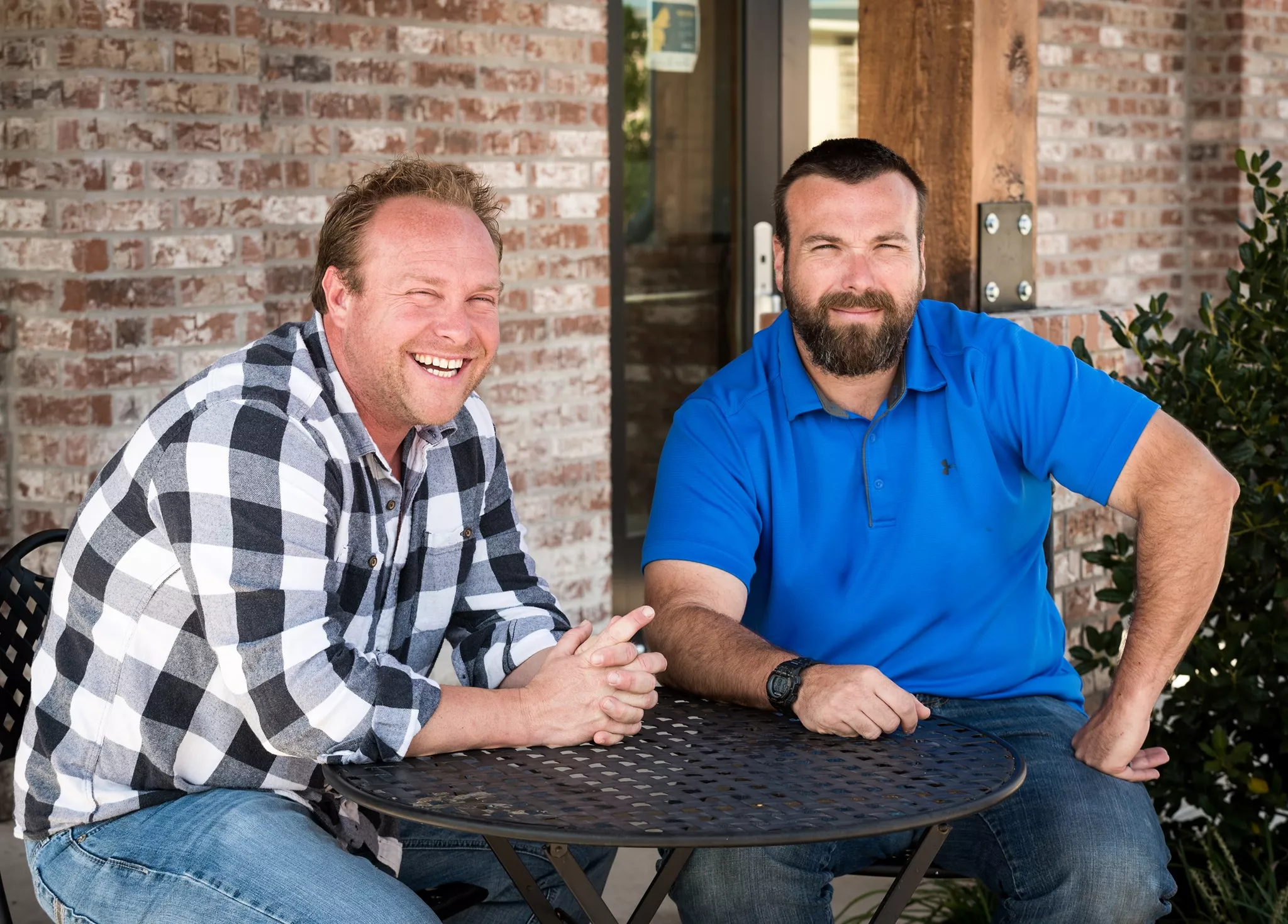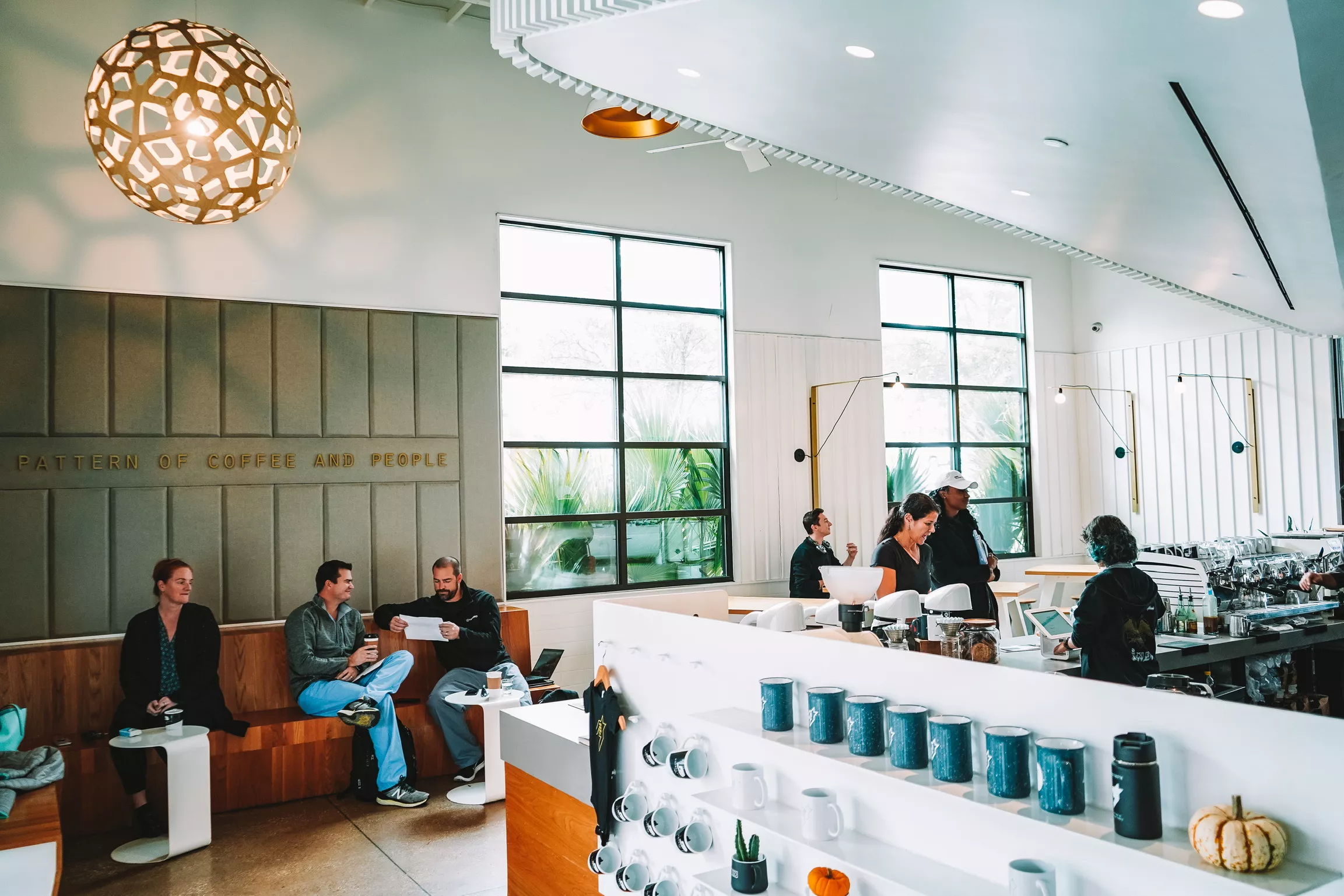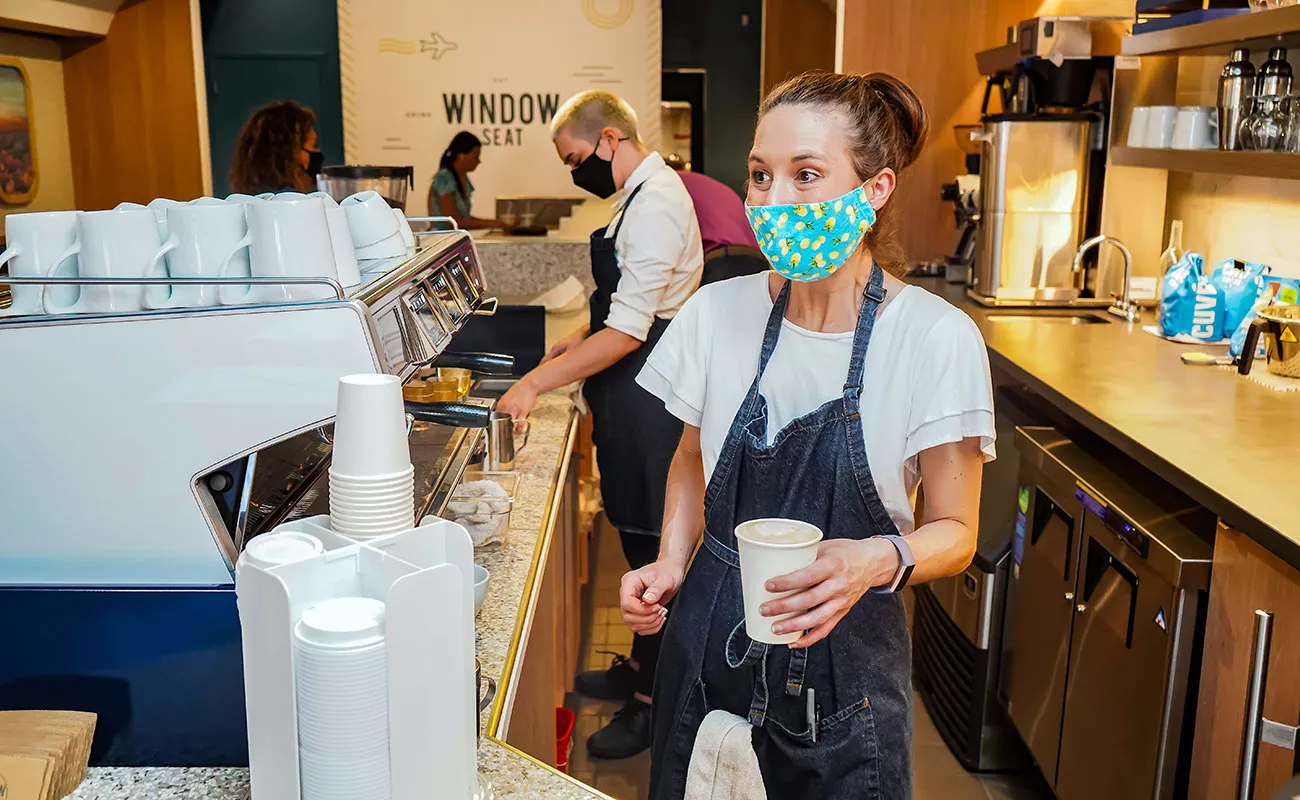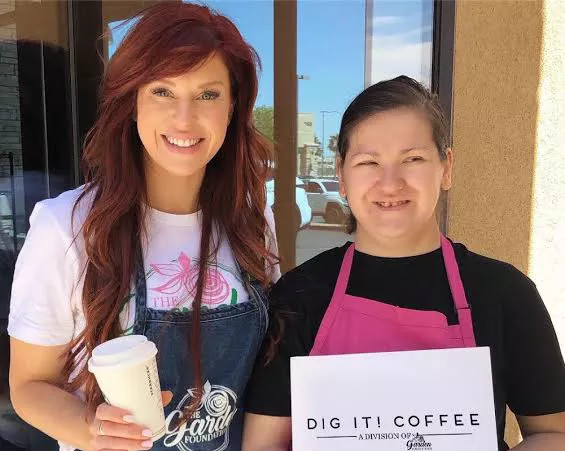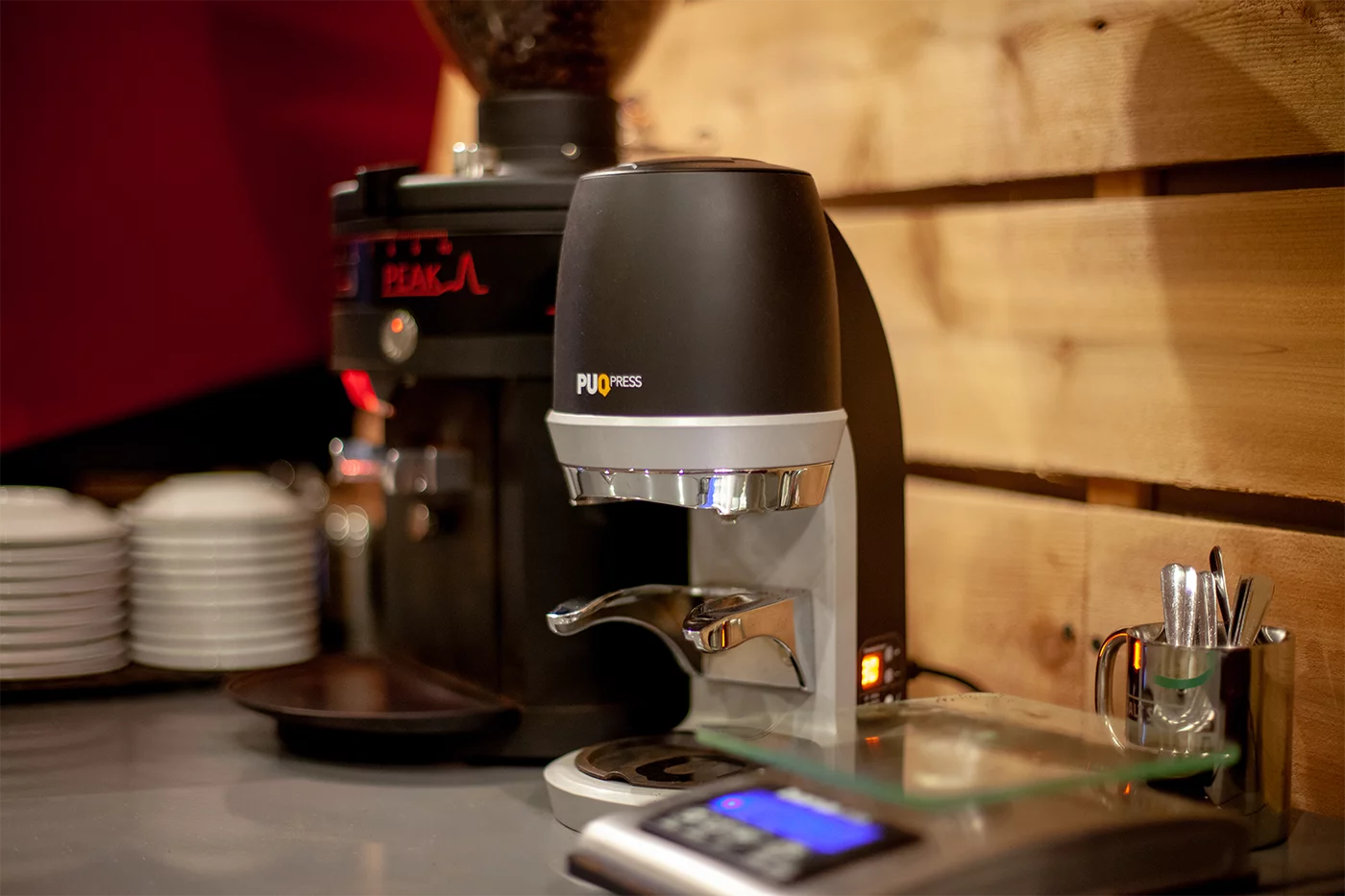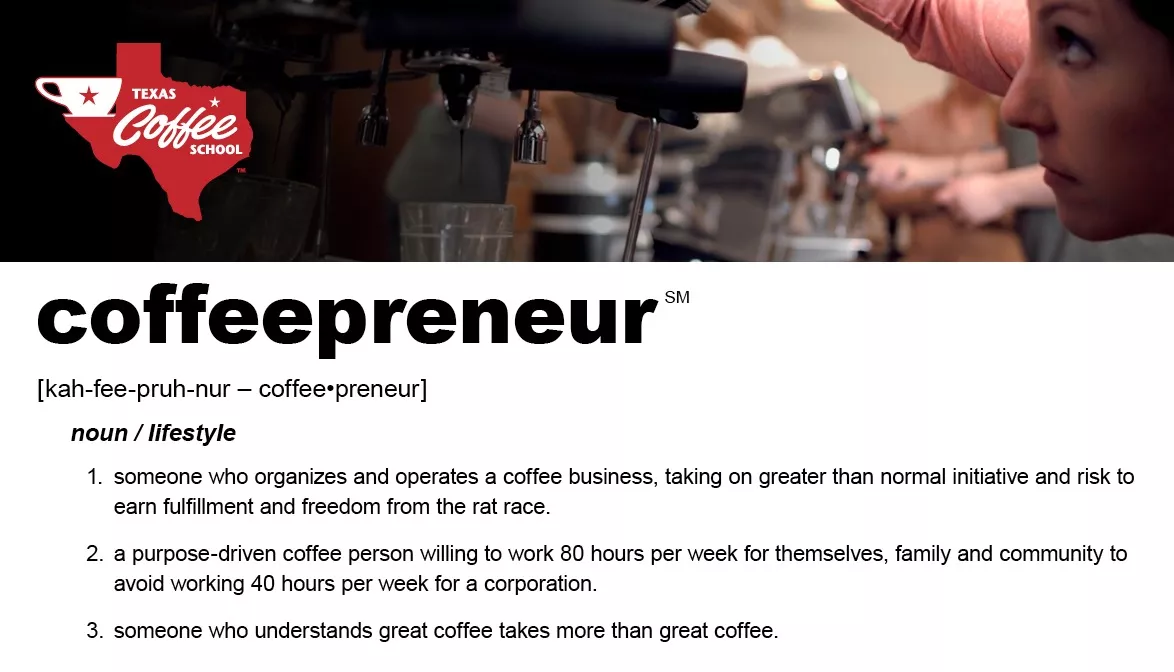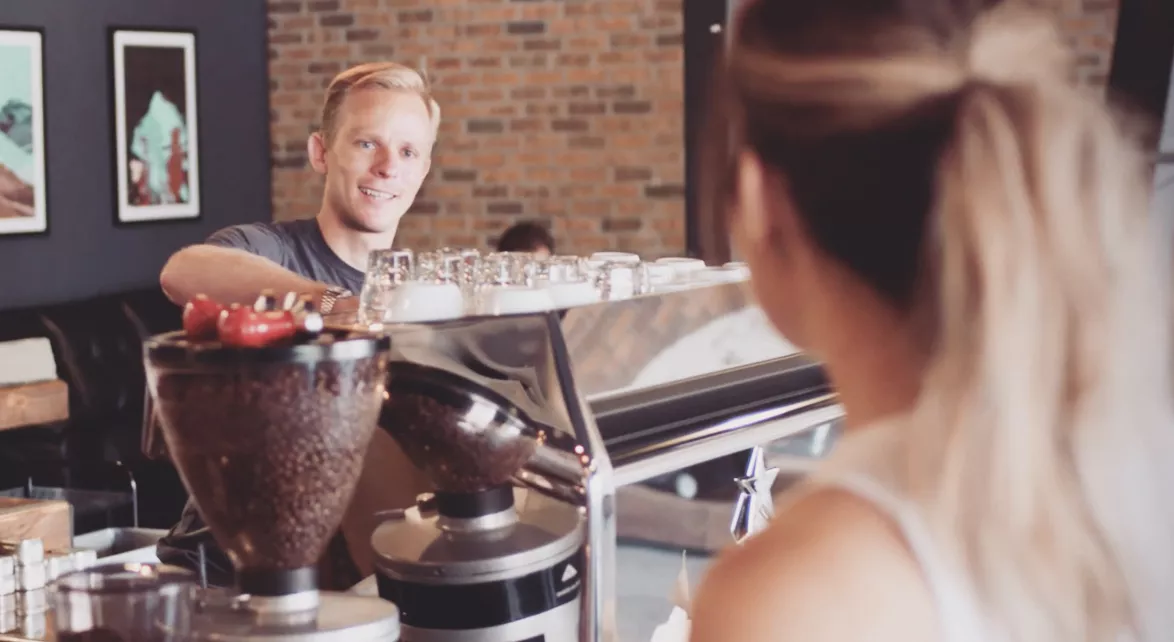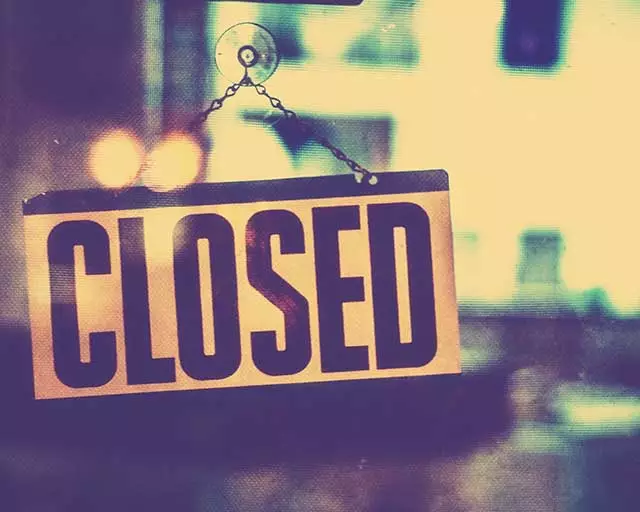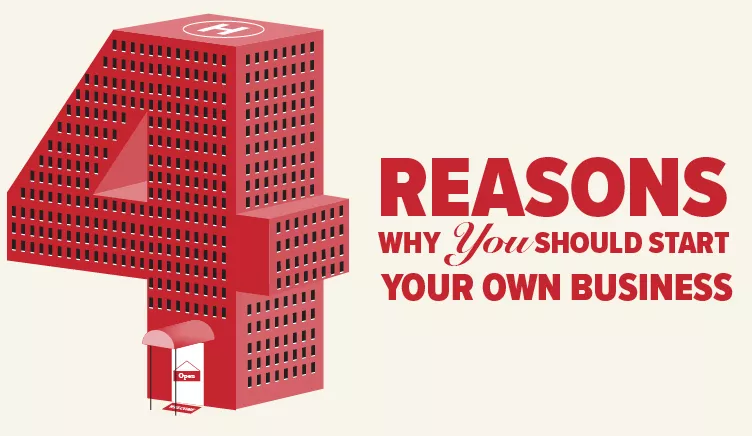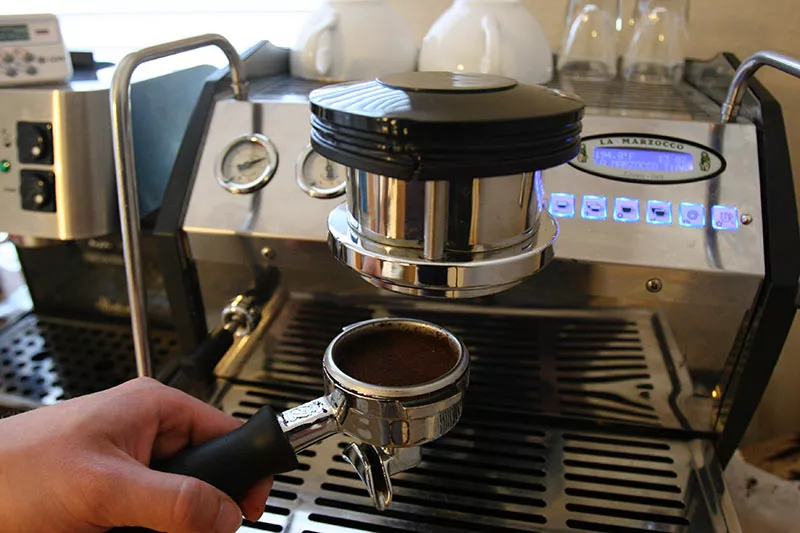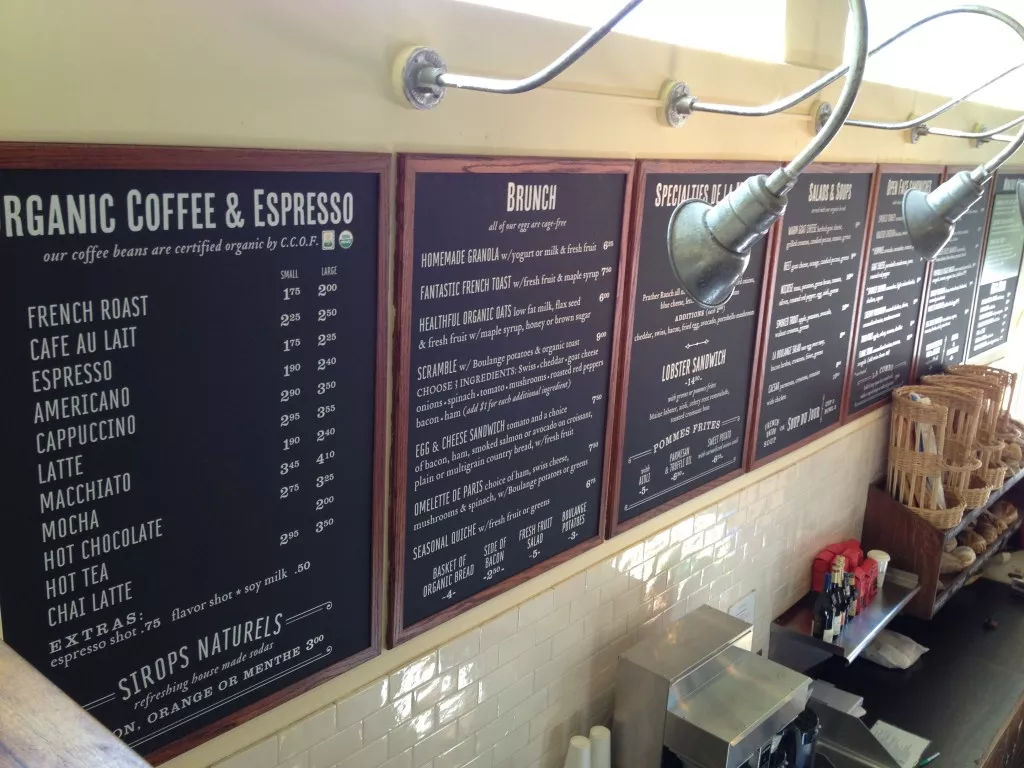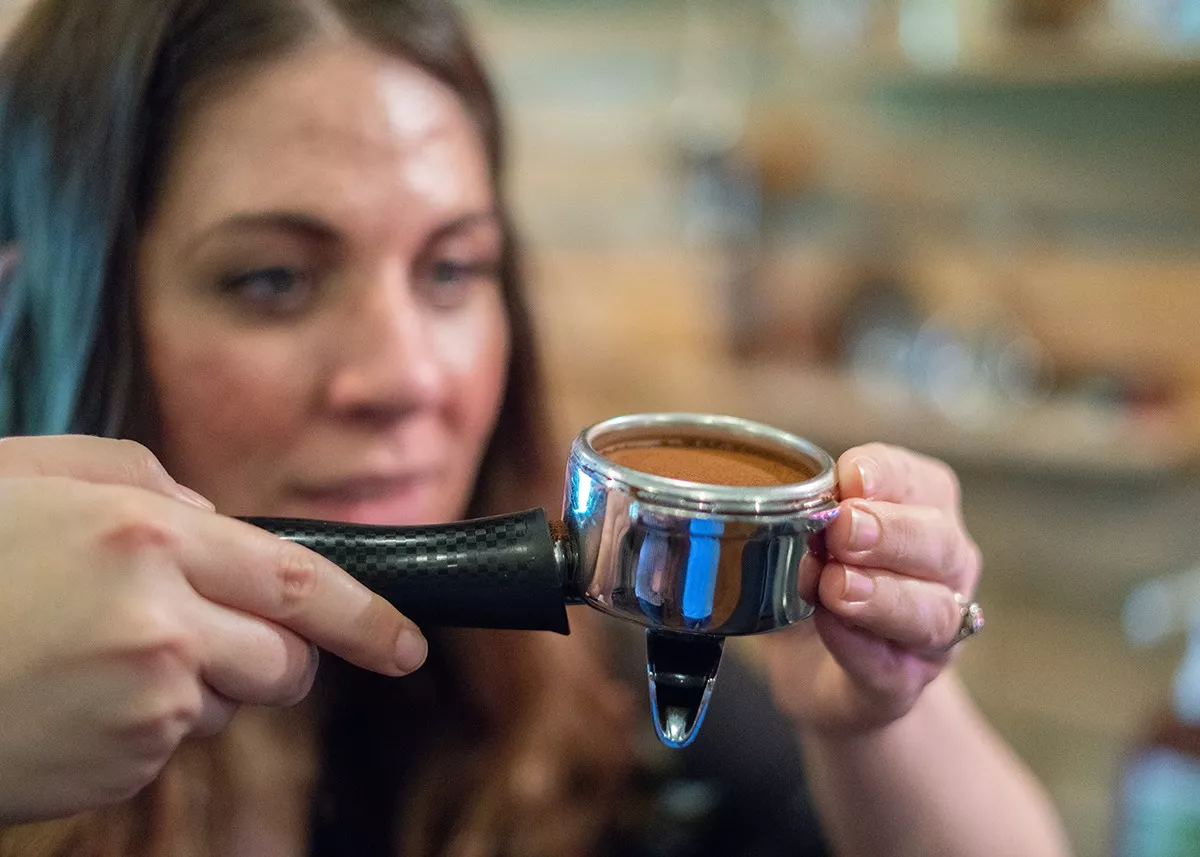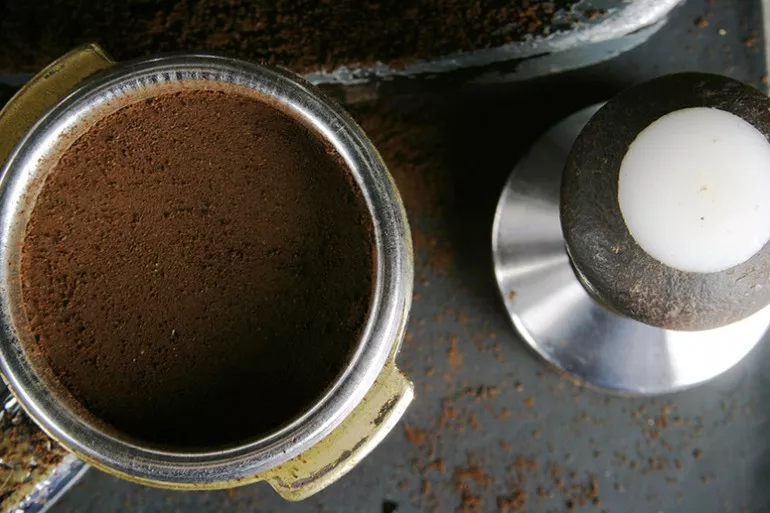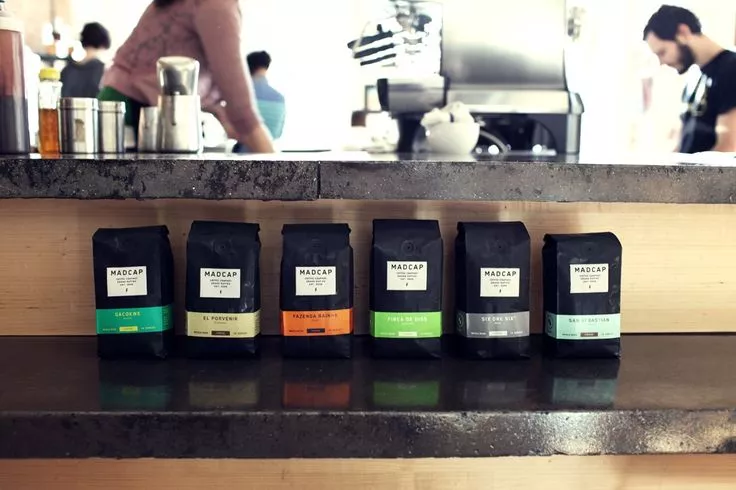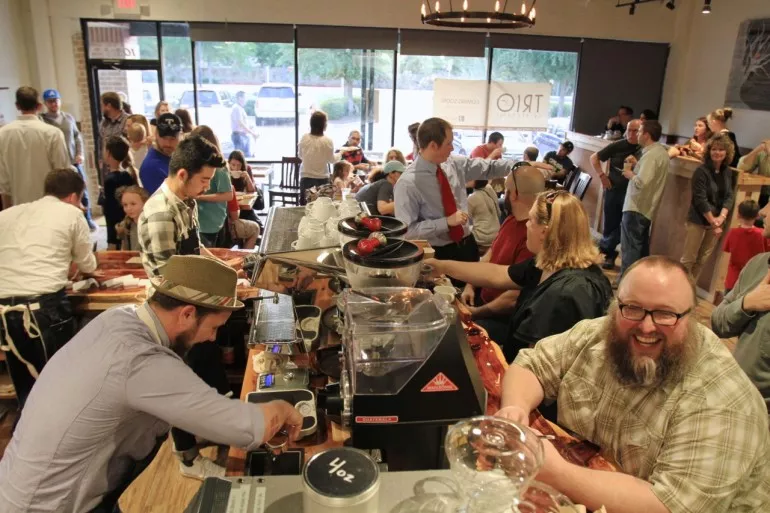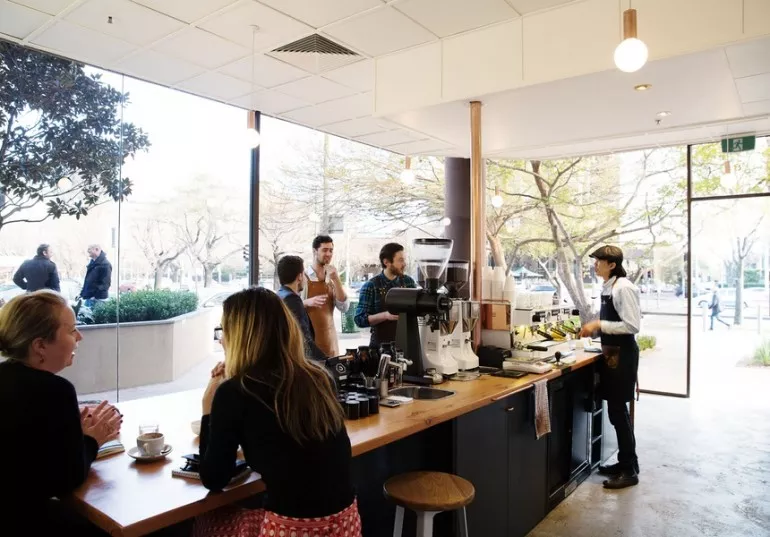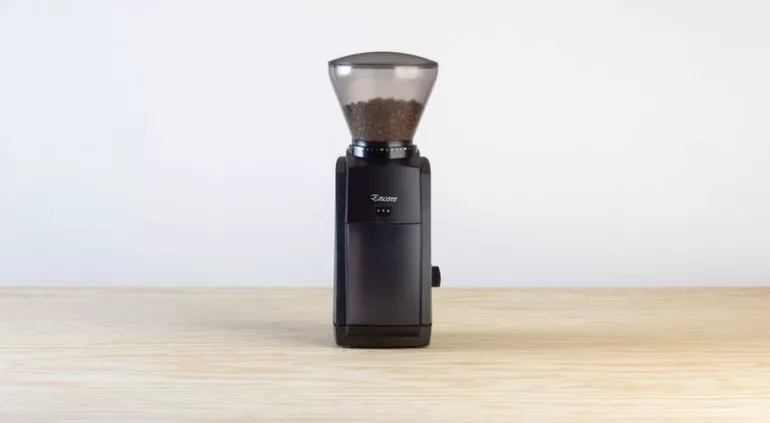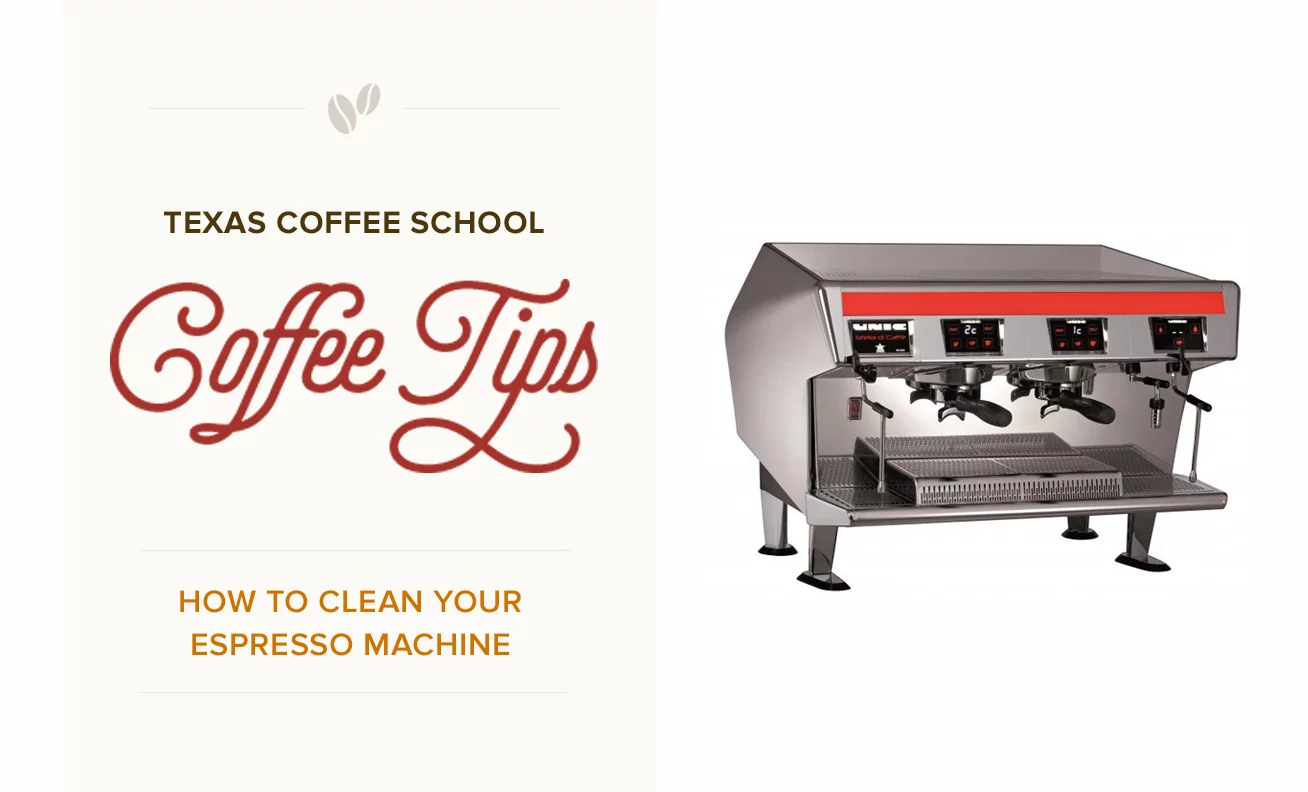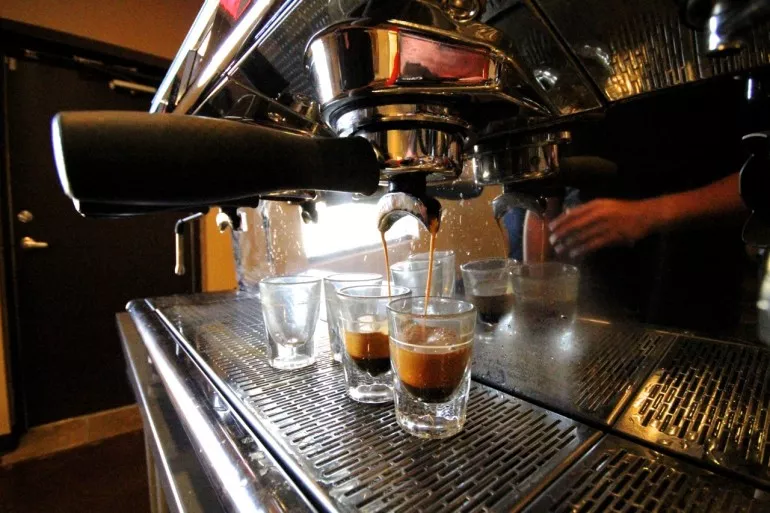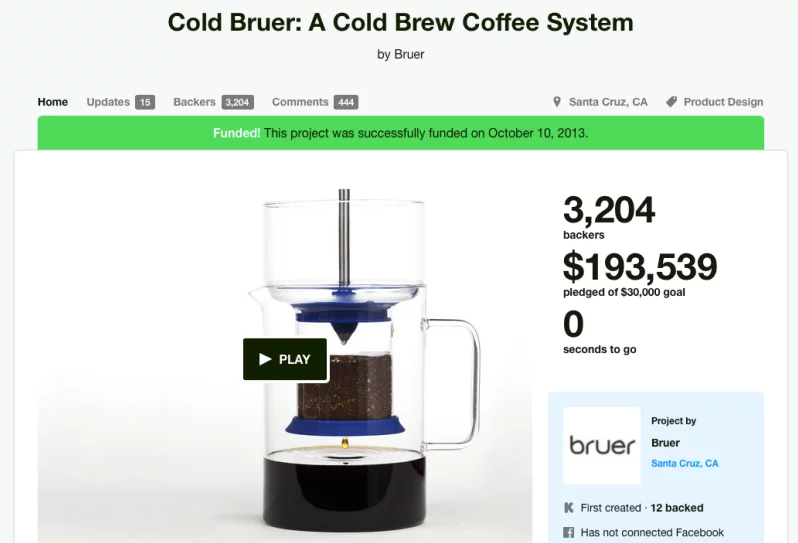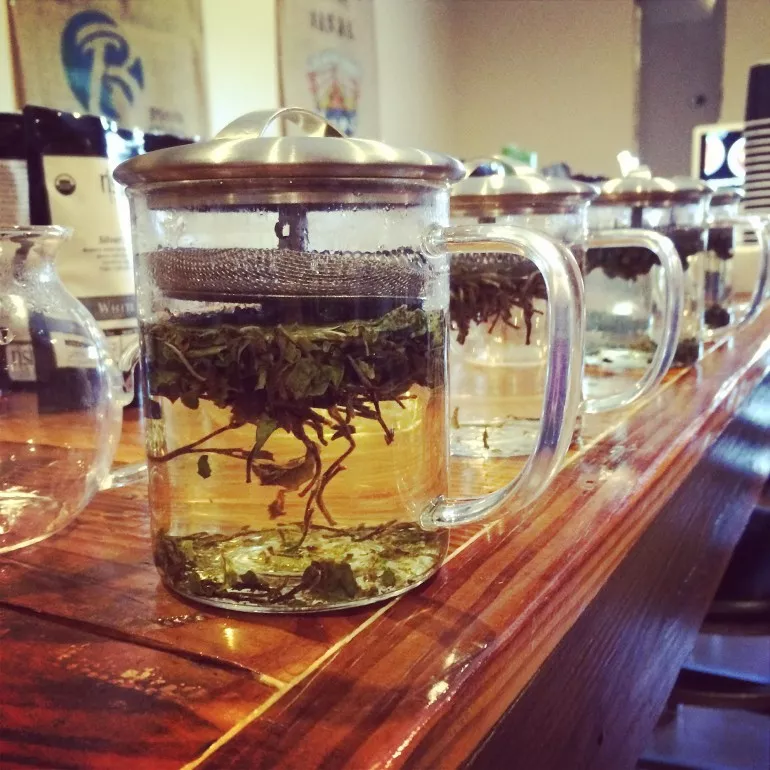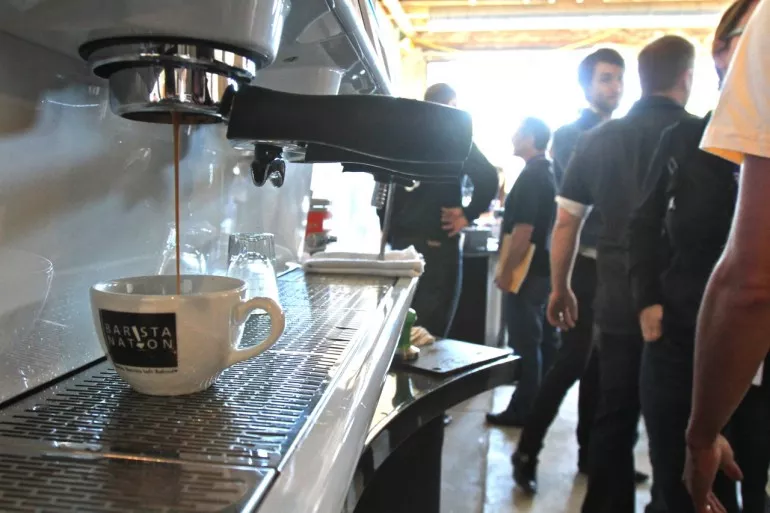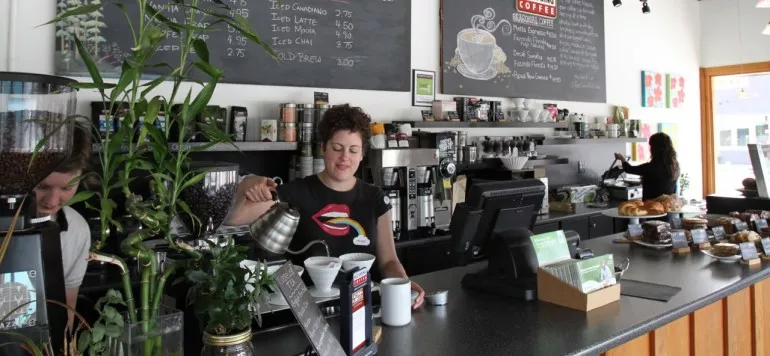
How to Write a Coffee Shop Business Plan
If your goal is to open a successful coffee shop, writing a business plan is a smart place to start. The idea of a business plan is overwhelming and even scary for MOST people – But it doesn’t have to be. To put it simply, the point of a business plan is to get the idea for your business off of the cocktail napkin into a more organized and thought out format. It forces you to ask yourself some tough questions, get organized and think things through before you spend the first dollar.
The first phase of writing a coffee shop business plan is figuring out if your business concept is even remotely viable. Meaning, is there even a market for this? Then after some high level analysis of some key points of research, if it seems plausible, you move into the second phase which is compiling all the costs associated with launching the business. This will include things like rent, equipment, buildout, and so on. After you have figured out what it will cost to launch the business, you need to figure out how long it will take to get the your initial start-up investment back out of the business. Finally, you need to figure out what the next steps are for growing the business once it has become profitable.
This is an essential document if you seek financing or outside investment in your coffee shop business. Again, it doesn’t have to be difficult, you just need to know what the lenders and investors are looking for. To write a coffee shop business plan just follow this step-by-step template.
7 Essential Elements in a Coffee Shop Business Plan
1: Executive Summary
The executive summary is the introduction to your business plan. It highlights the most essential elements of your plan in a clear, concise manner–it shouldn’t take more than two pages. Using positive language, this section may summarize your goals and objectives, a description of the gap you’re filling in the market, and your high-level business concept. You want the person reading this section to have enough information to feel optimistic about your idea and eager to dive deeper into the details.
Even though this is the first section in your business plan, it might serve you to write it last. It needs to be refined and polished, as it can be the make-or-break section for potential stakeholders. You’ll be able to more effectively prioritize and bring to light the best parts of your business plan once you’ve written all of them out.
2: Company Summary
The company summary section of your coffee shop business plan features a nuts-and-bolts description of your company and explains the concept in depth, and what will make it disruptive and different from every other coffee shop. Include the following:
- Proposed name of the coffee shop
- Owners’ names
- Location (it may just be a city and state for now)
- Mission and Vision
- Company history (Any information that describes events that led up to the idea for the business)
- Overall unique and differentiating concept (what sets it apart)
(Remember, anybody can have a great product or service. Meaning, anybody can start a coffee shop business and sell delicious coffee, pour beautiful latte art, and have an aesthetically pleasing interior design. At this point these factors are expected by consumers – They fall within the most basic consumer needs. Sadly, most coffee shop owners believe these are their major differentiating factors… Think about the last five coffee shops you’ve visited. They probably all offered around 95% the same user experience, menu, and messaging with slight twists on the aesthetics. You need to dig deeper. How will you set your business apart from all the rest? What will make your coffee business unique, disruptive, and special? Most importantly, how will you keep your coffee business fulfilling and relevant 2 years from now?)
3: Management Team Overview
The credibility of a new business always hinges upon the credibility of its management team. The goal of this section of your plan should be to impress upon the reader the trustworthiness and credibility of your team. Include information on the background and experience of each member, and highlight their main accomplishments in this (or related) businesses up to this point in their careers.
4: Product and Customer Targeting Strategy
Every coffee shop serves a slightly different group of people. Who are YOUR people? Men. Women. Anyone who drinks coffee? This would be way too general! You first need to know your unique selling proposition that sets you coffee shop apart. (It isn’t having great coffee! Everybody in the coffee business says they have great coffee.) You need a unique point of view where you can plant your flag in the ground to differentiate from other coffee businesses. Then you need to identify who specifically will align most with your concept, vision, and unique point of view. (YOUR people, also known as a target audience.)
How will you reach your target audience? How will you influence their buying behaviors? What is your marketing budget? (For more information on identifying your ideal customer, read our post here.)
5. Store Design Ideas, Equipment Choices, and User Experience
In this section, describe not only the design choices and aesthetic of your cafe, but go into detail about your disruptive and unique user experience too. Make sure the environment and user experience directly tie into your business concept and the aspects that make it unique and disruptive. Think about how customers can interact with your environment, products, and staff differently than every other coffee shop. How will it stand out? (Here’s a tip. Don’t look for your inspiration inside the 4 walls of the specialty coffee industry. Dare to be different. We suggest looking for inspiration in unlikely and unrelated places.)
These are topics we discuss in great depth in our 3-Day Coffee Business Master Class and our How to Open a Coffee Shop Online Class, we also provide sample coffee shop floor plans, equipment lists, and guide students through creating coffee shop concepts with staying power. Check out our class schedule to learn more.
6: Proposed Location and Market Analysis
Successful coffee shop owners know that location is especially important in this business. One major point to consider is that it takes more than just finding a location near a major thoroughfare, business park, residential area or shopping center. You need to make sure the “soil is fertile” with YOUR specific target customers that will actually support your coffee shop business concept. Propose a handful of specific locations that are rich with your ideal customers. Also, do some research into factors such as market size, the area’s projected growth over the next 5, to 10 years, drive-by-traffic, and walk-by traffic.
(For more information on finding the right location for your market, read our post here.)
7: Financial Plan
A successful business start up is one that is able to ramp up sales fairly quickly, with the goal of bringing in more revenue than it requires to keep the business running. In other words, it needs to be able to turn a profit. This is what your financial plan can help you determine.
Sit down with a good spreadsheet software program and make educated but slightly conservative estimations on factors like:
- Estimated number of transactions per day
- Projected average $ transaction
- Estimated gross sales per day, week, month, and year
- Start-up budget based on your location’s estimated earning potential
- Operating budget including fixed expenses and prime costs
- Projected net profit after all expenses have come out
- Return on start-up investment timeline
- 5 Year growth strategy
This is one of the most critically important aspects of writing a coffee shop business plan. We teach our students a very detailed and easy to grasp process for how to project all of the above financial bullet points of the business plan and a lot more in our 3-Day Coffee Business Master Class and our How to Open a Coffee Shop Online Class. We also provide a coffee shop 5 year financial plan template and budgeting spreadsheets. Since we have helped so many students open successful coffee shops over the years, this is something we have a lot of hard data on – not just vague industry averages! If you need help writing your coffee shop business plan, we help!
Write your coffee shop business plan with expert guidance
For many entrepreneurs, writing a business plan is the first step in putting their ideas into motion. For comprehensive, step-by-step training to open, manage, or own a coffee shop, register for our Texas Coffee School classes in person and online.

Register for a Coffee Class
The Best Coffee Training Available
We’ve helped hundreds of students successfully launch their own coffee shop businesses. Join us in our 5-Star Rated Coffee Classes, whether you’re an aspiring entrepreneur looking to open a coffee shop, a manager, a barista or home enthusiast looking to sharpen your skills.


